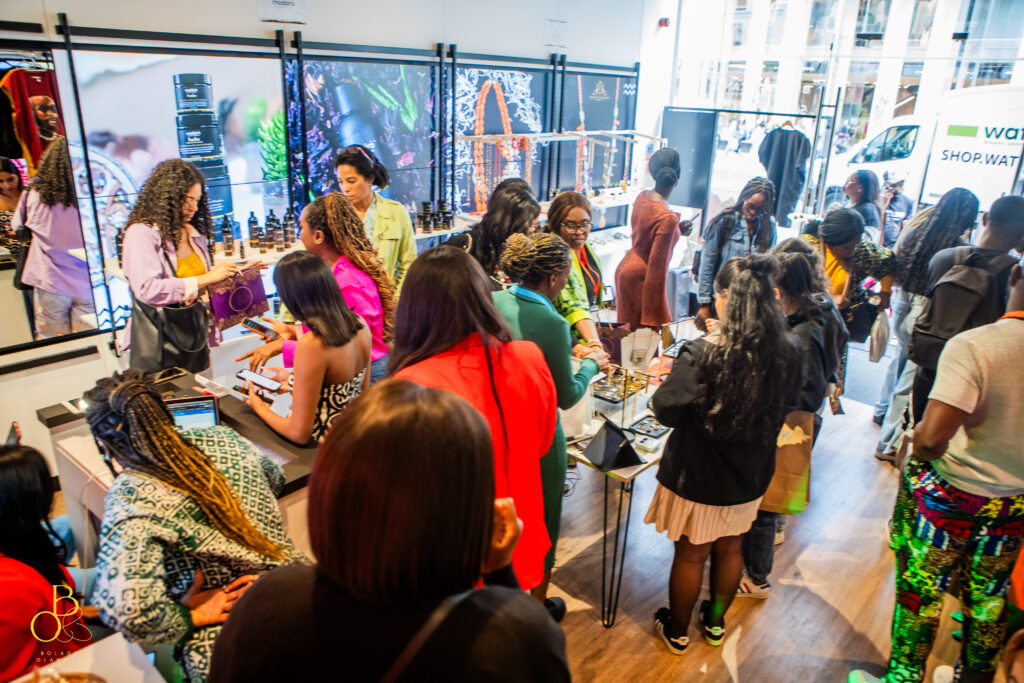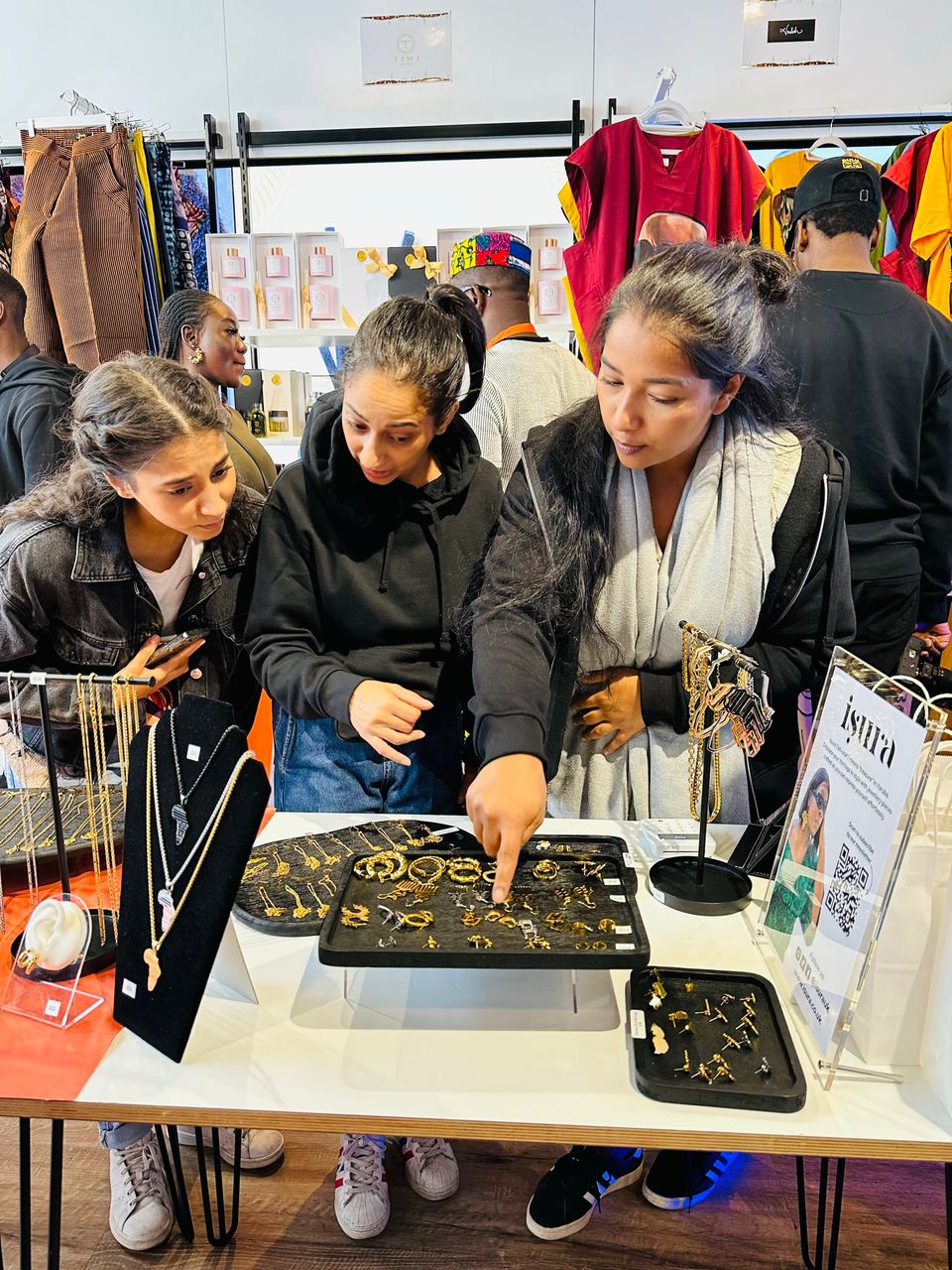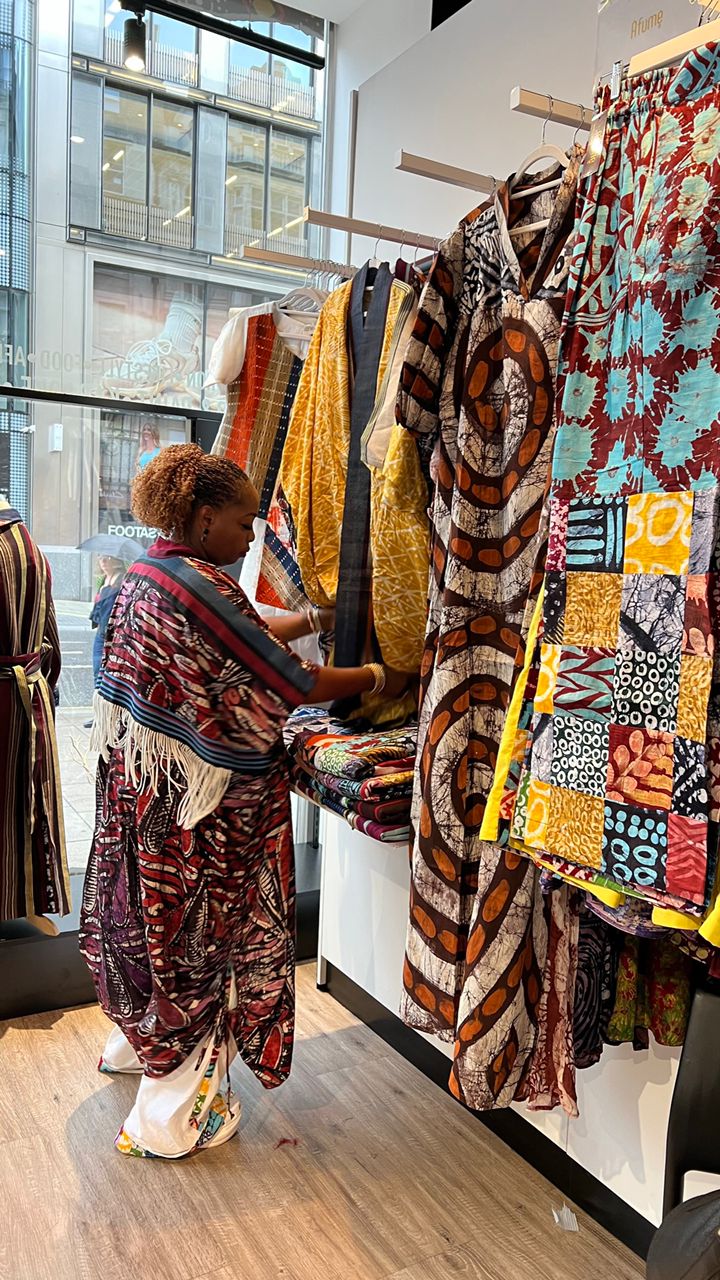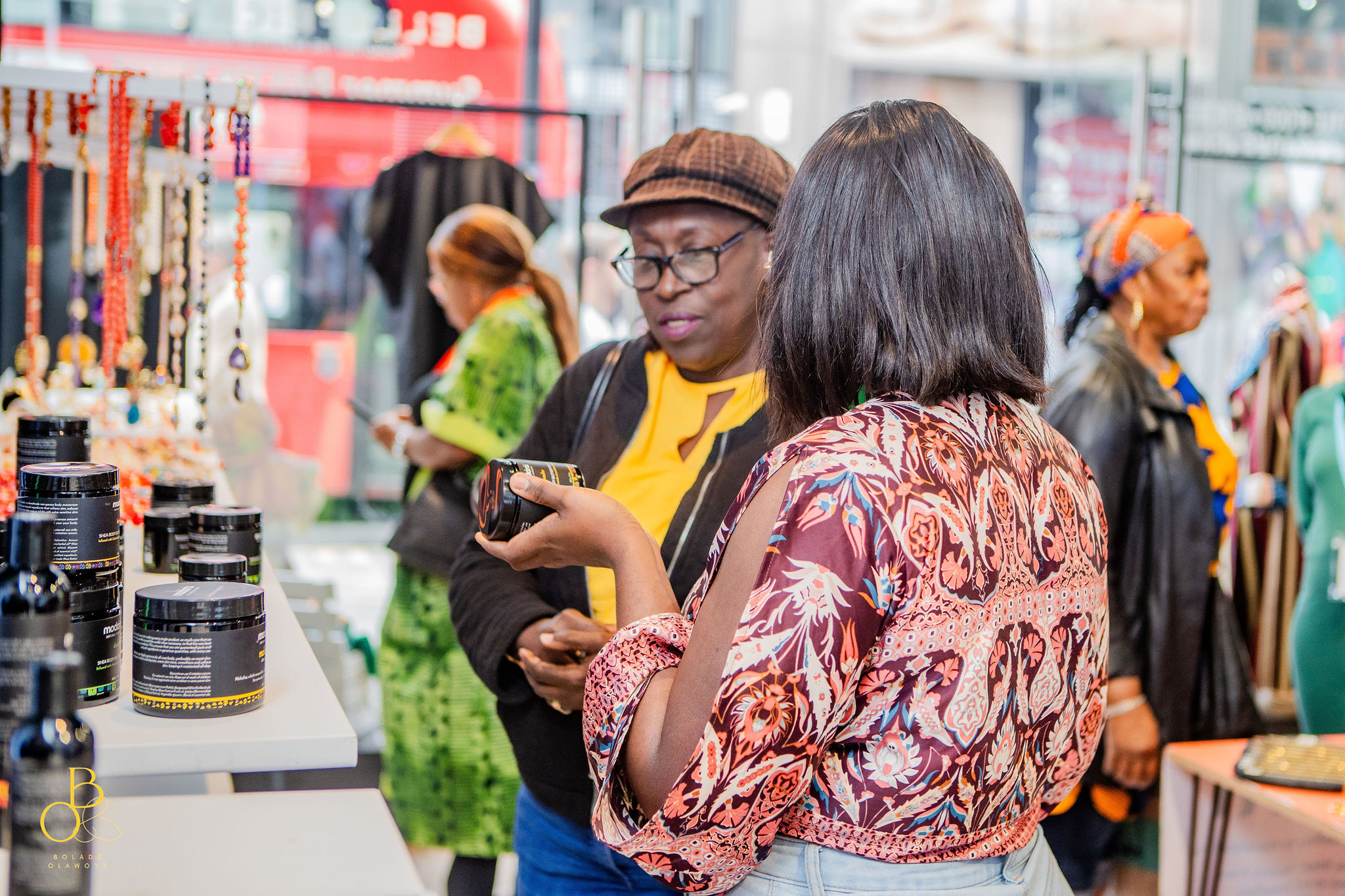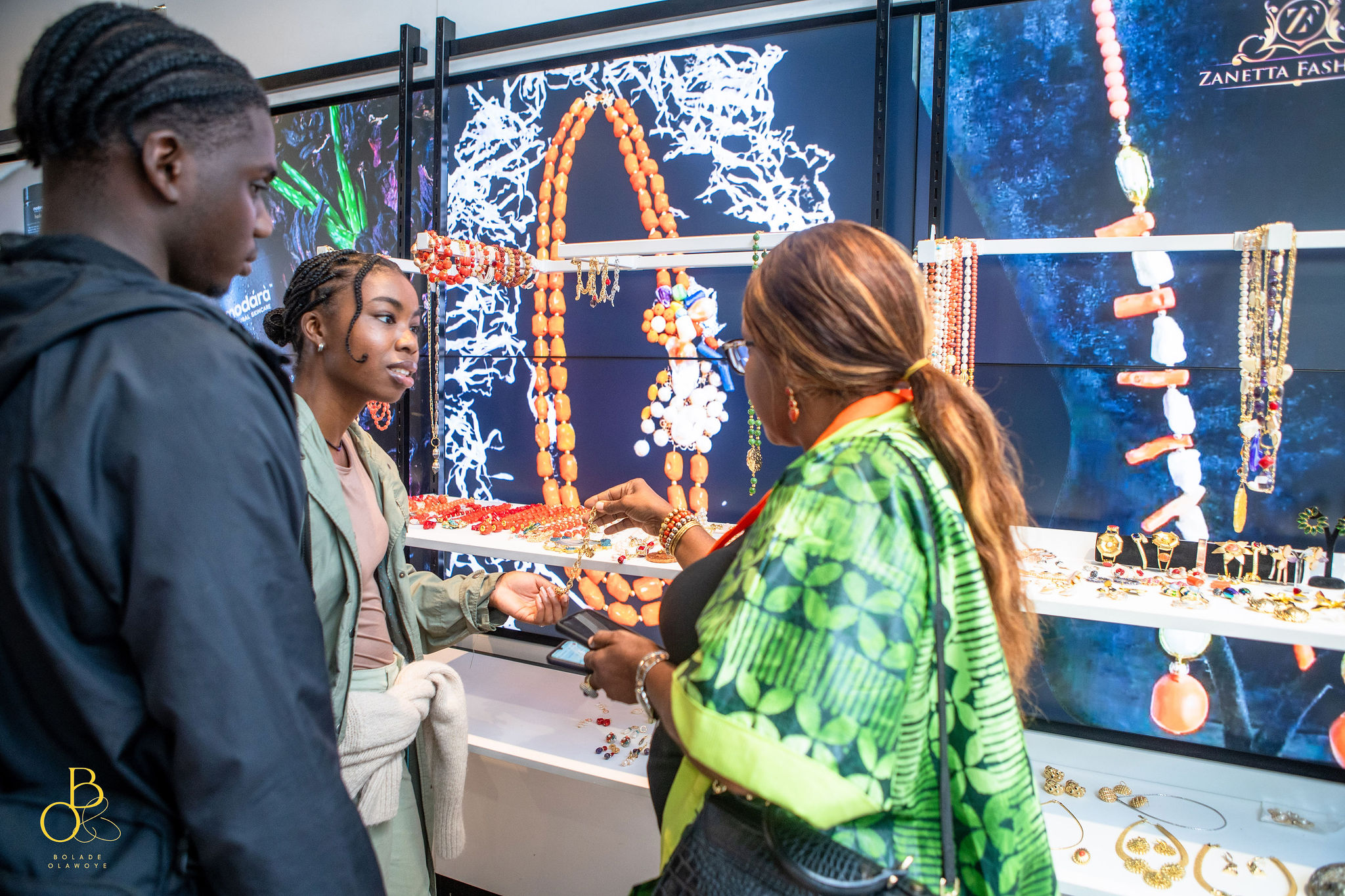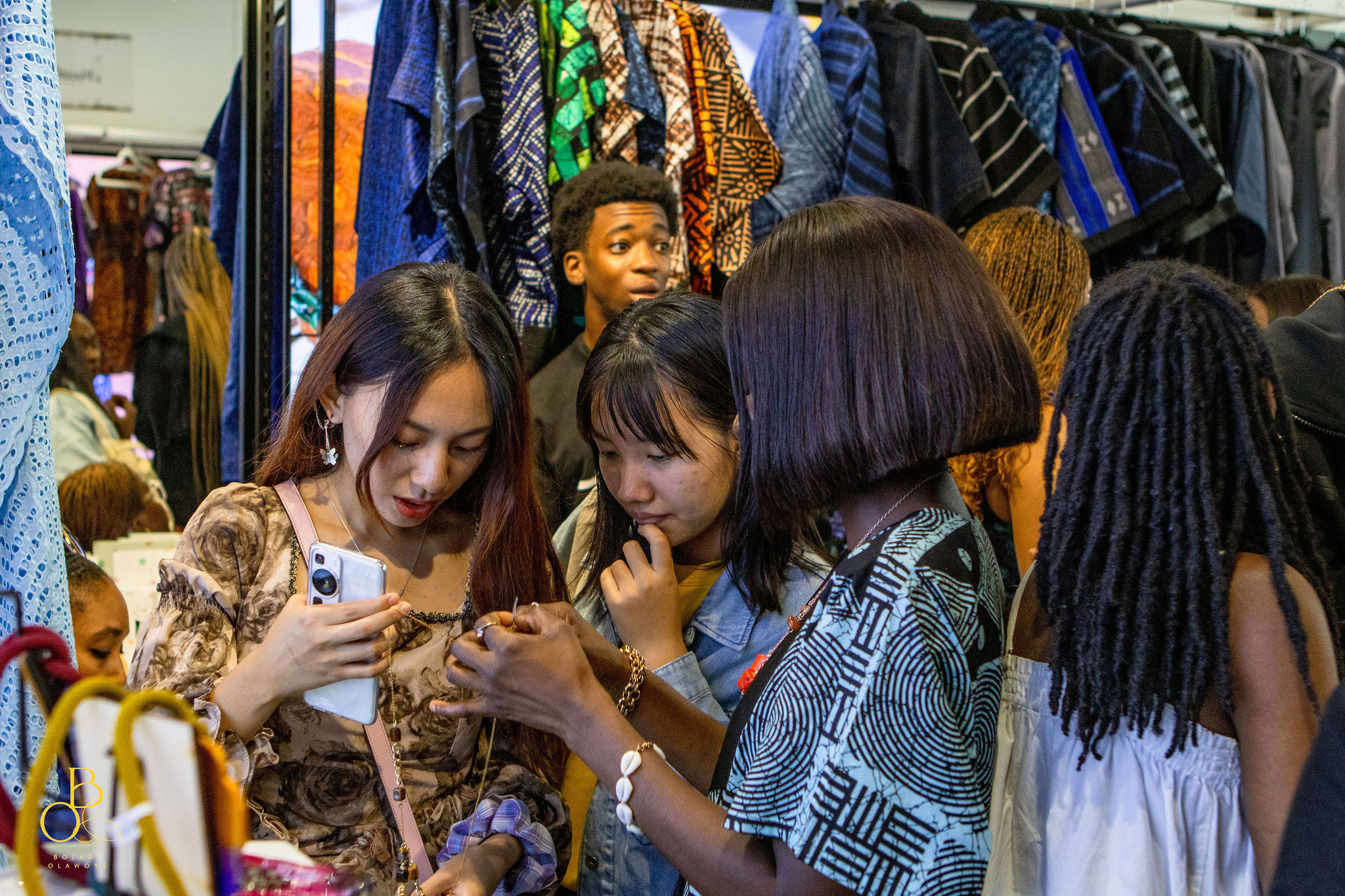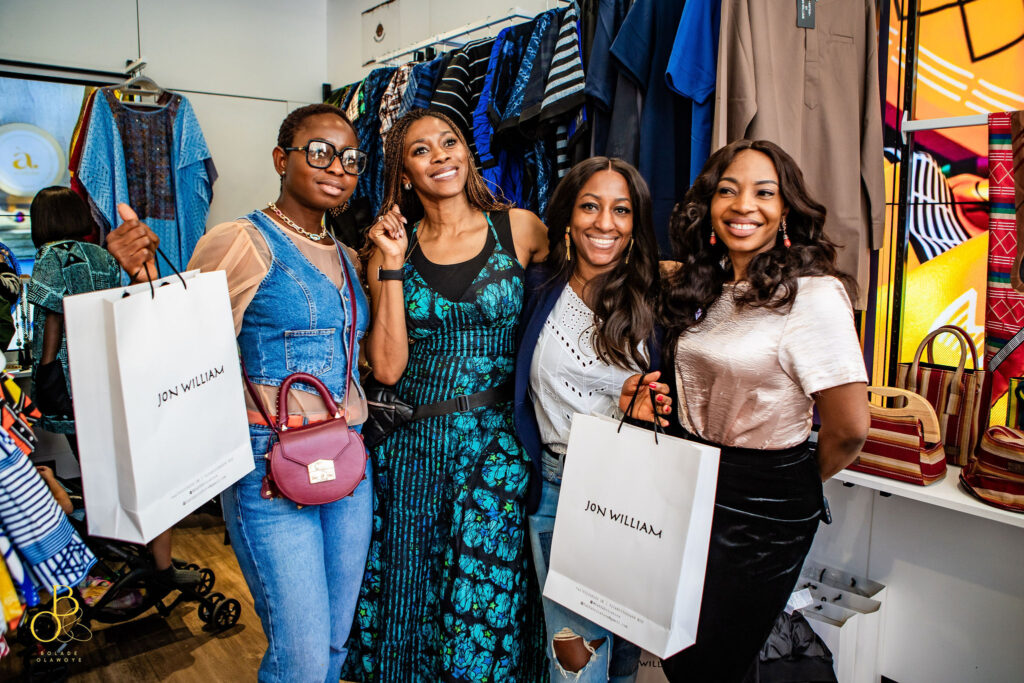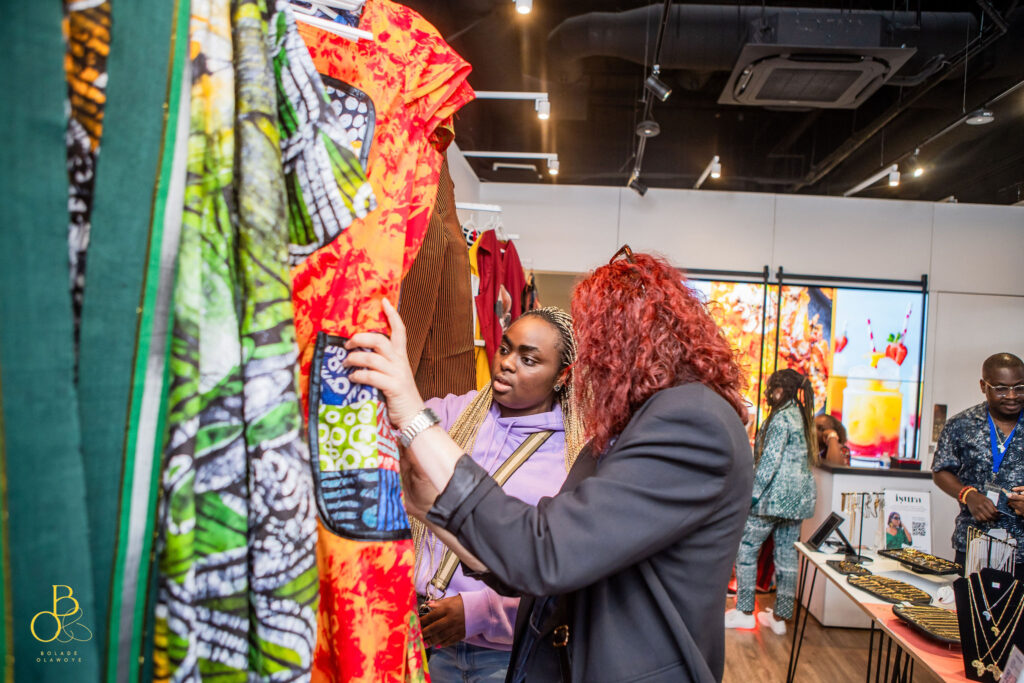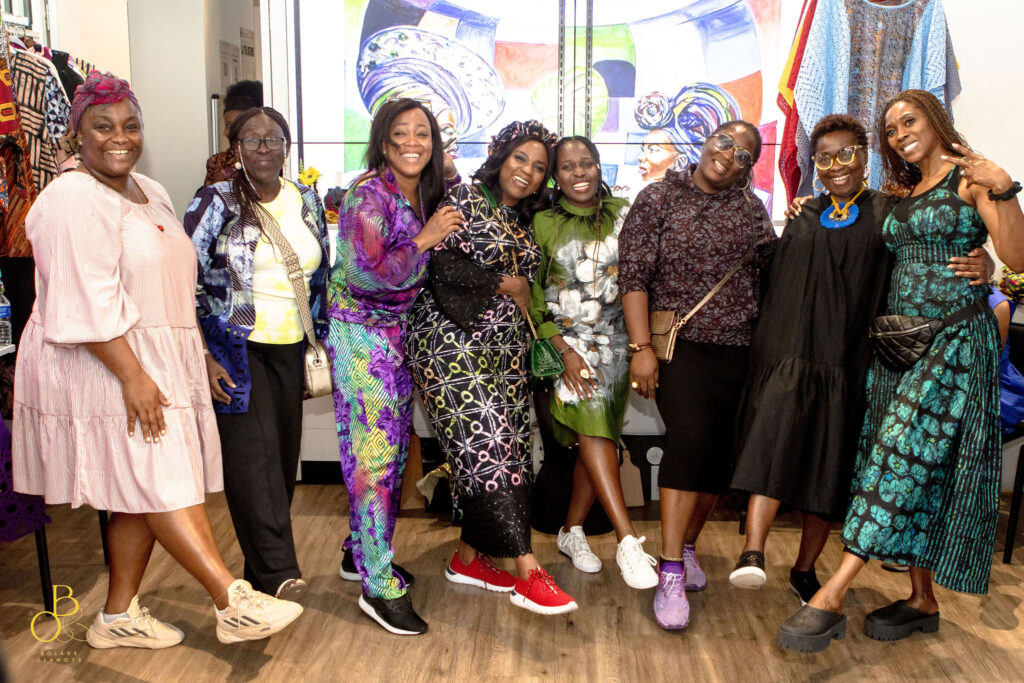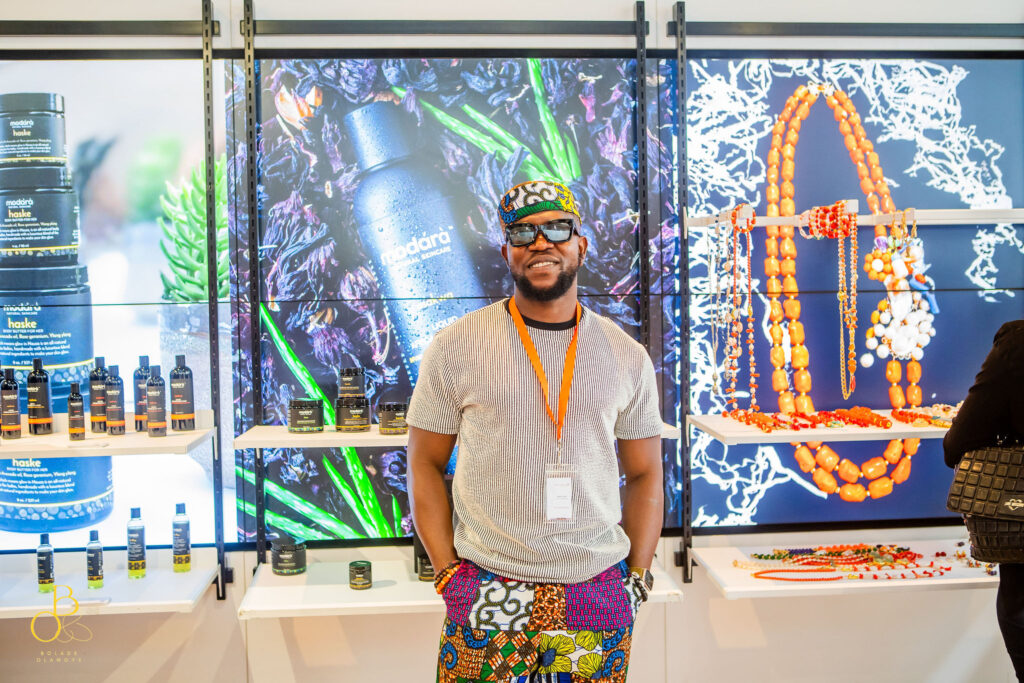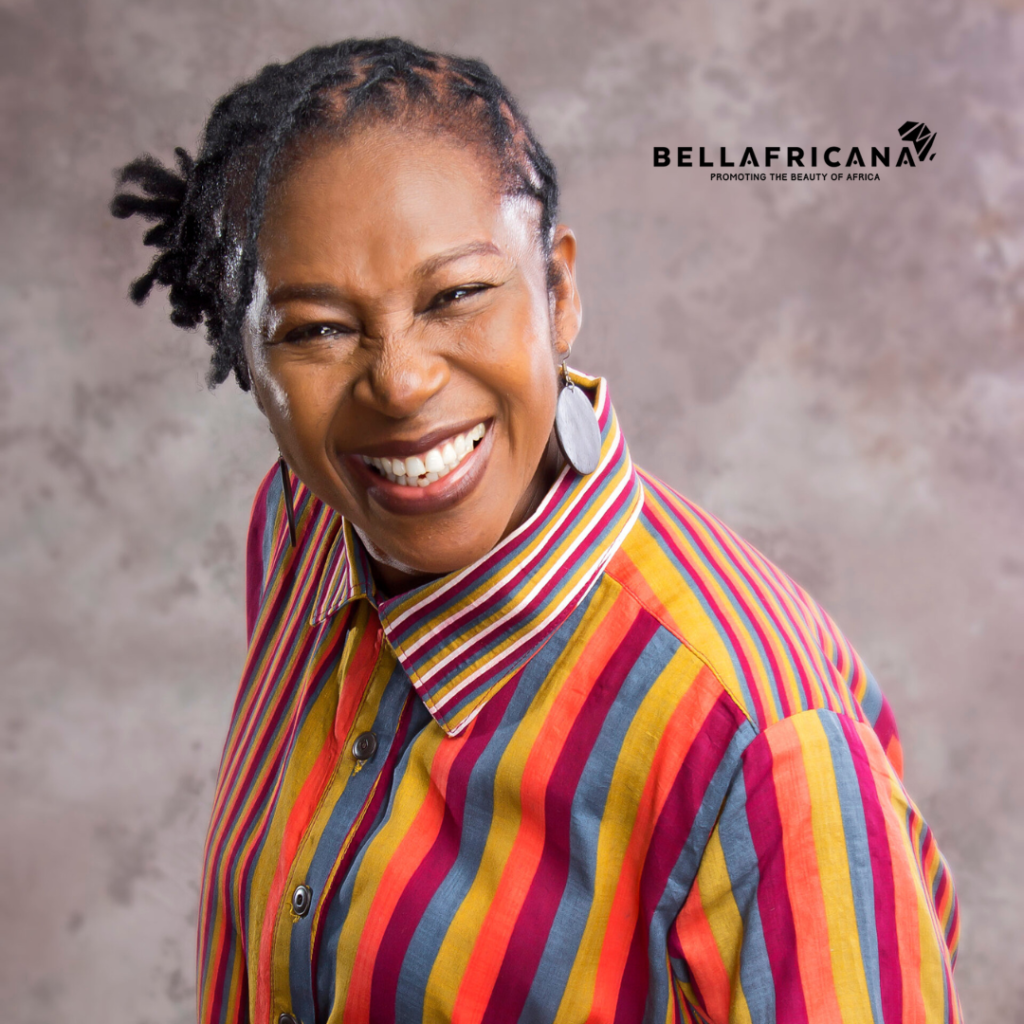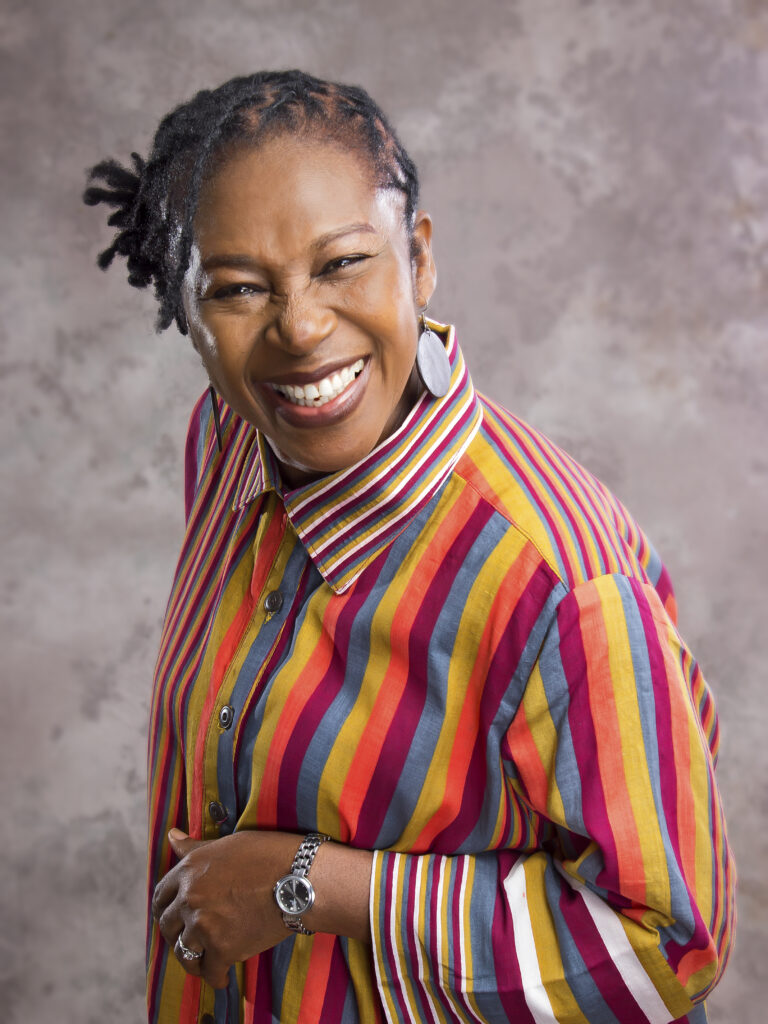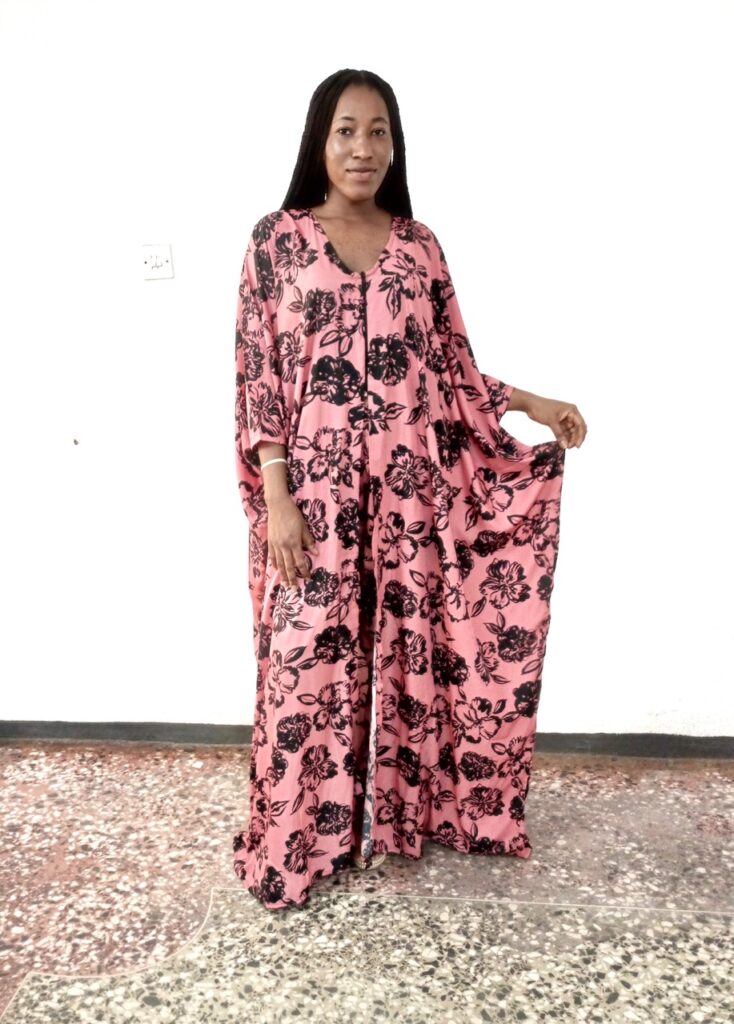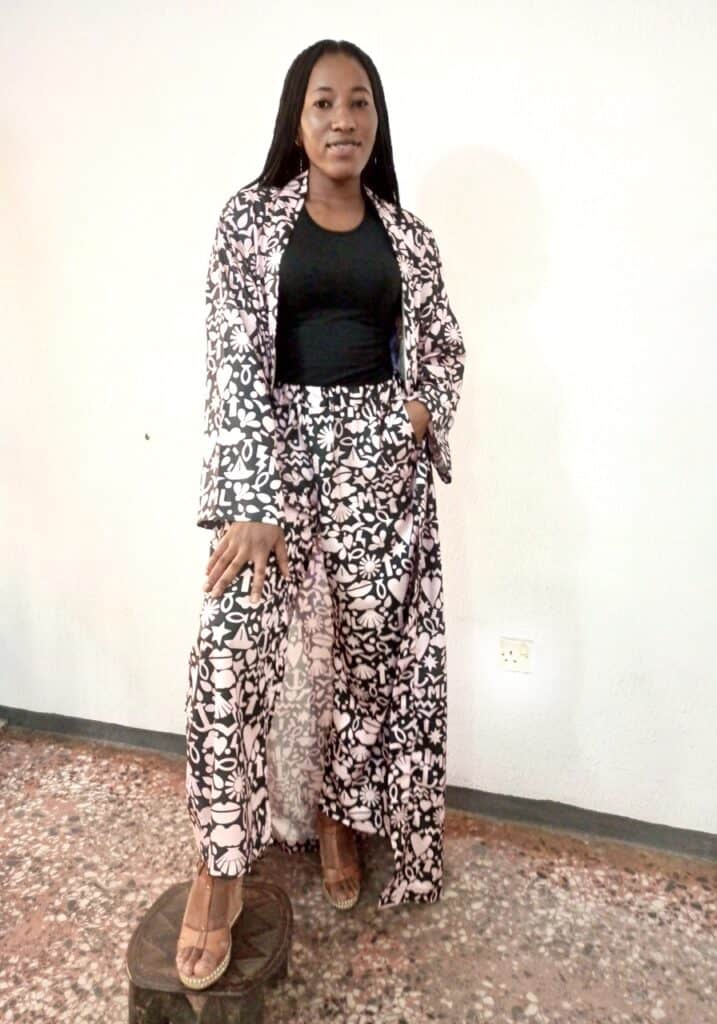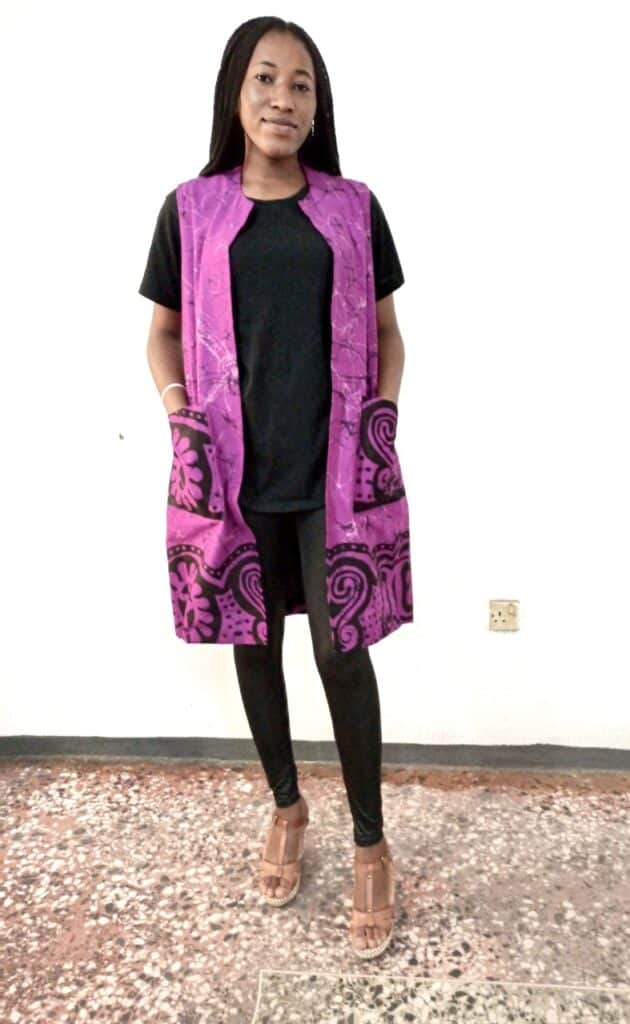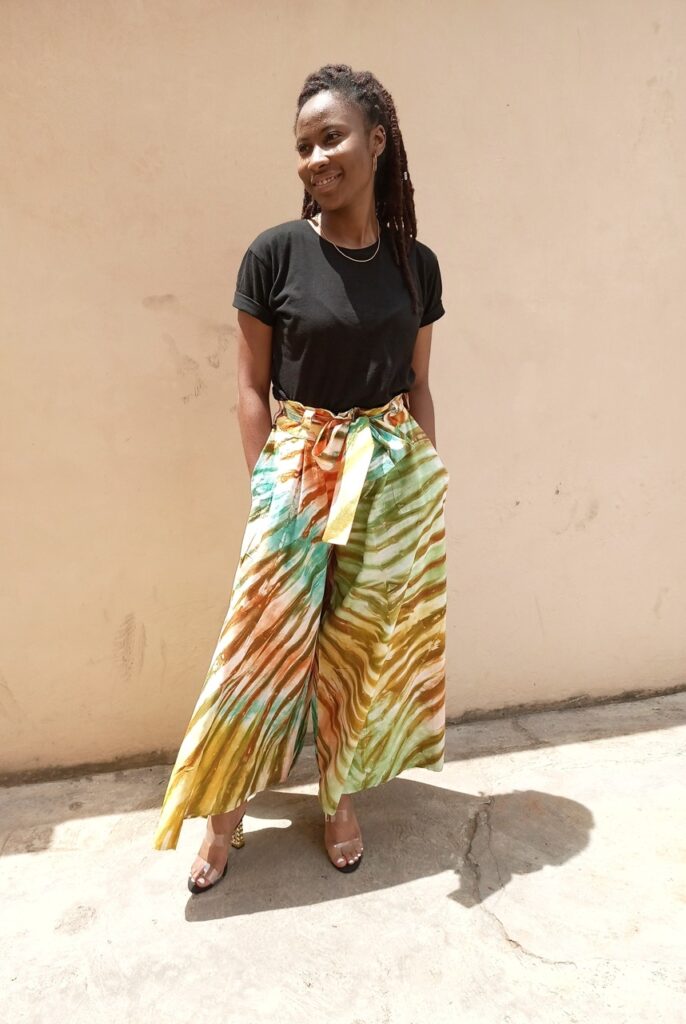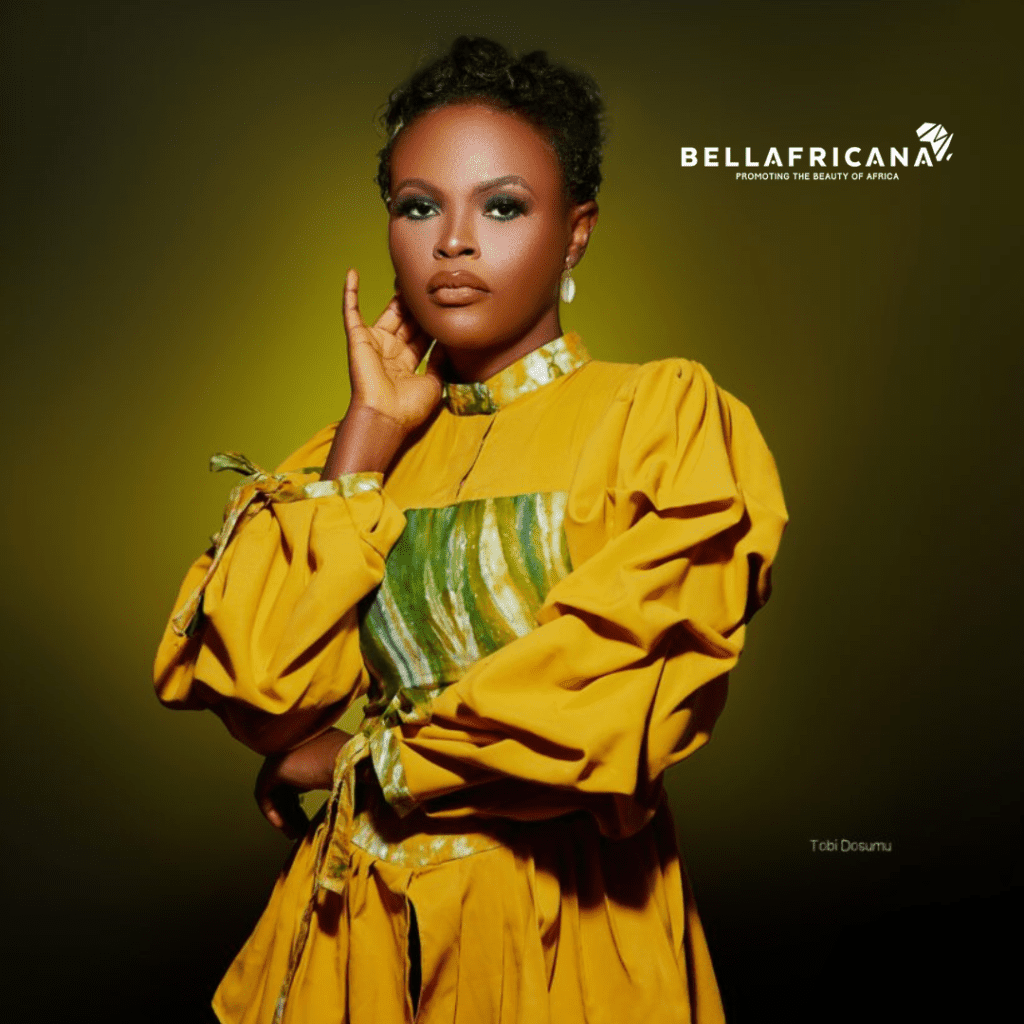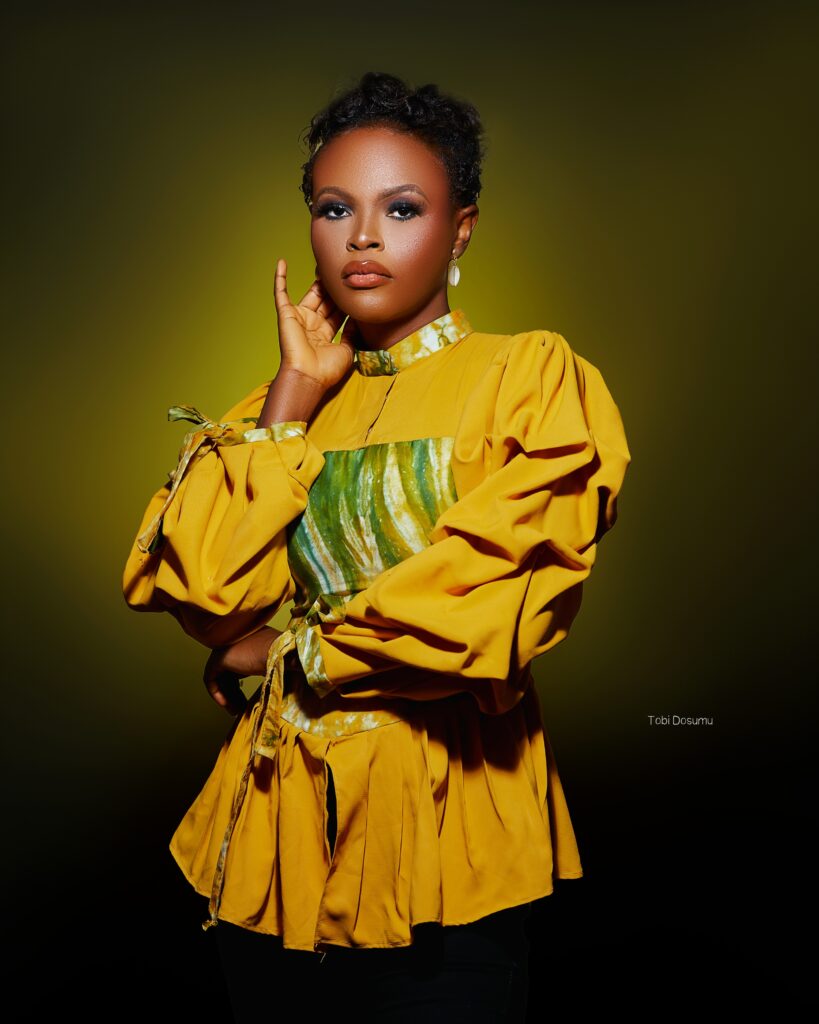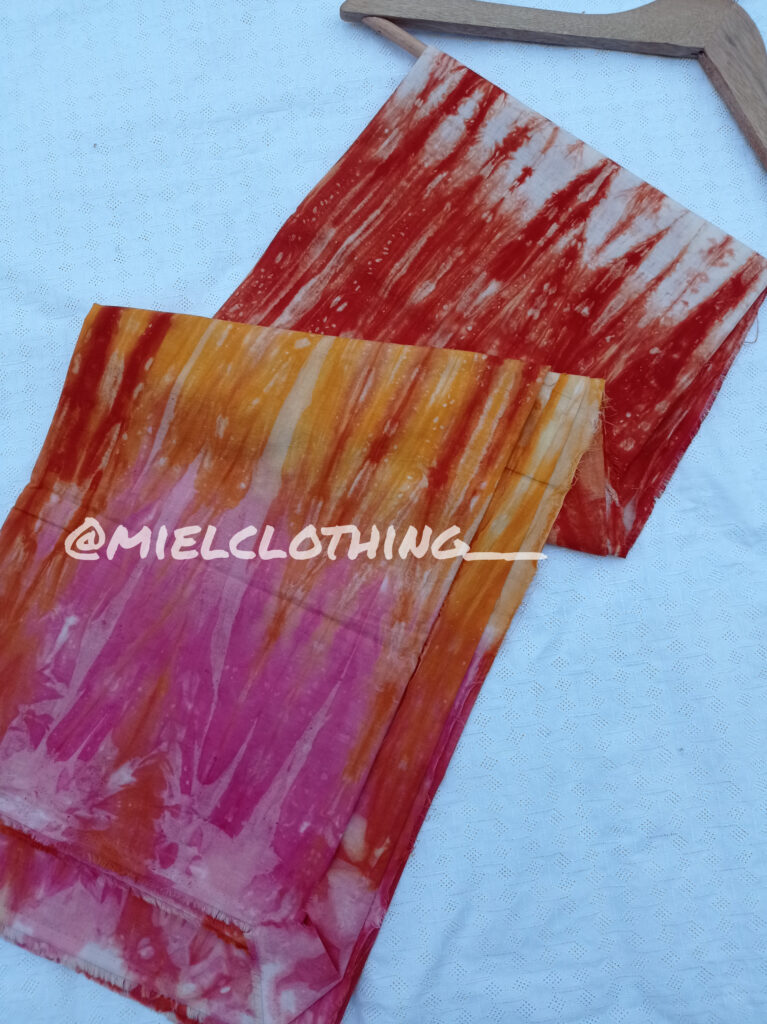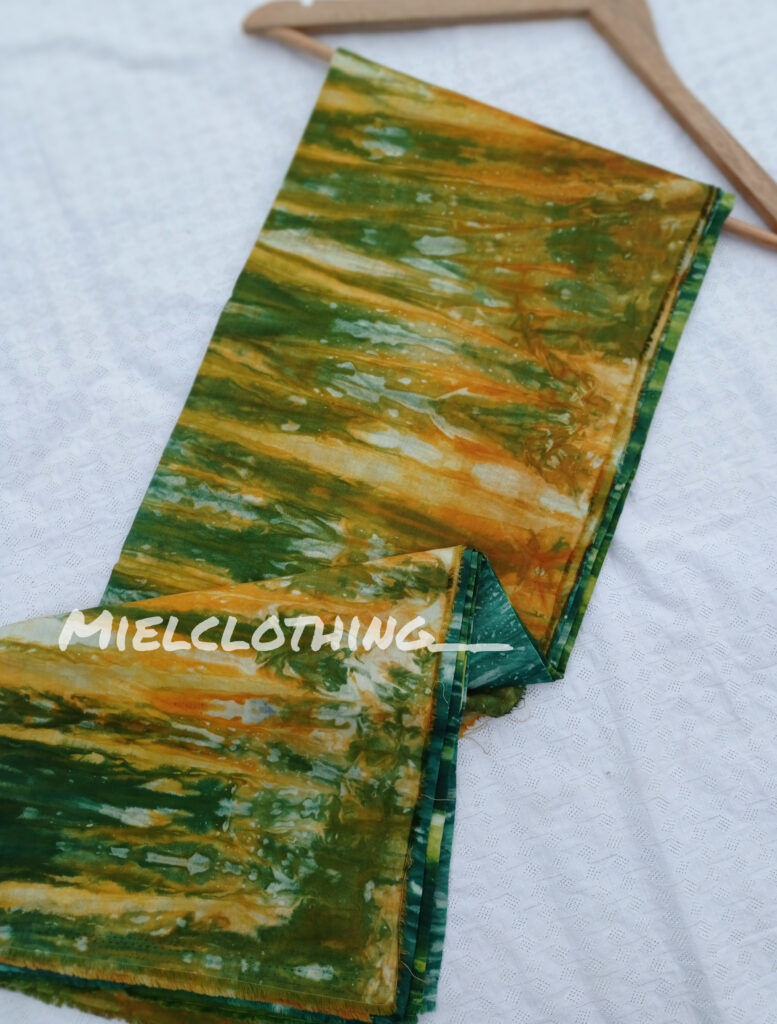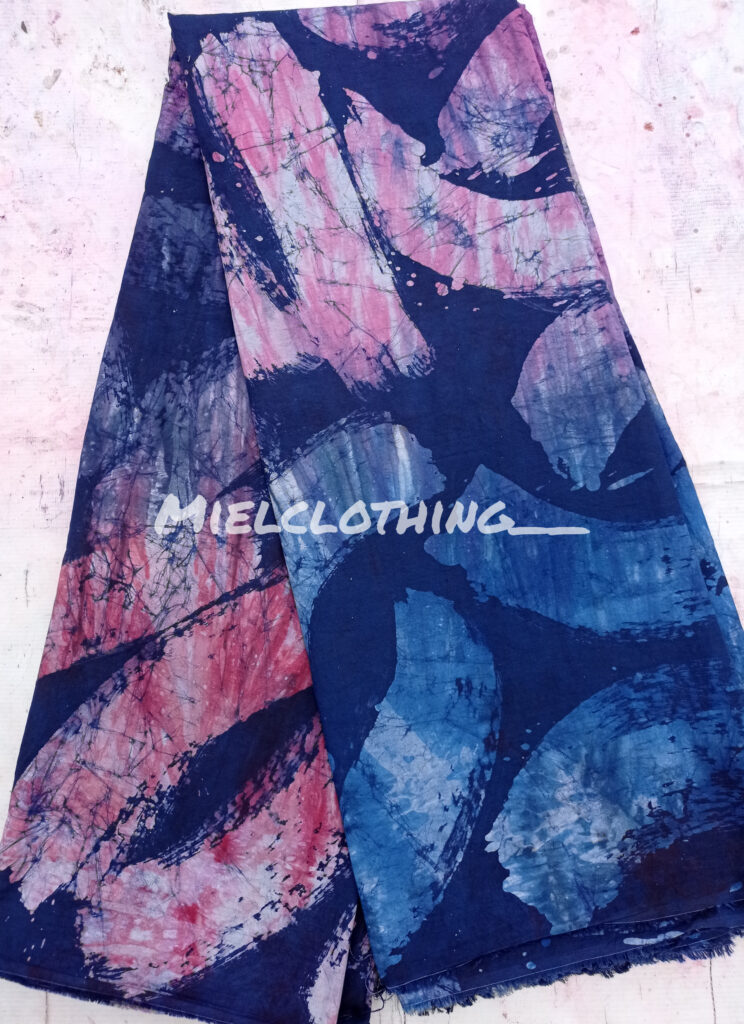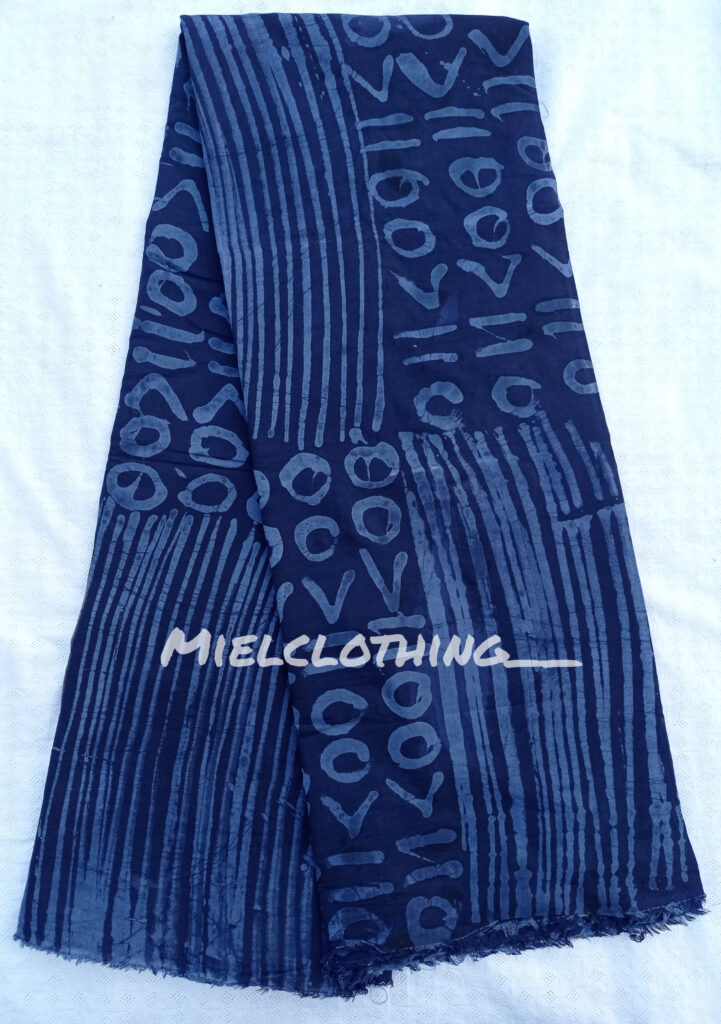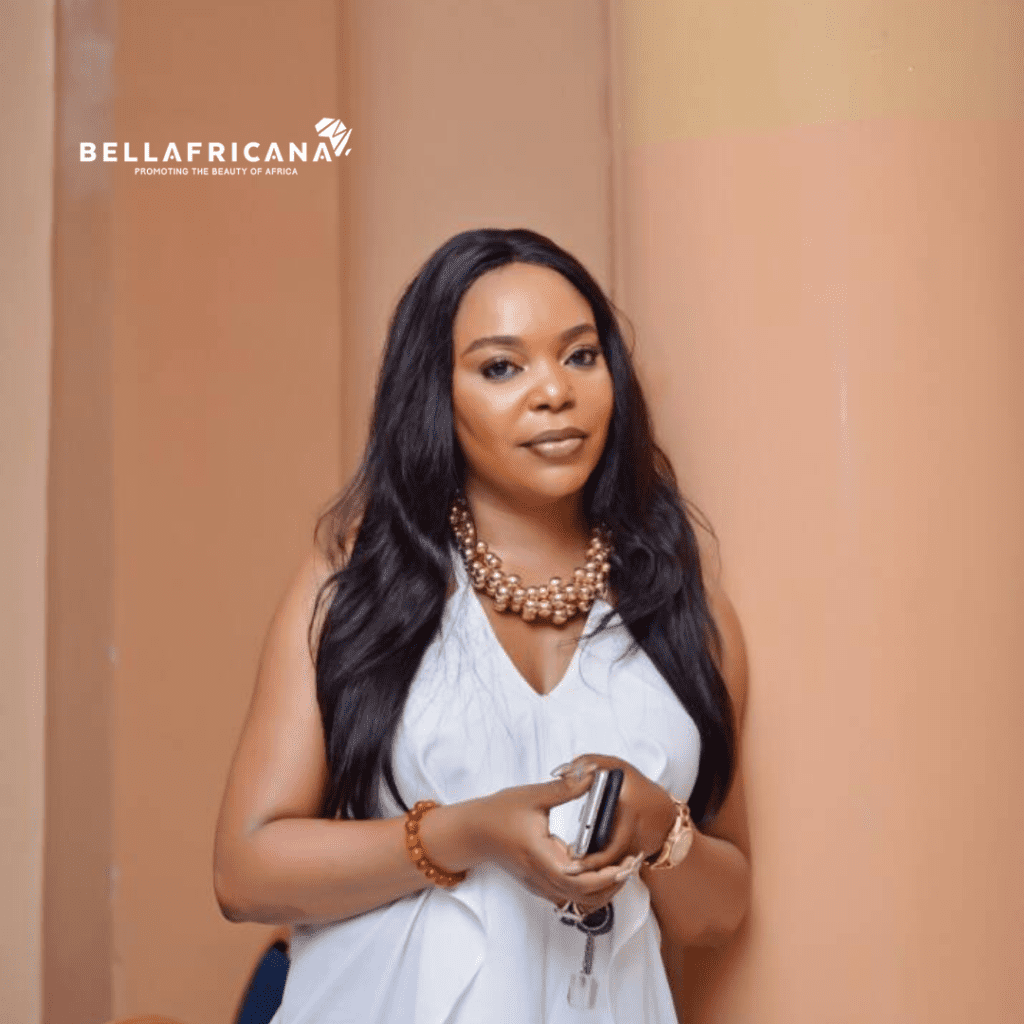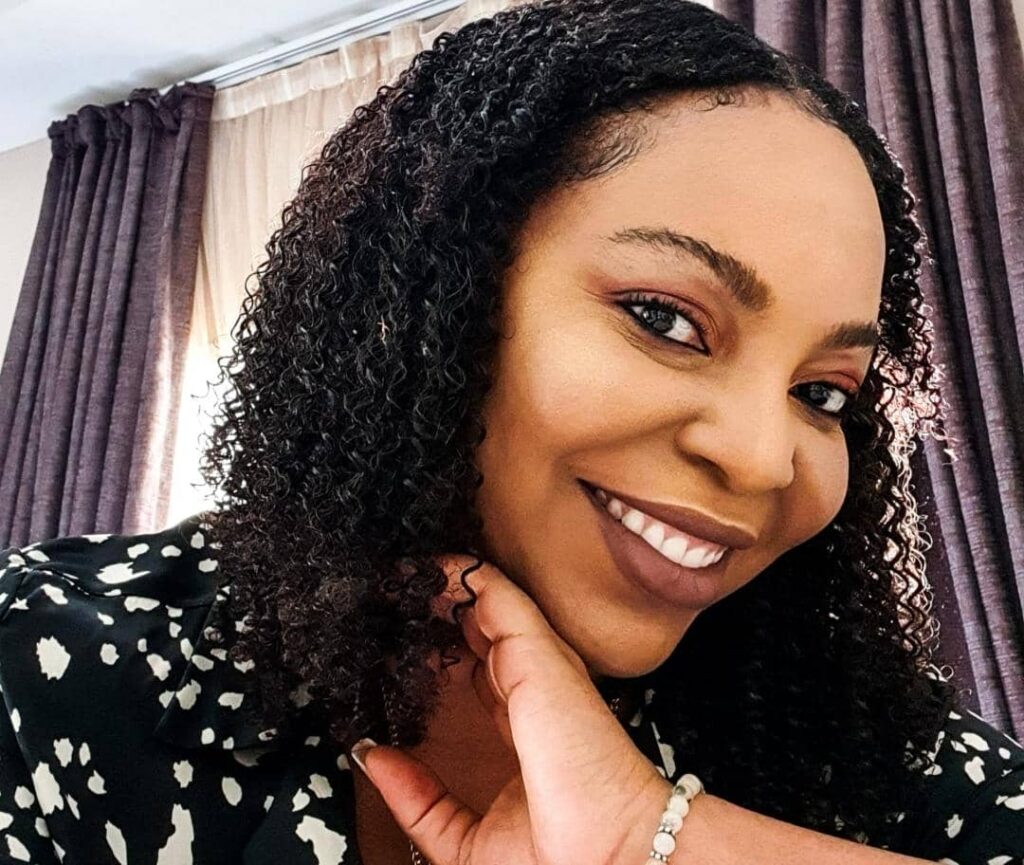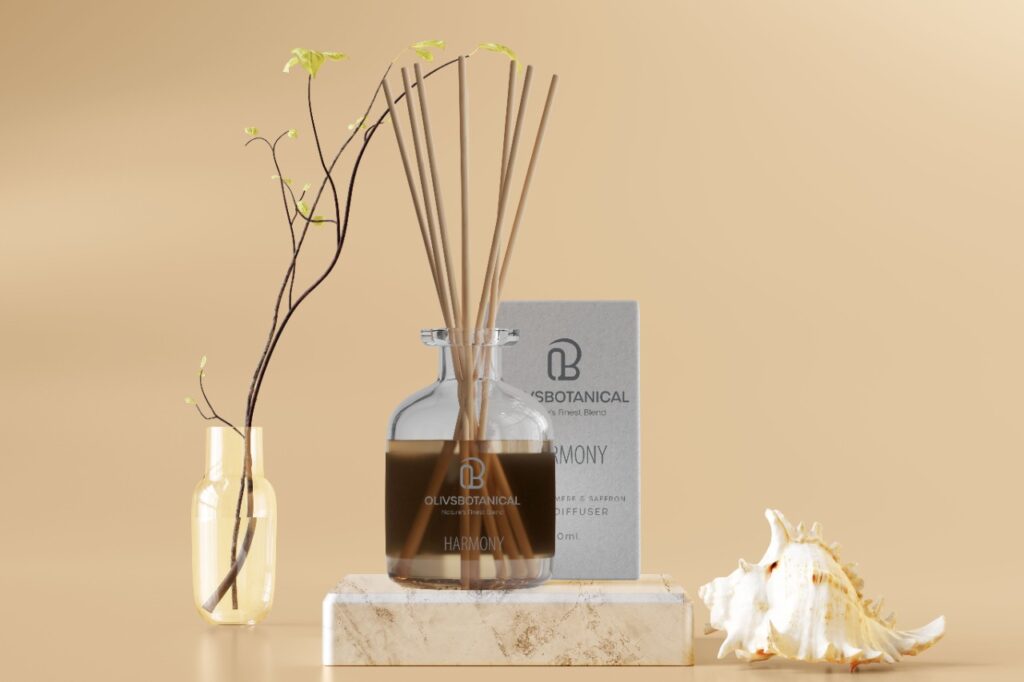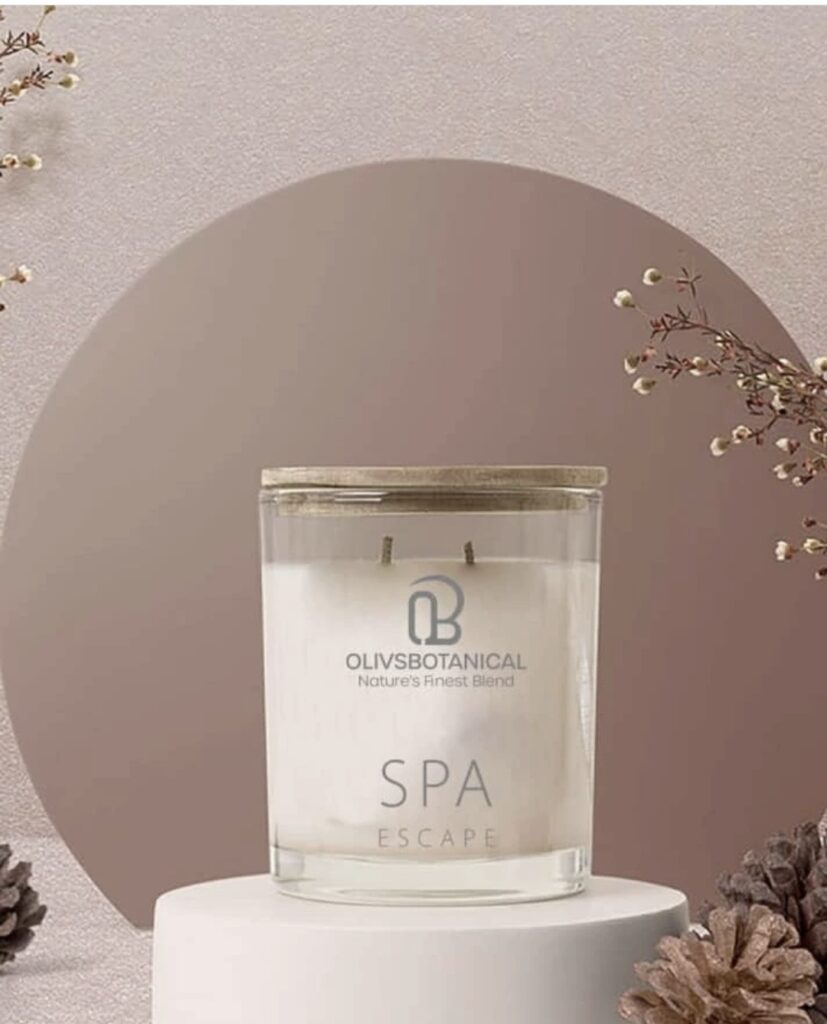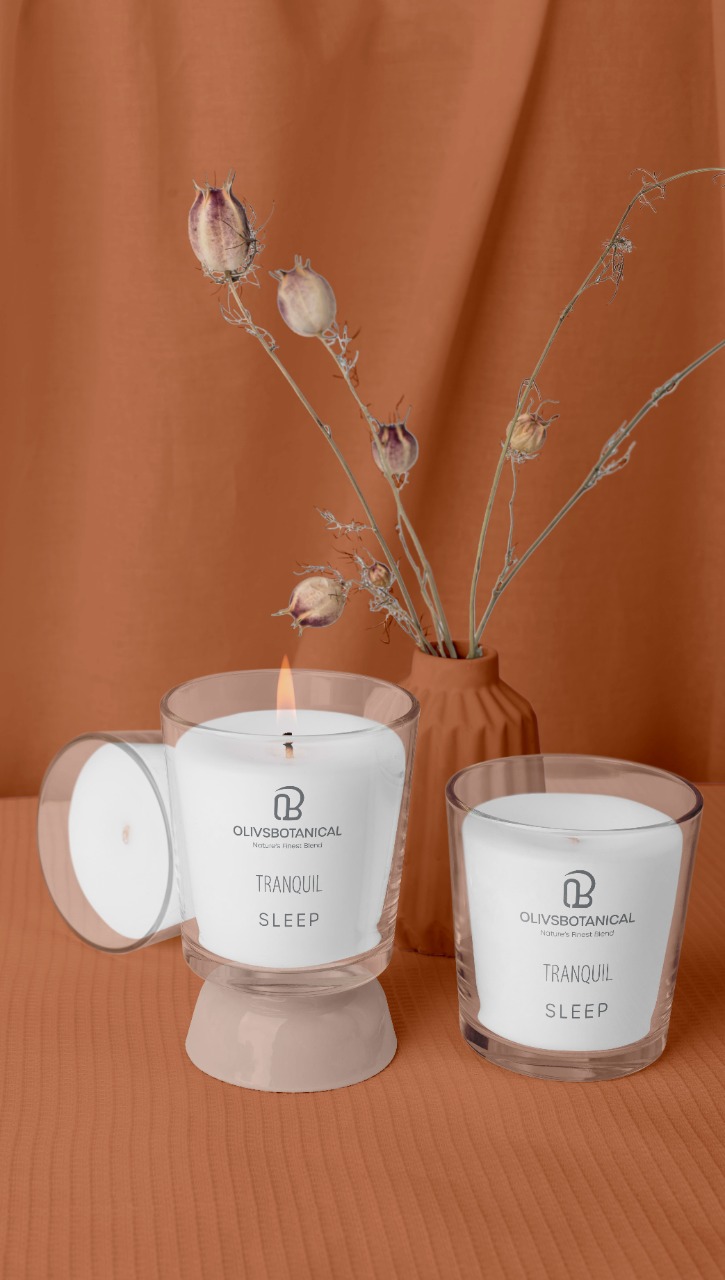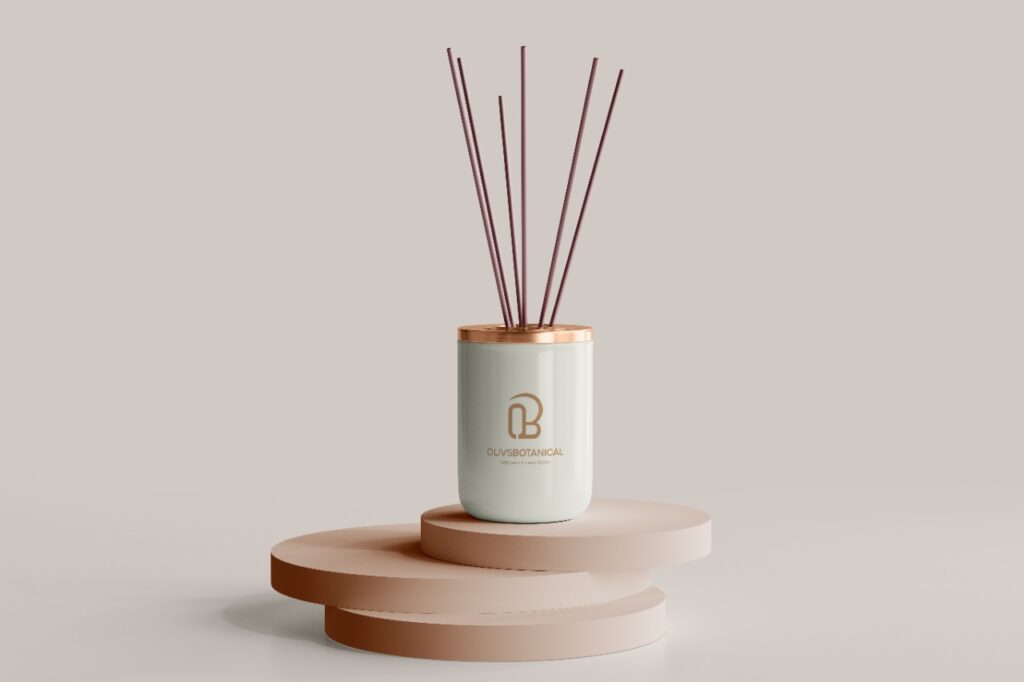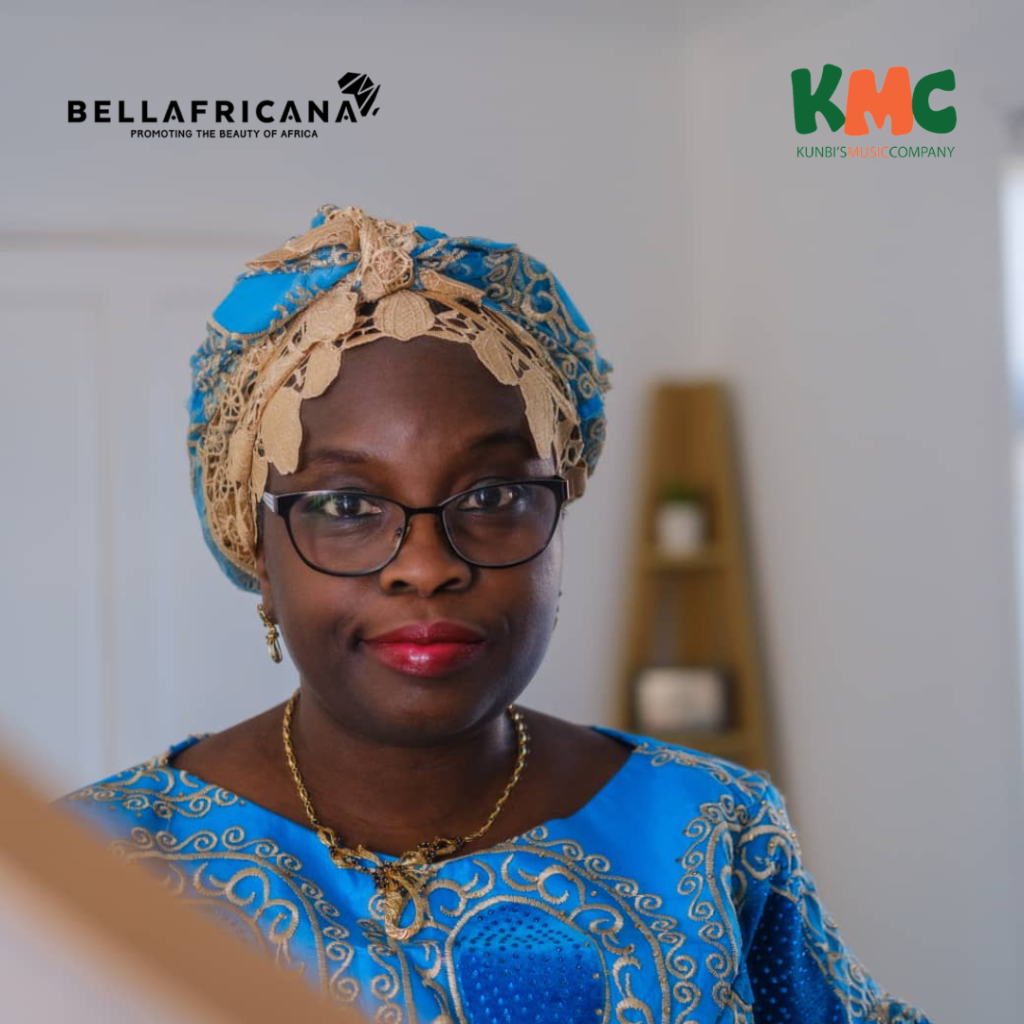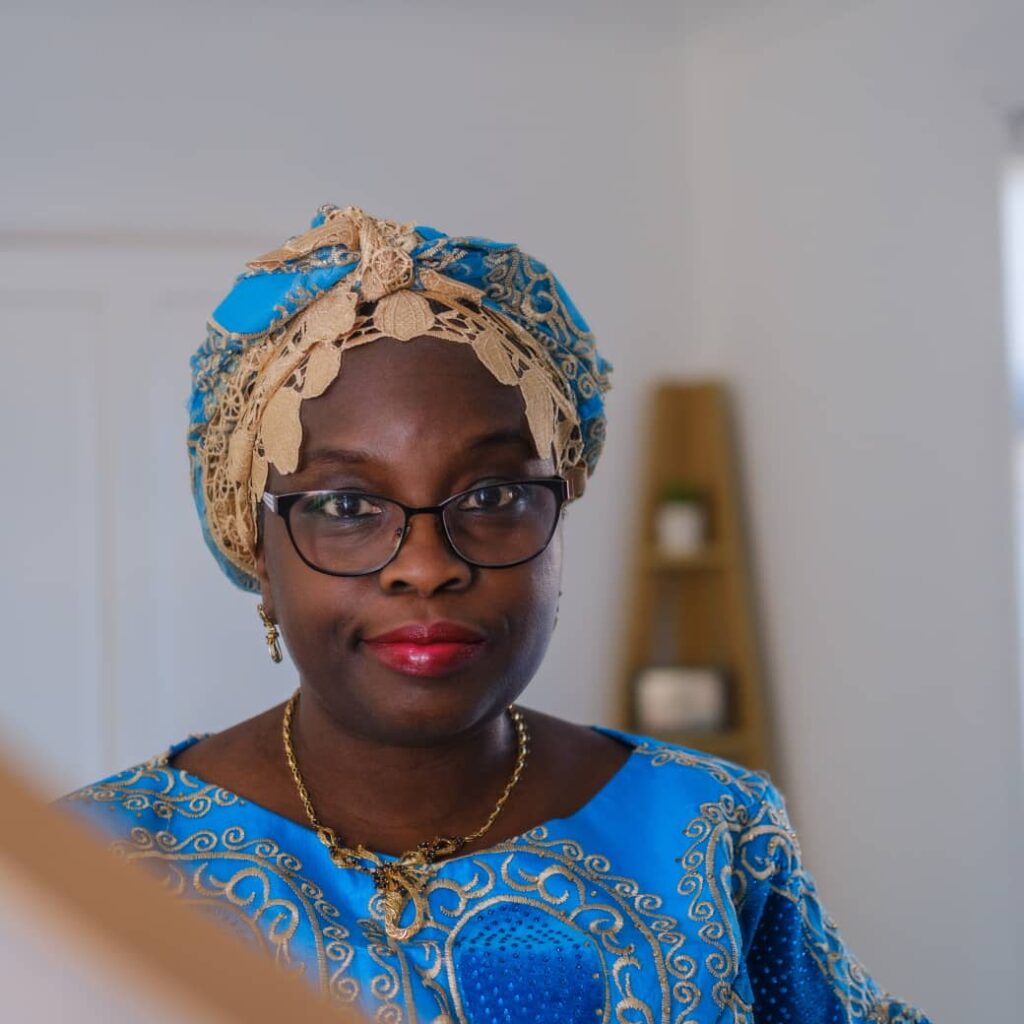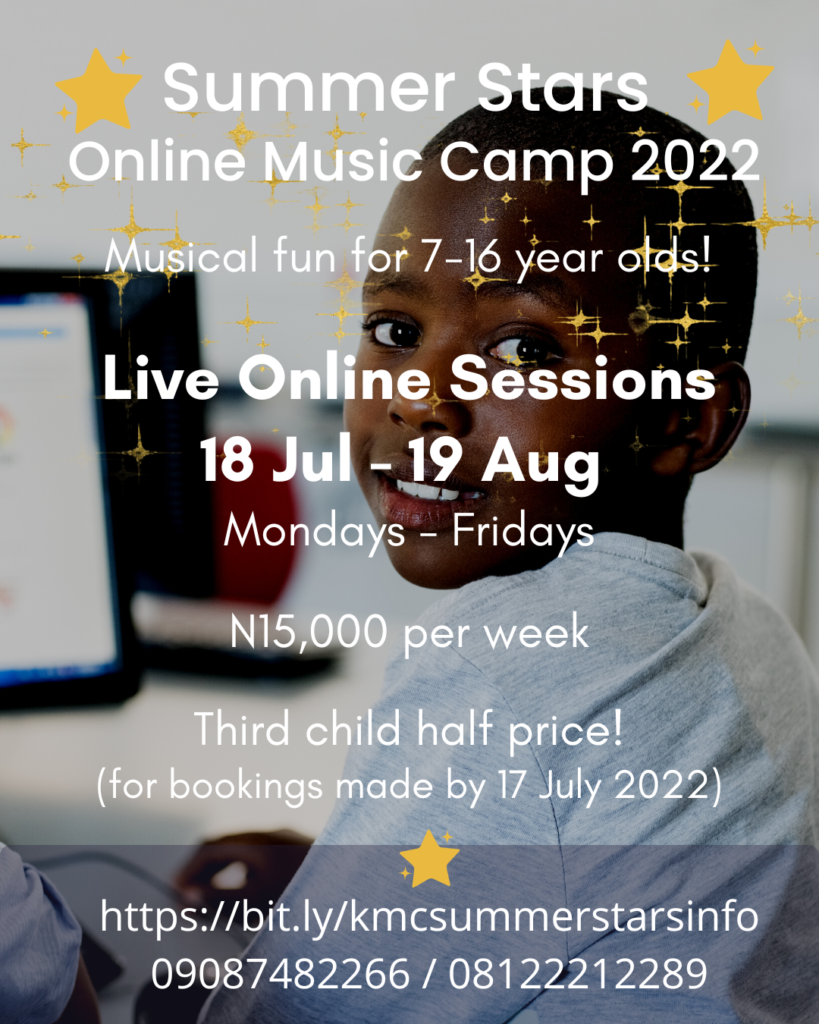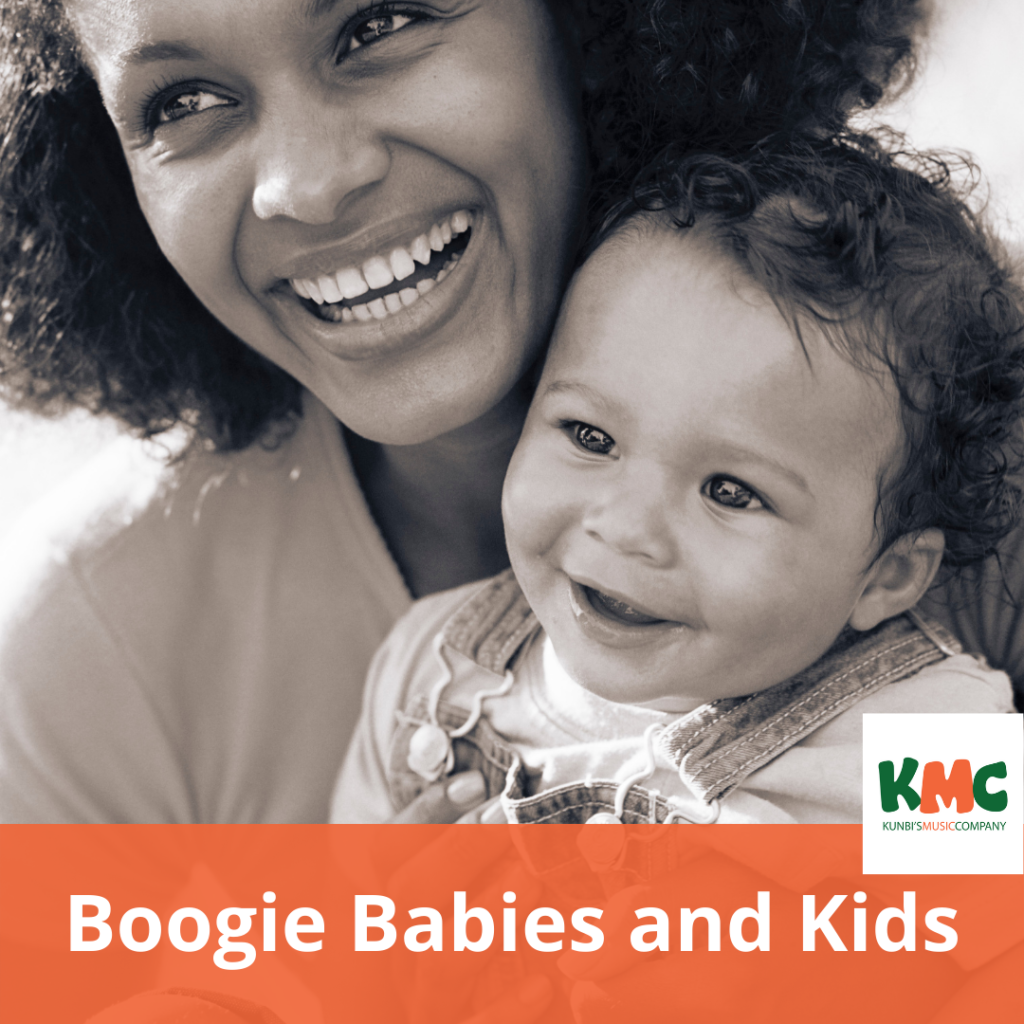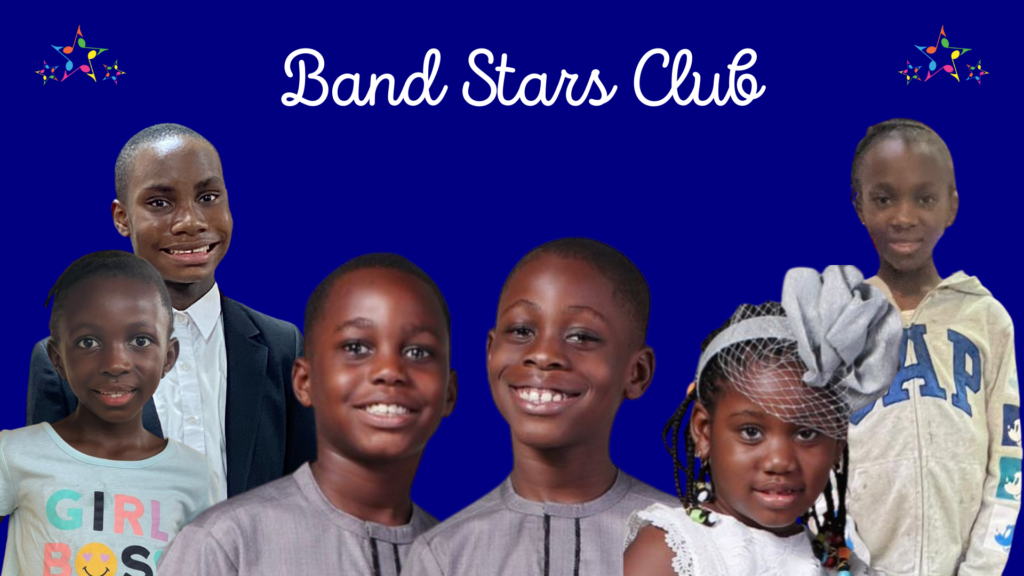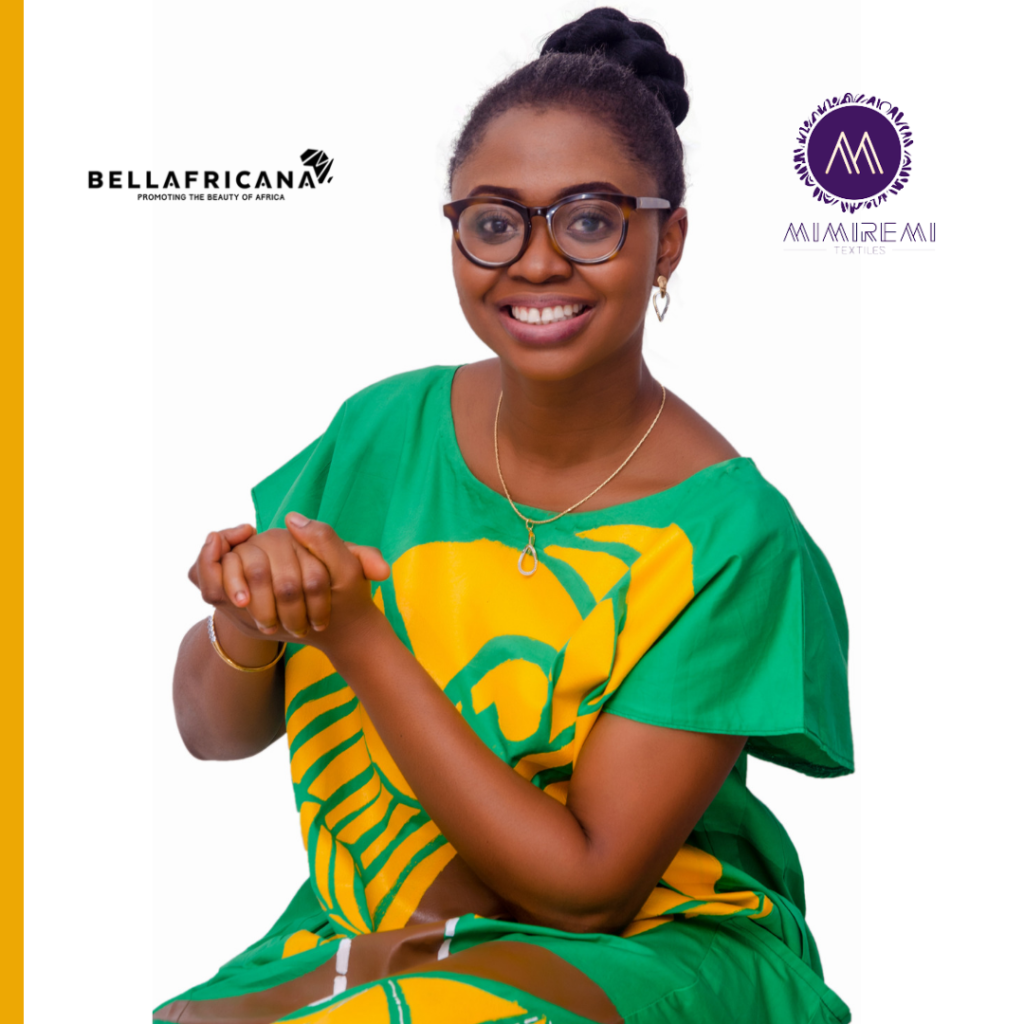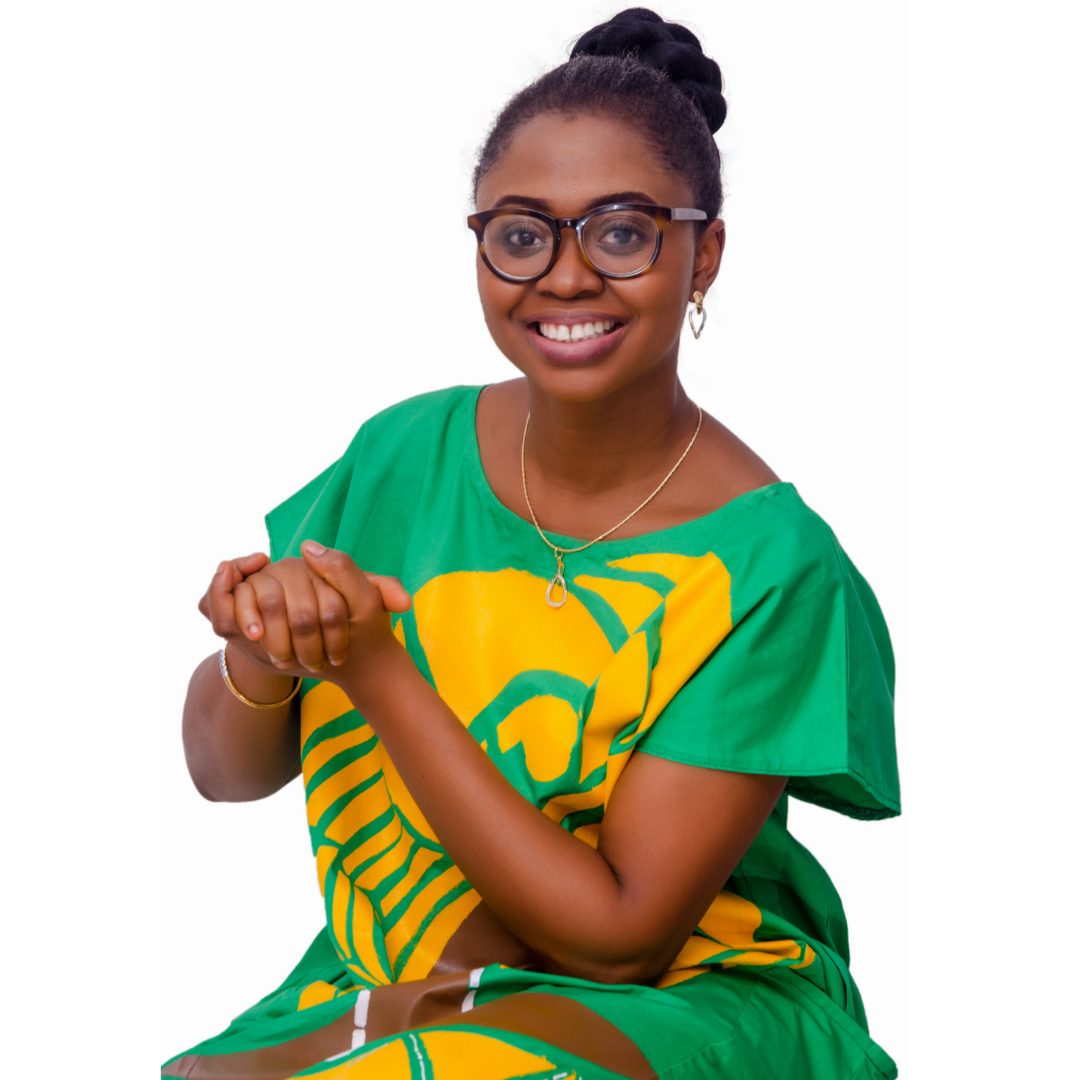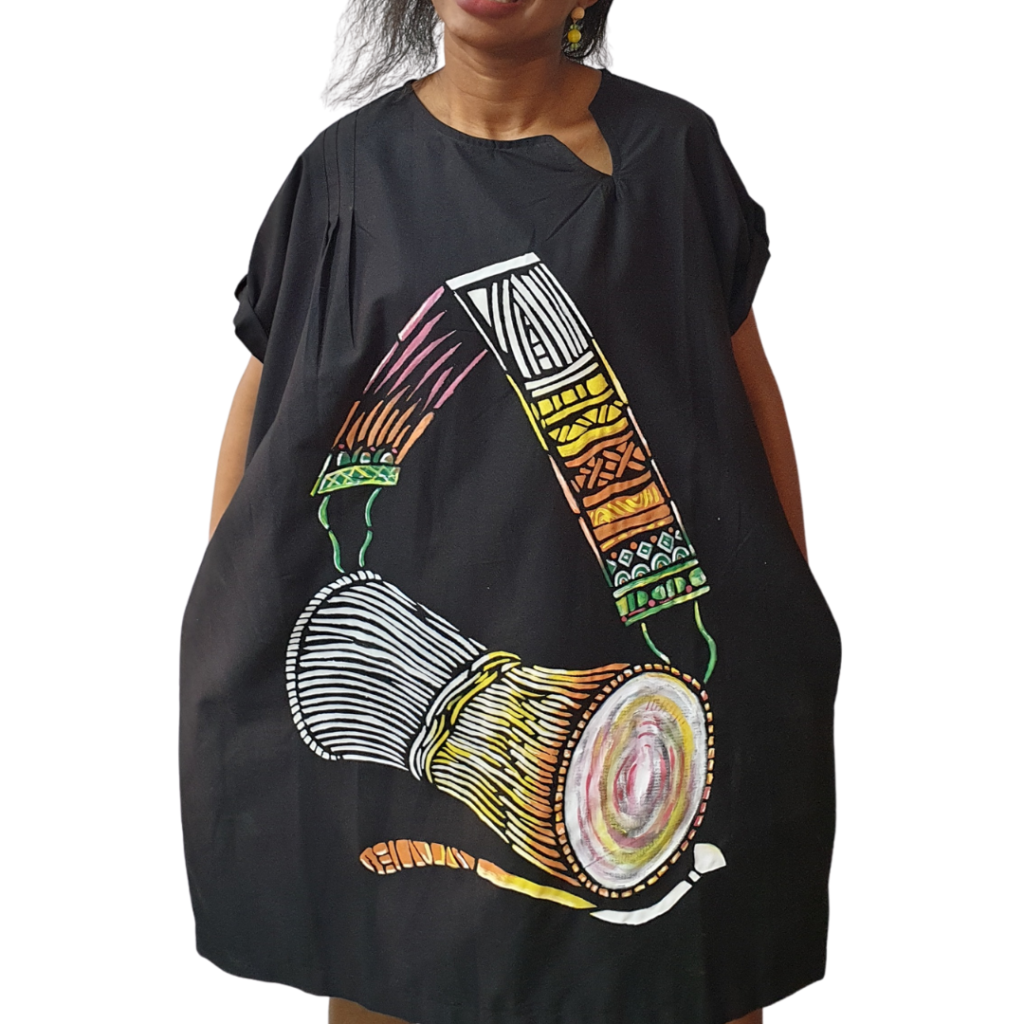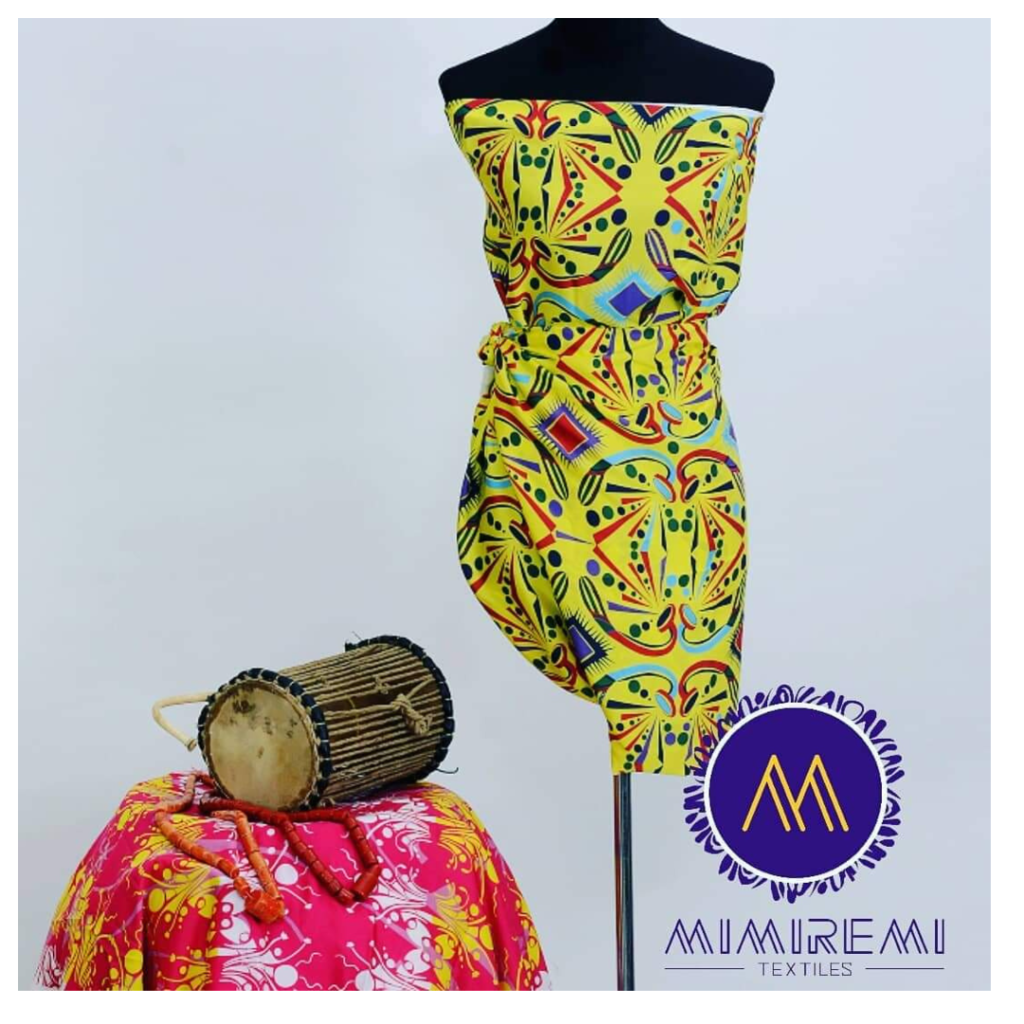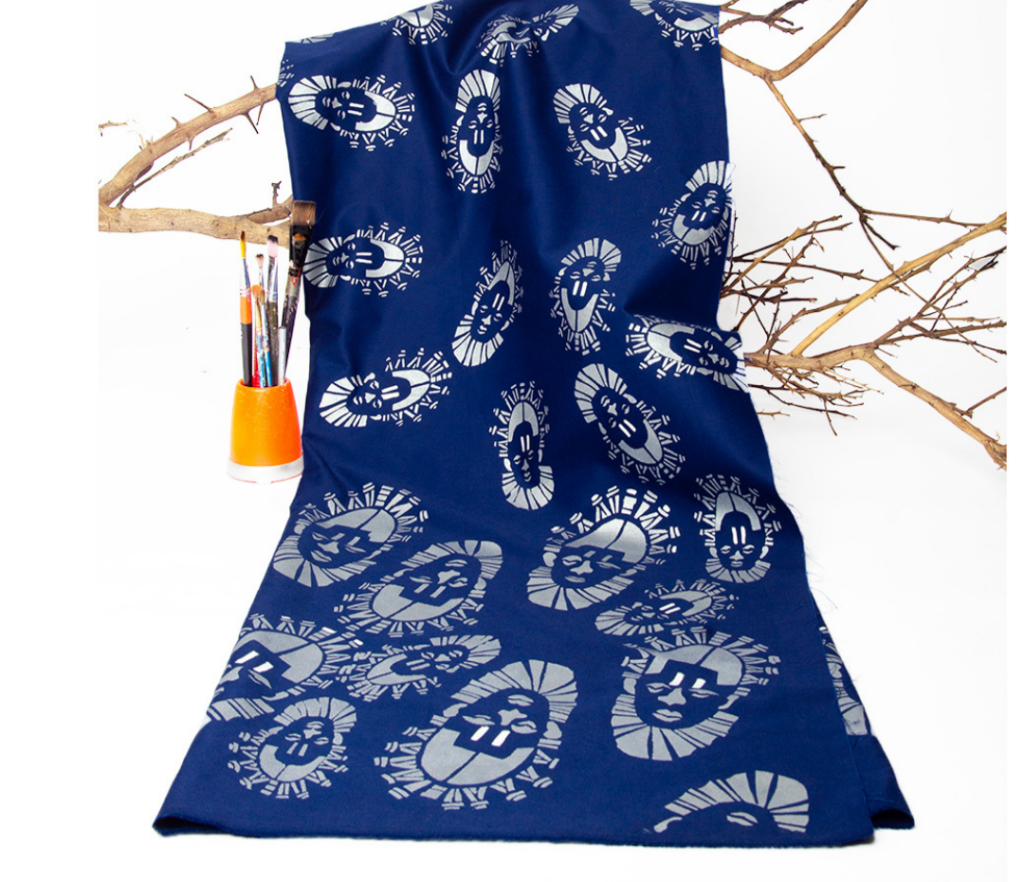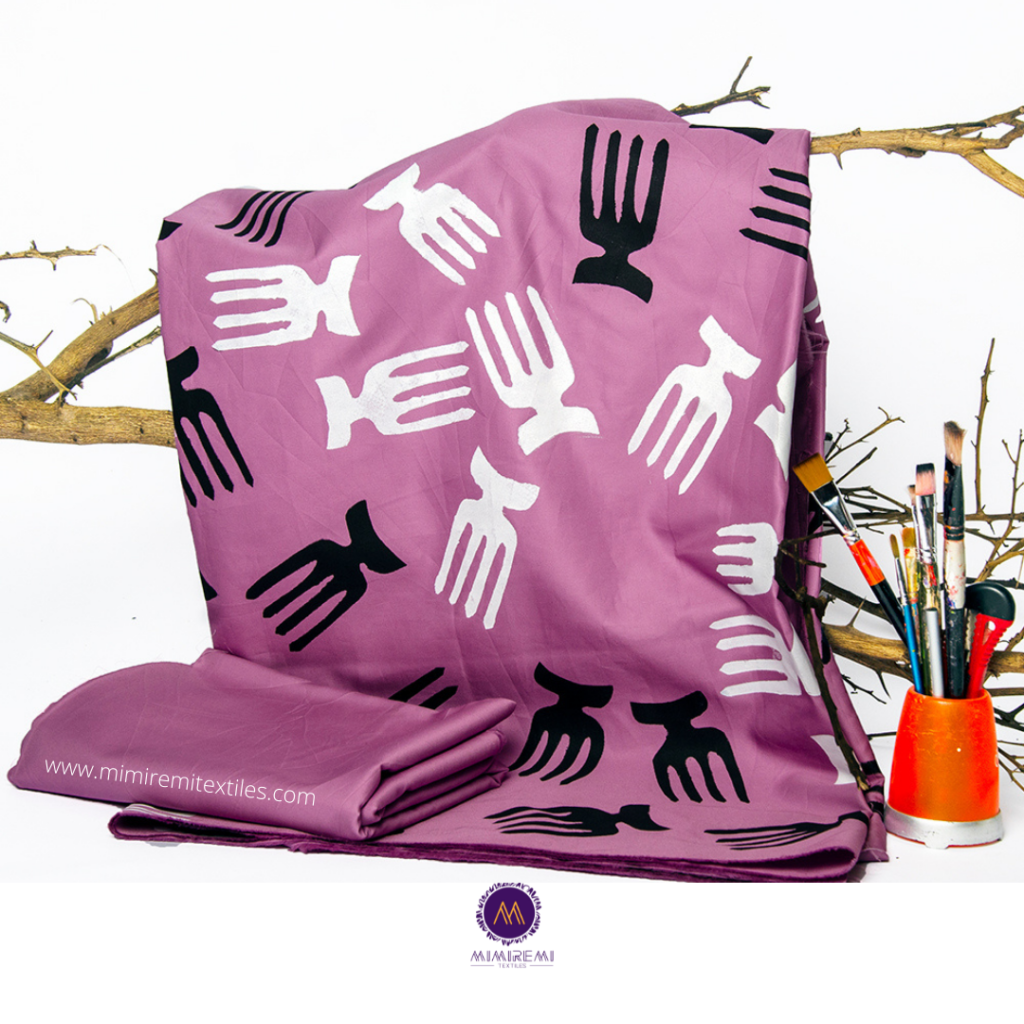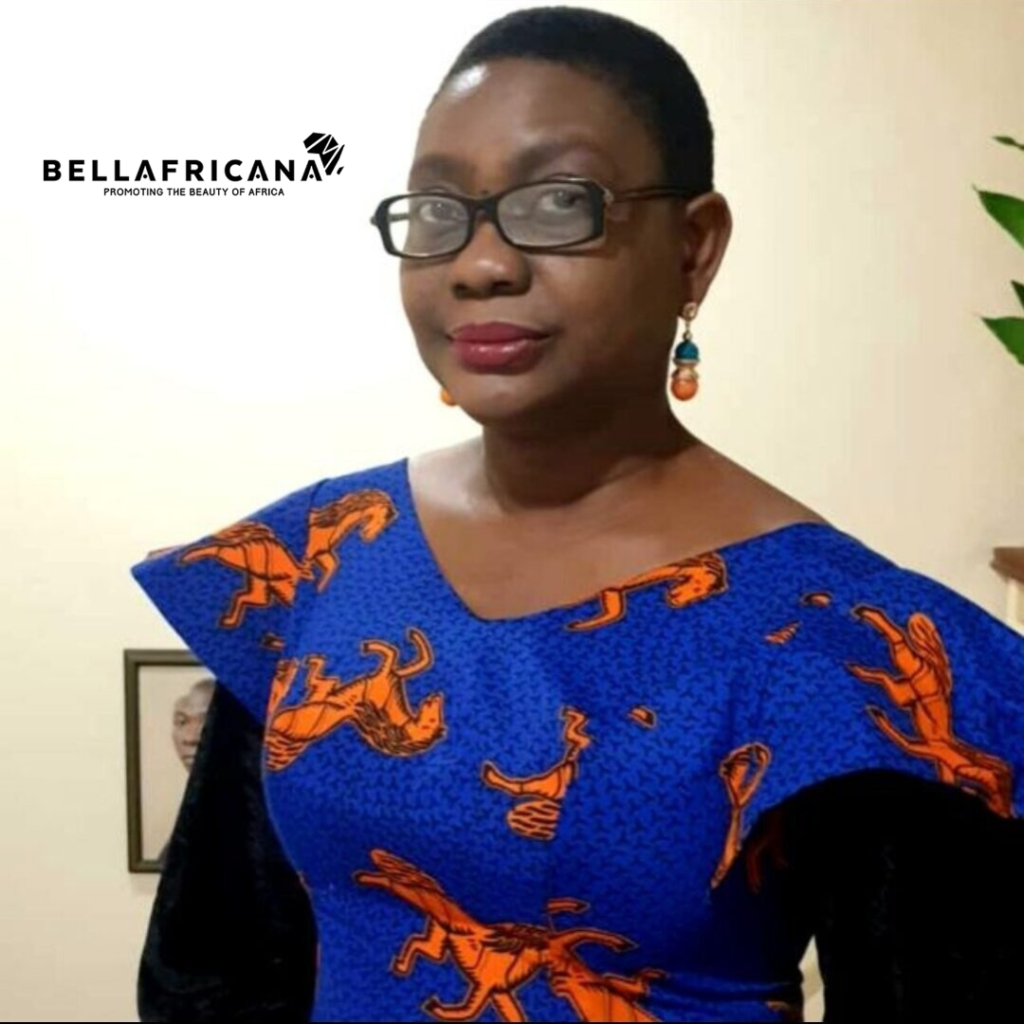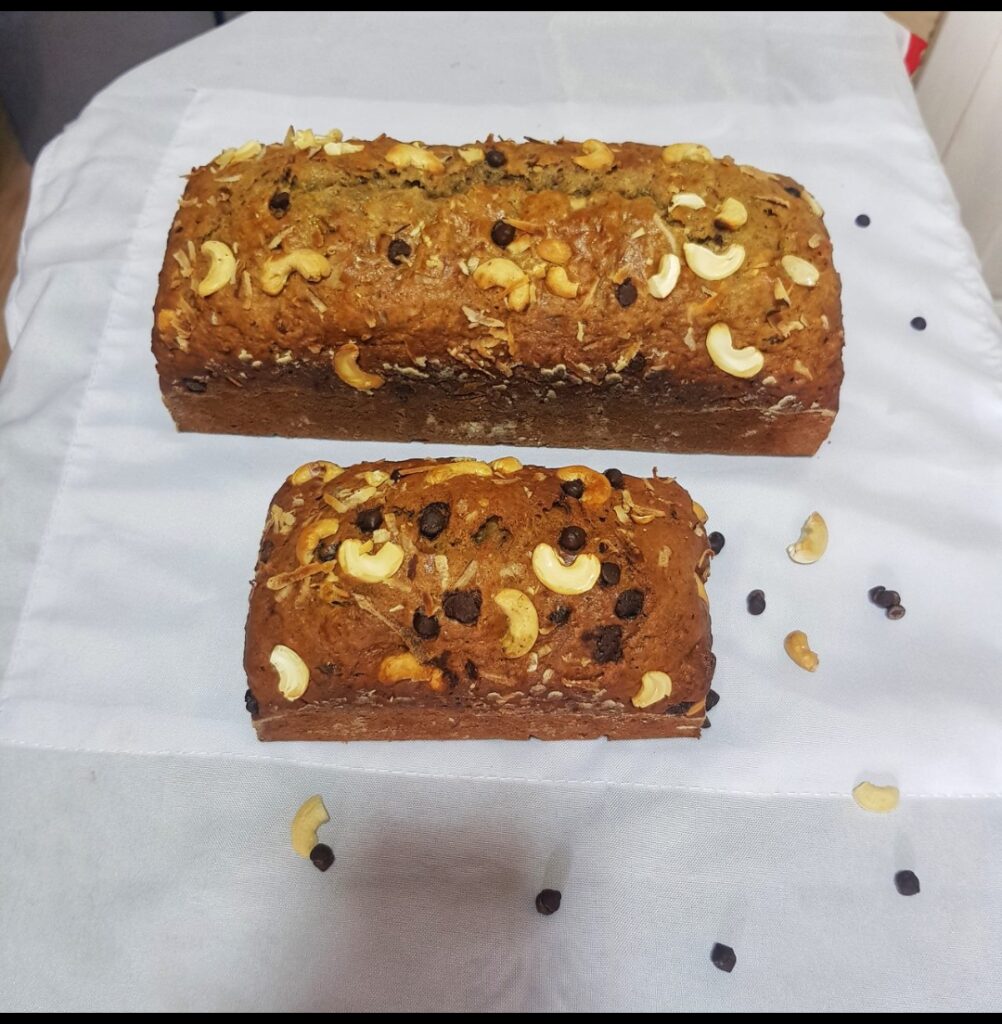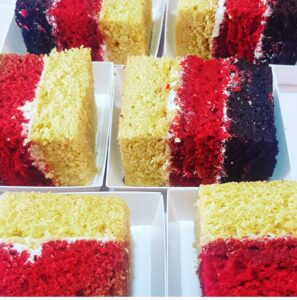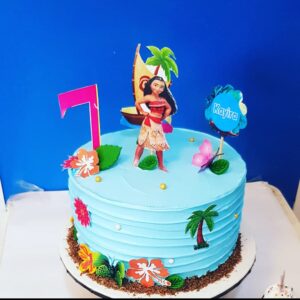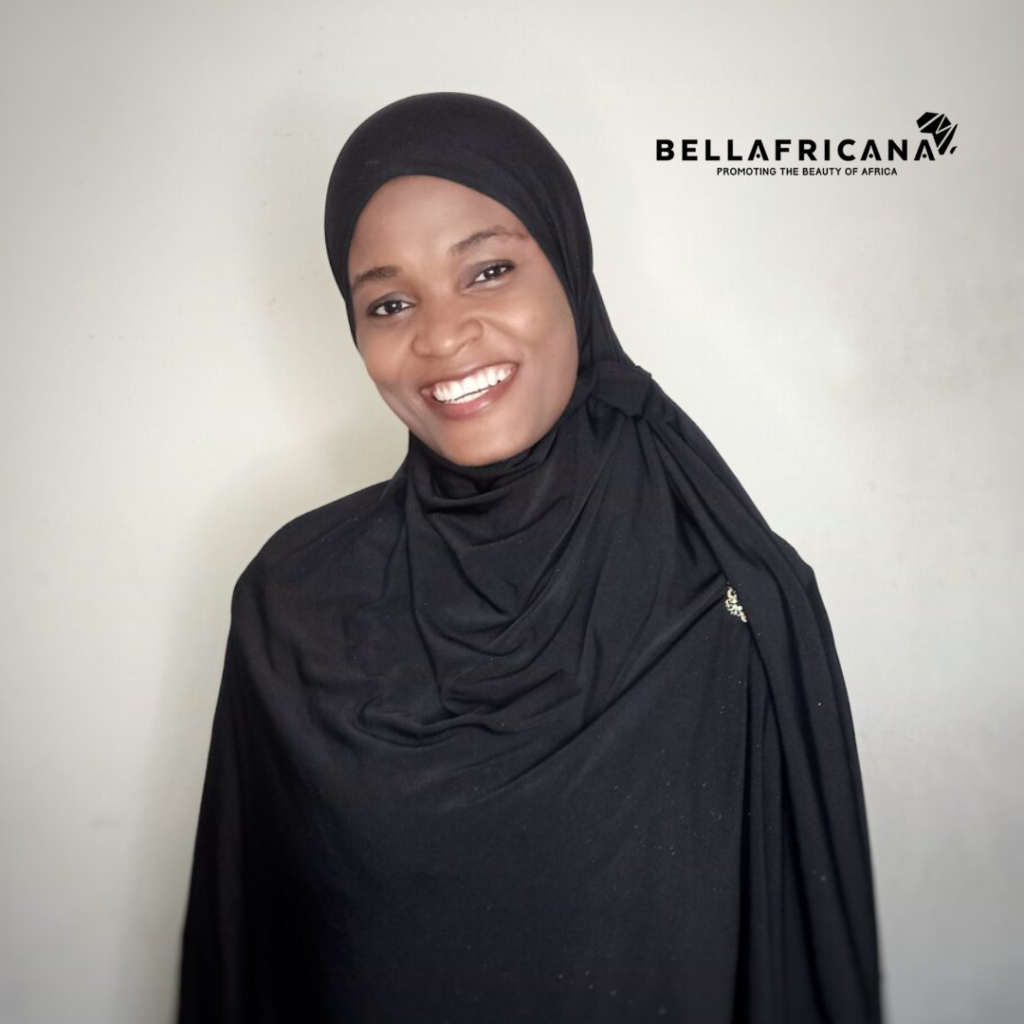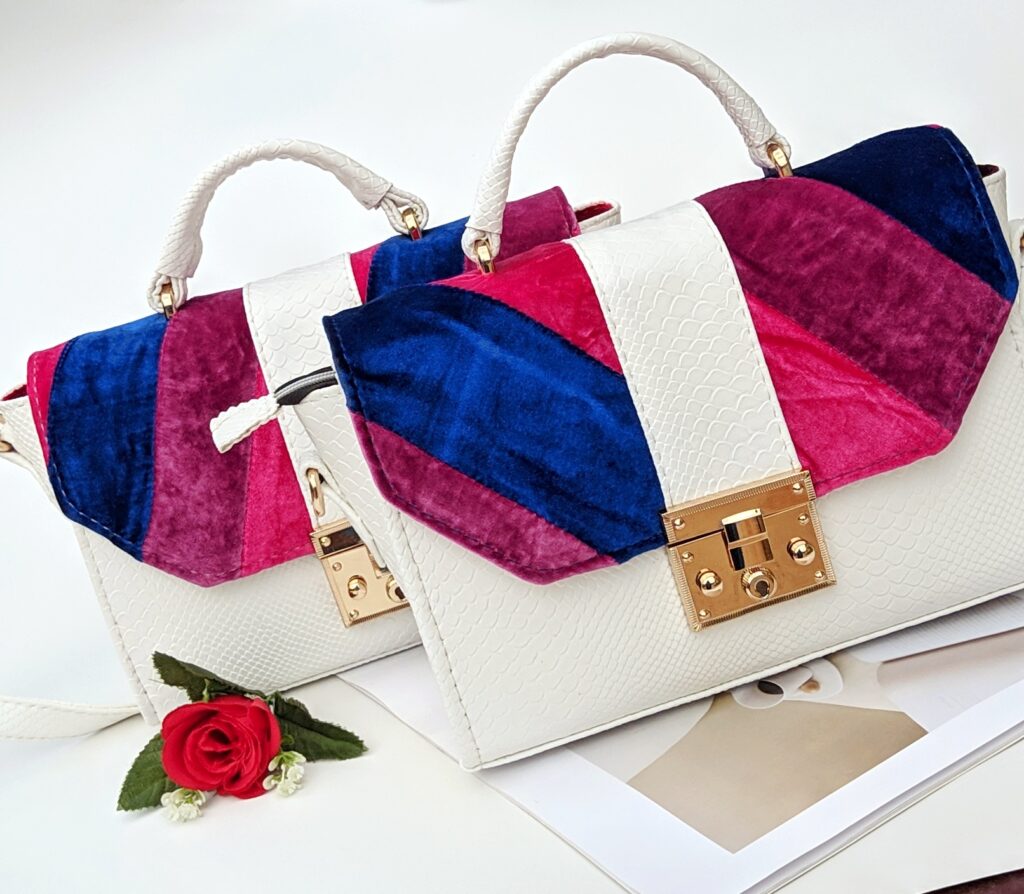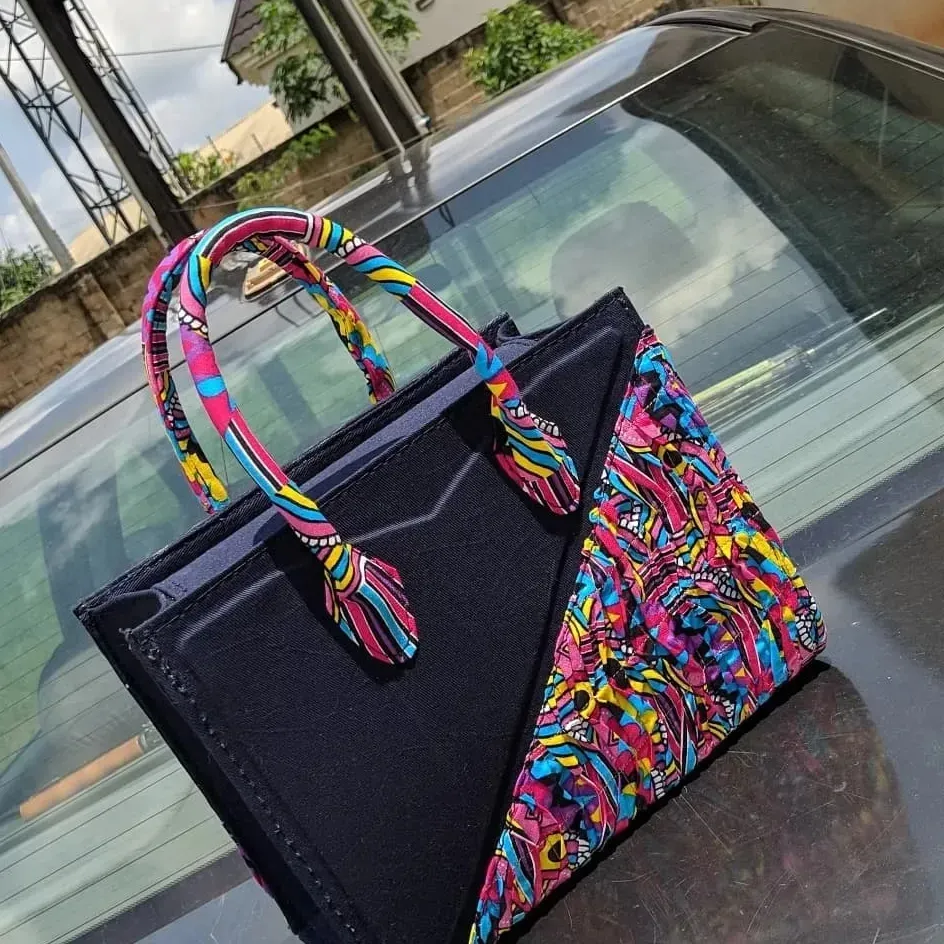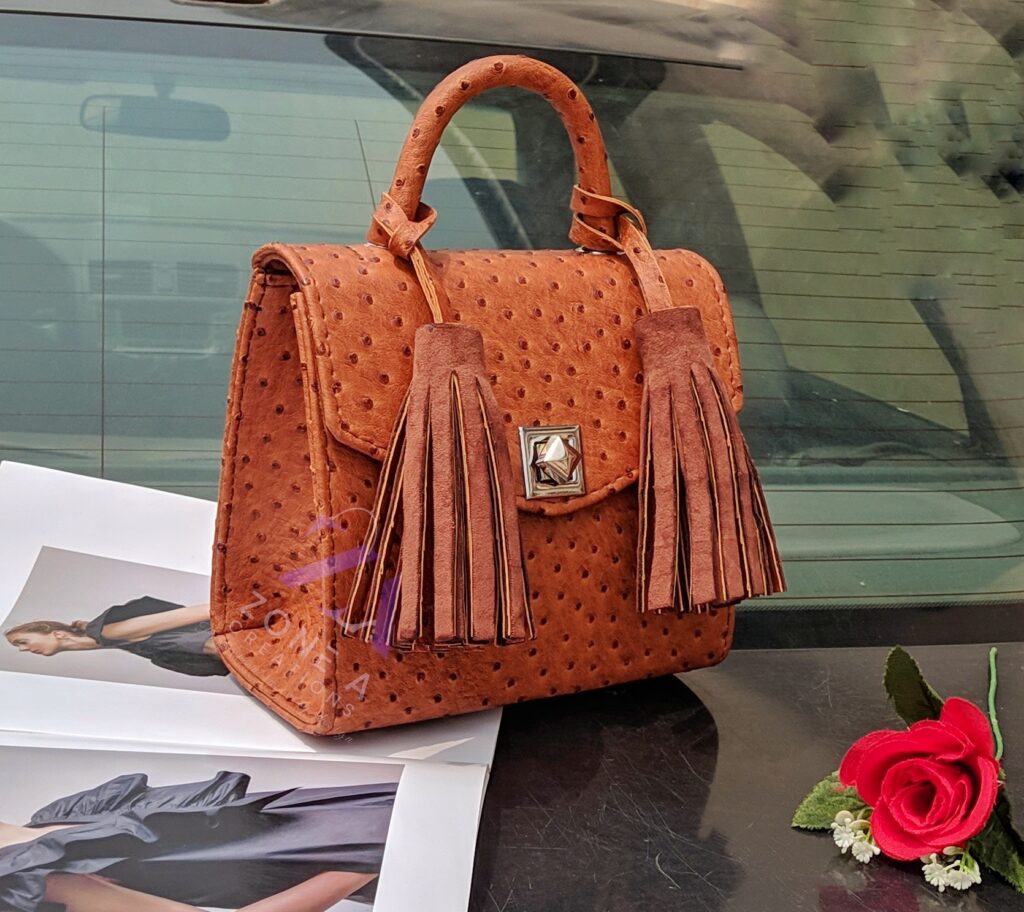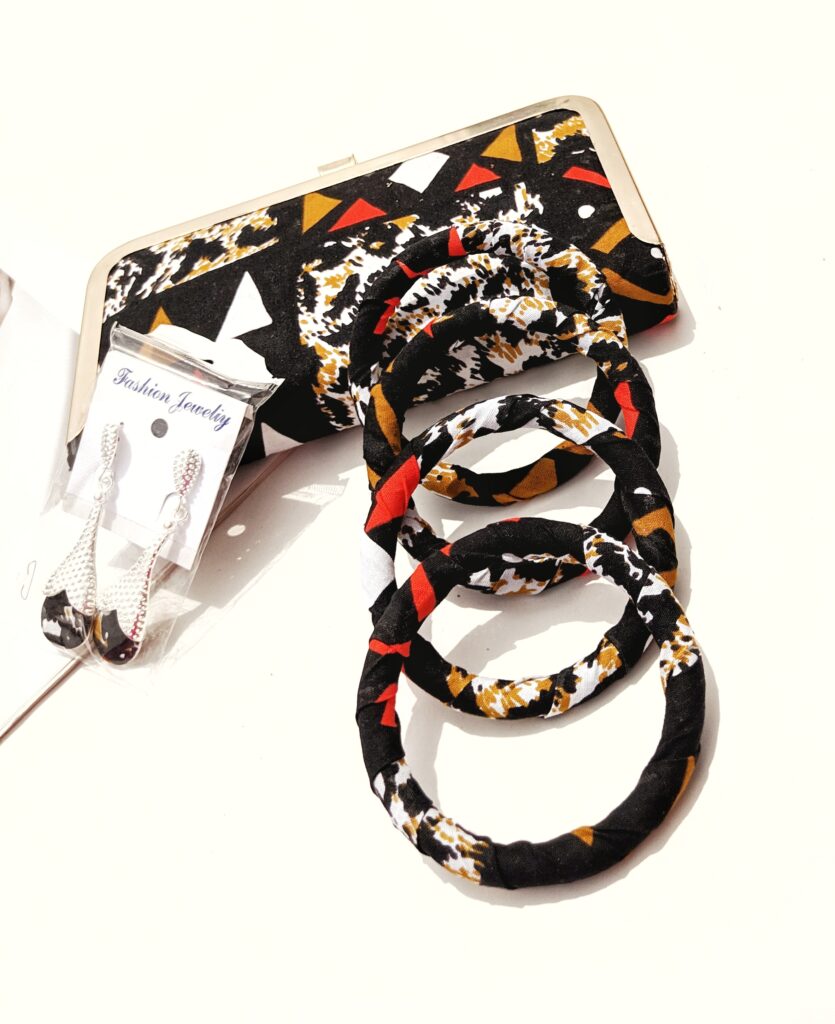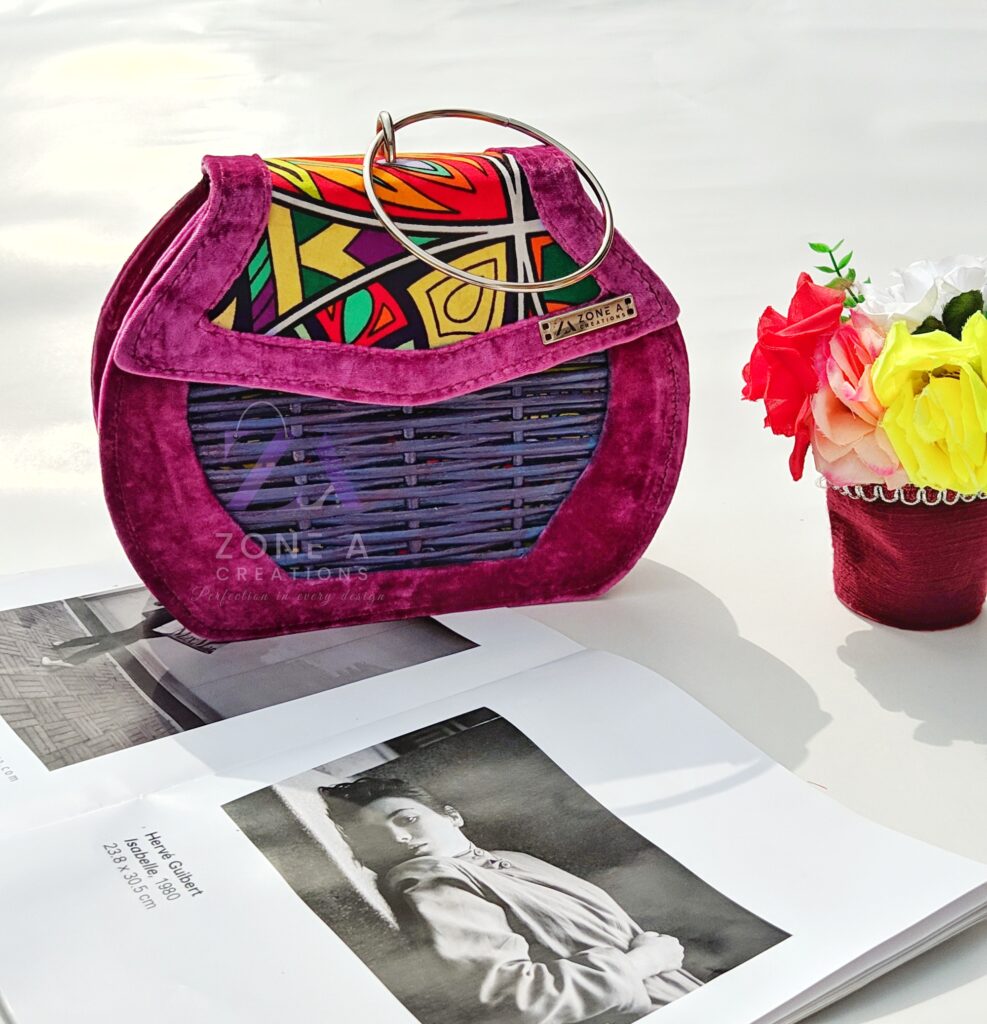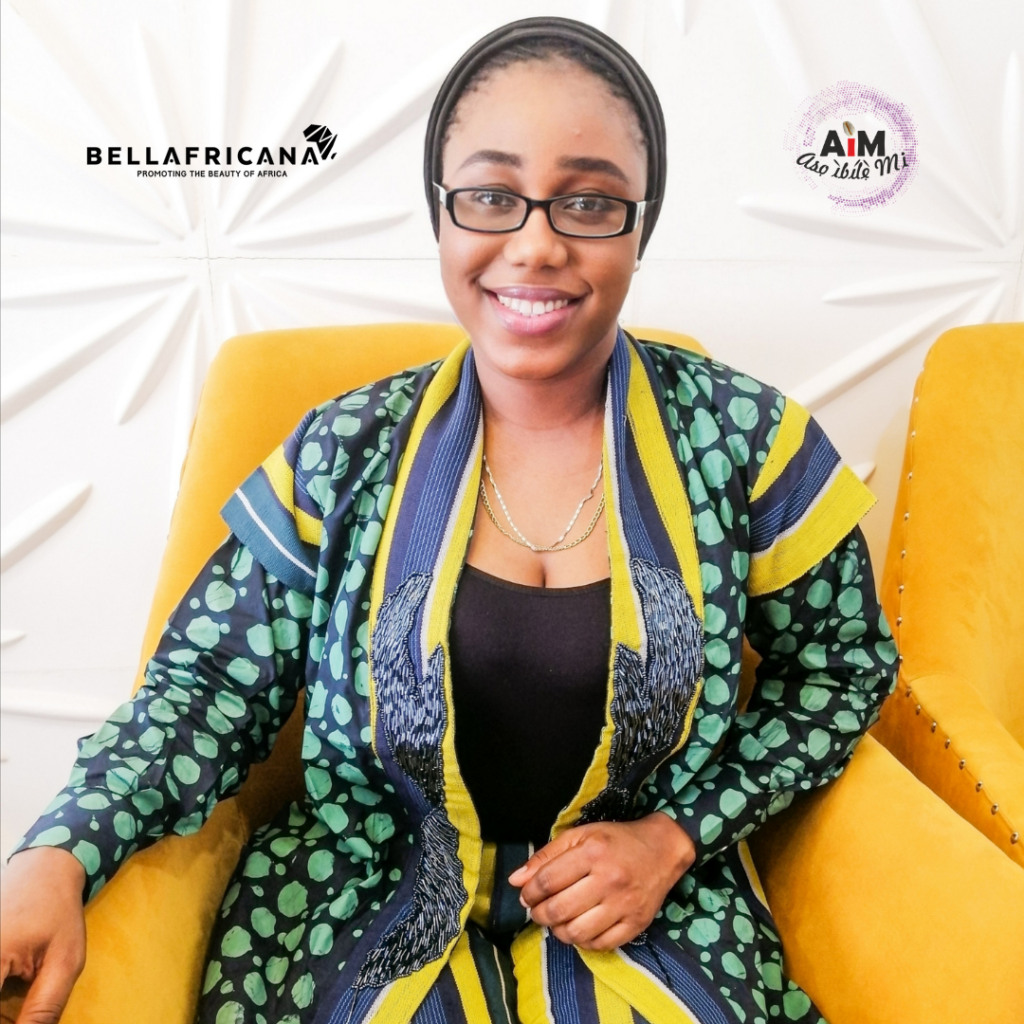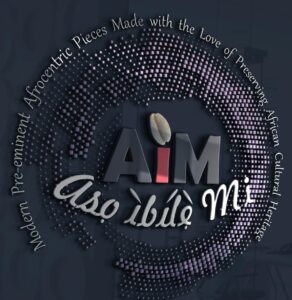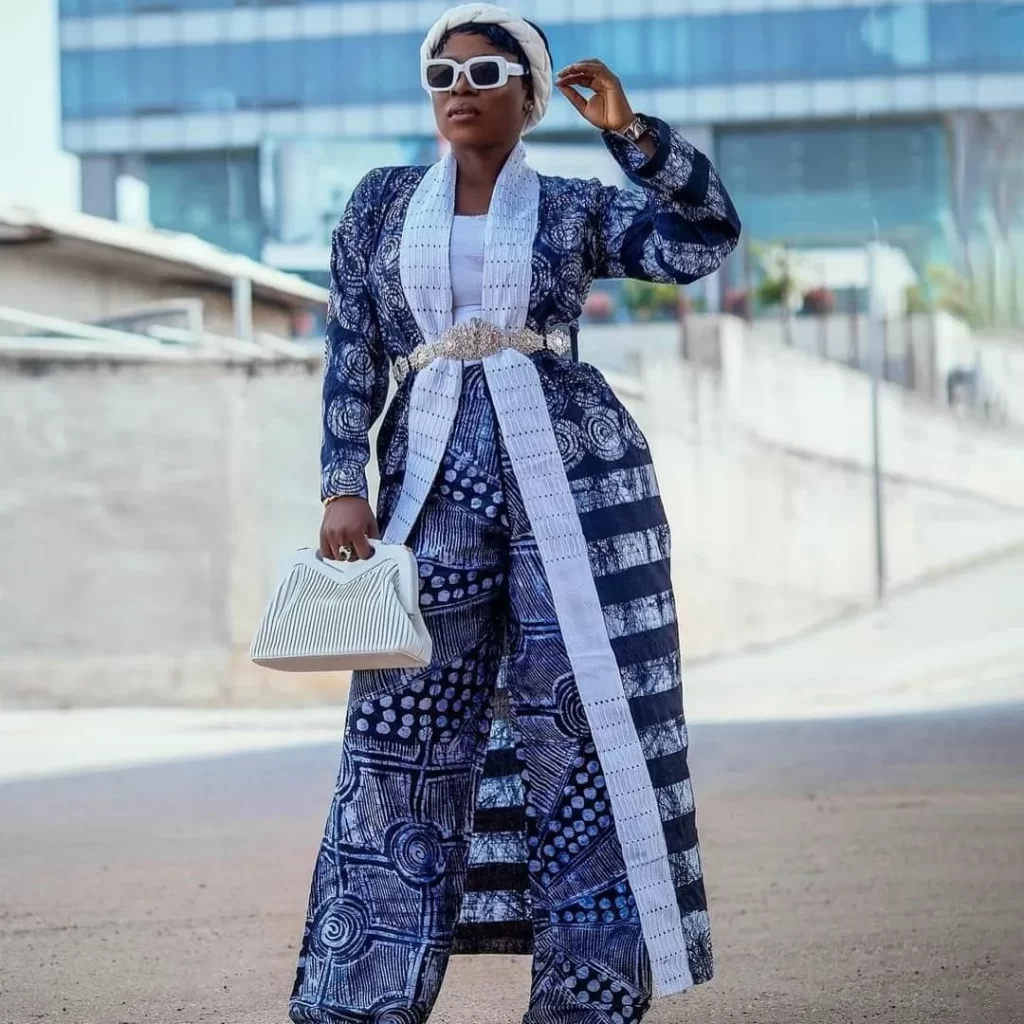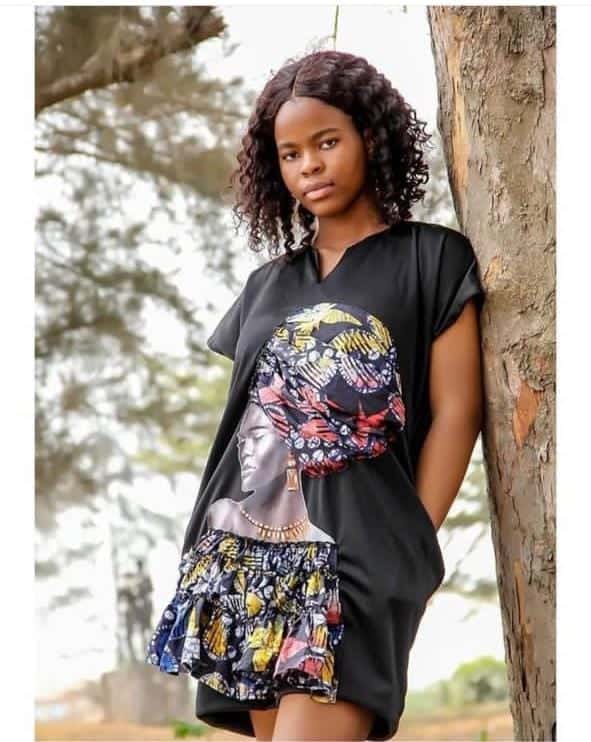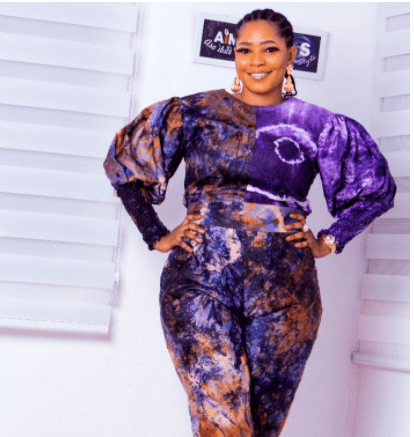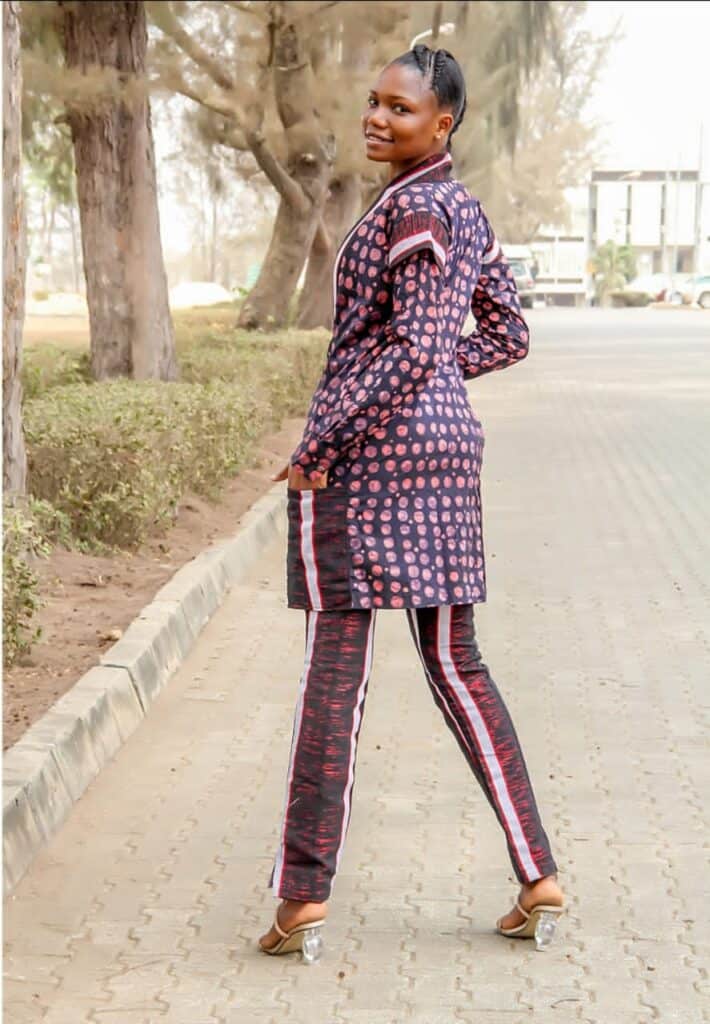I hear you can’t wait to meet all the creatives showcasing at TALES by Bellafricana 2024. At this point, TALES: The African Lifestyle Experience can be categorised as common knowledge because why don’t you know that July 4th all the the way to July 10th the TALES Summer pop-up event would be live and in action in the beautiful city of London?
If you don’t know, that means you haven’t RSVP’d yet, oh dear…
💌 YOU are cordially invited to come, shop, look around, take pictures, make videos, form new connections and have an amazing time surrounded by CREATIVITY. 💌
__
Event details:
Date: July 4th – July 10th 2024
Time: 10am – 9pm Daily
Venue: Gallery Different, 14 Percy Street, London W1T1DR (near Oxford Street, off Tottenham Court Road).
RSVP for free, yes free using this link
Make sure to mark your calendar so you don’t forget …. Thank me later 😉
Have a quick glance at our last blog post on TALES: The African Lifestyle Experience so the information I am about to pass on to you doesn’t come as too much of a surprise. Again, the intention behind letting you know all this is so you can plan, have a quick browse session through the options, price ranges and all that good stuff.
__
I am super excited to formally introduce to you to all the amazingly talented individuals that will be at TALES: The African Lifestyle Experience our upcoming pop-up event, so get comfortable but also ready to be wow-ed. Links to social media accounts are attached to each brands name along with the dates they will be at TALES so you can mark them on your calendar. From artisanal jewellery to handmade crafts and bespoke fashion designs, our vendors are ready to impress.
Additionally, I have taken the liberty to group them into segments for easy navigation.
Keep your eyes glued on @bellafricanauk / @bell_africana so you don’t miss a single thing. And on that note, let us begin shall we?
In no particular order, let’s meet the creatives showcasing at TALES by Bellafricana 2024. We would be starting with:
- A Diverse & Handpicked Range of Beautiful Clothing From:
1. Prestige Style : Thursday July 4th, Saturday 6th & Sunday 7th
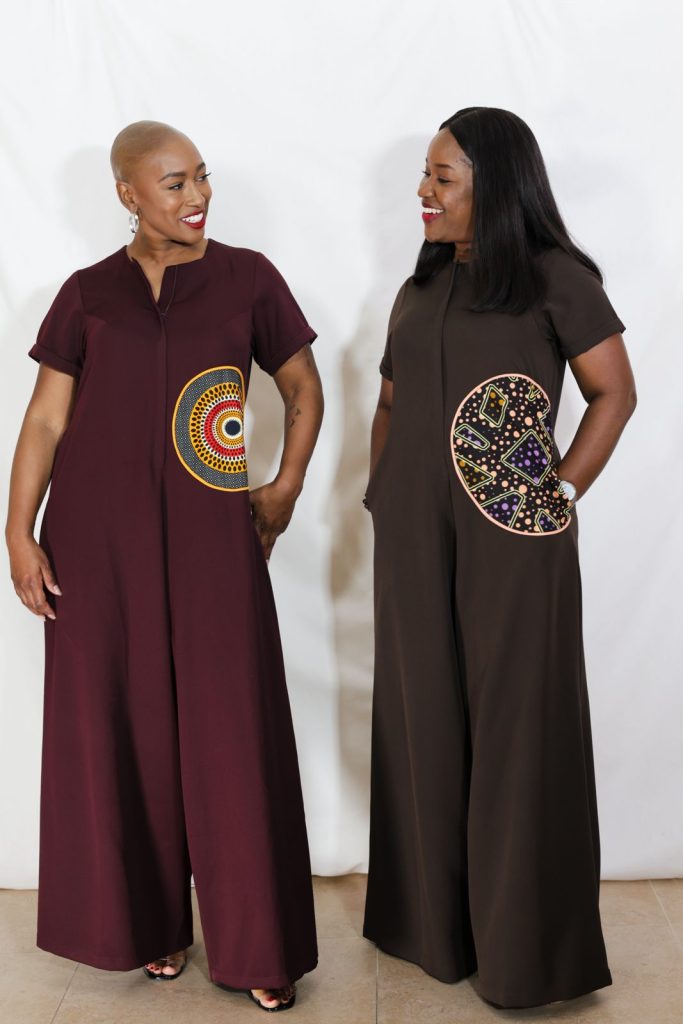
2. Jolaade Design : Saturday July 6th & Sunday 7th
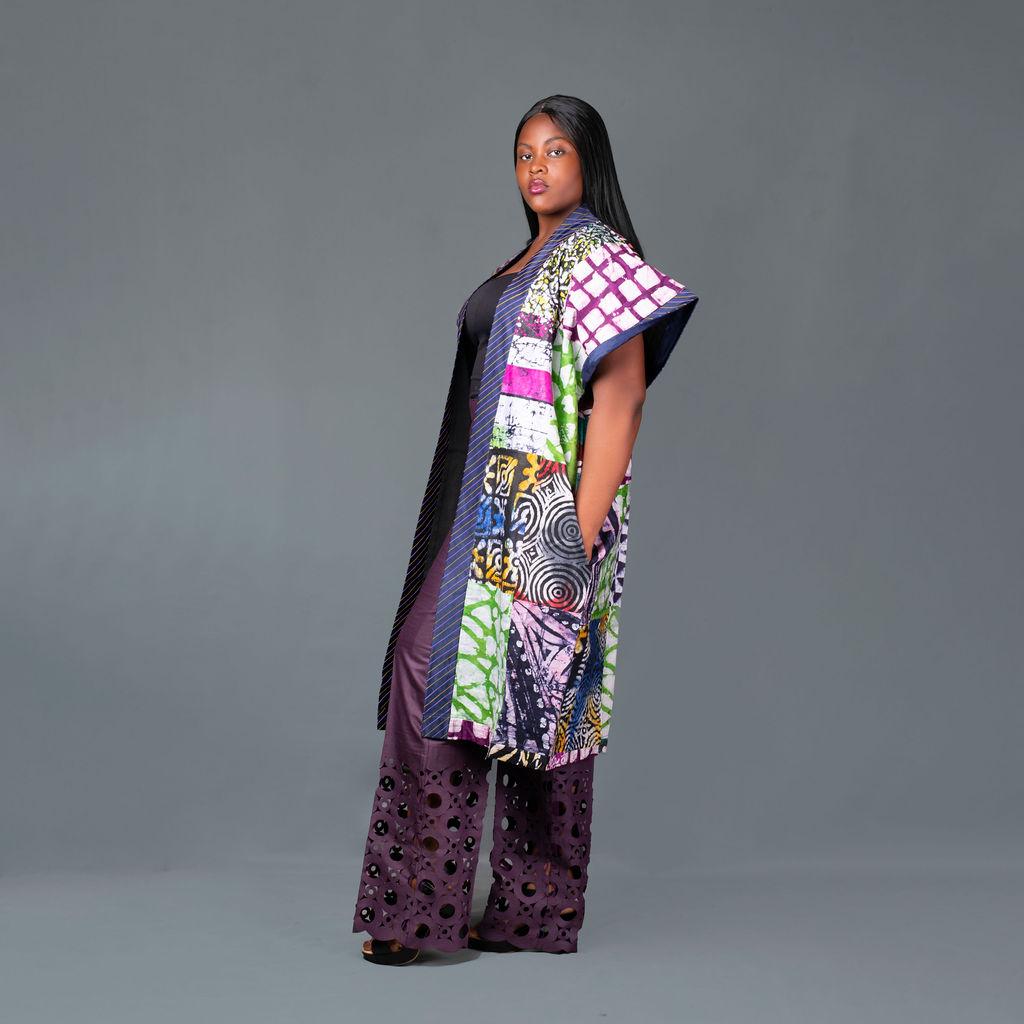
3. Melia by Jade : July Friday 5th, Saturday 6th & Sunday 7th
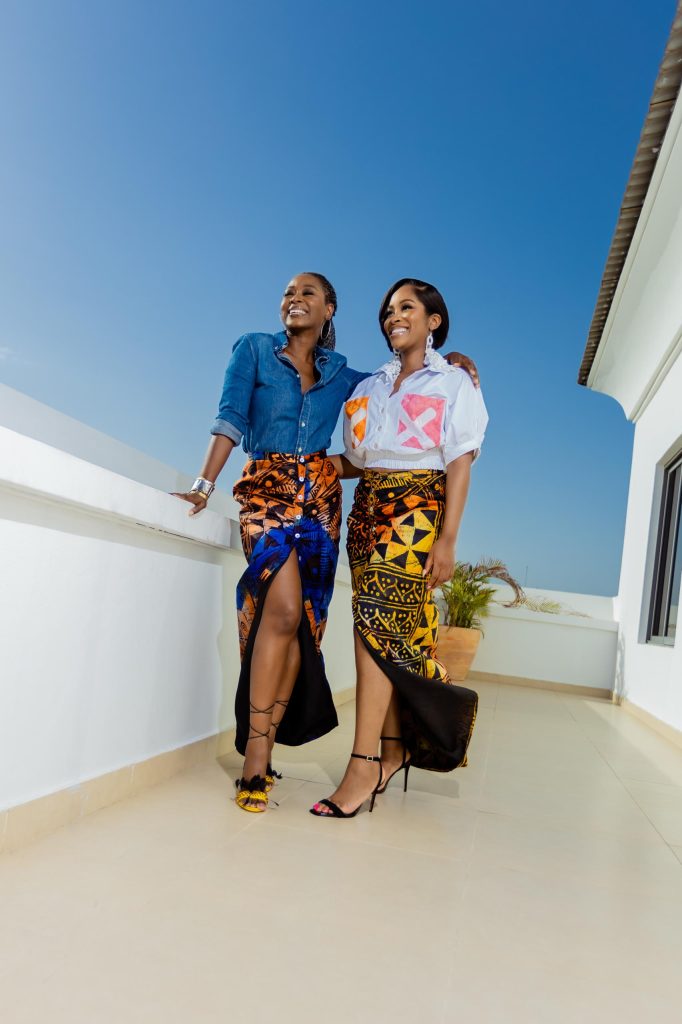
4. GIA 1 Fashion : Saturday July 6th & Sunday 7th 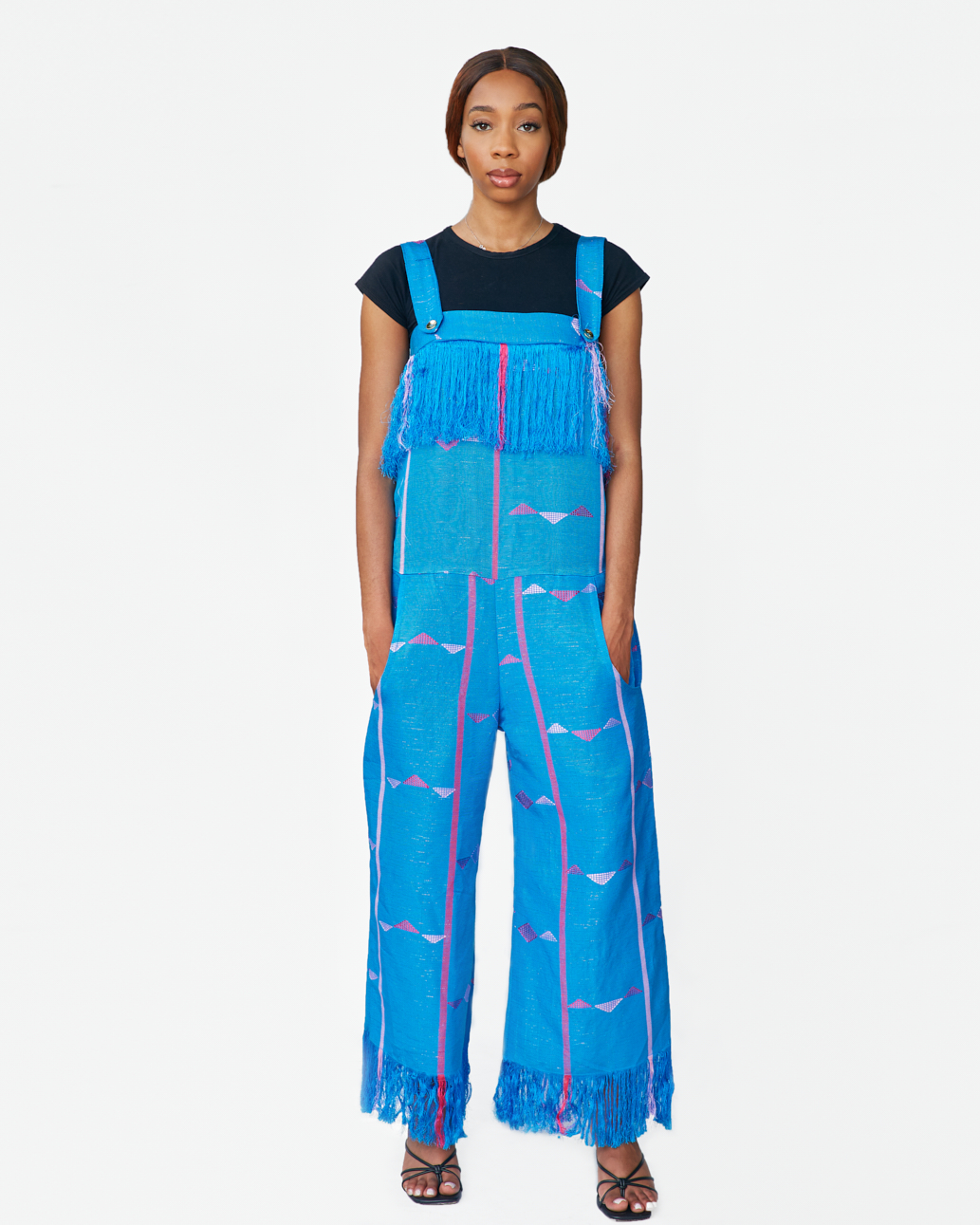
5. MAP Ihekubi : Friday July 5th, Saturday 6th & Sunday 7th
6. Needle Point : Friday July 5th, Saturday 6th & Sunday 7th
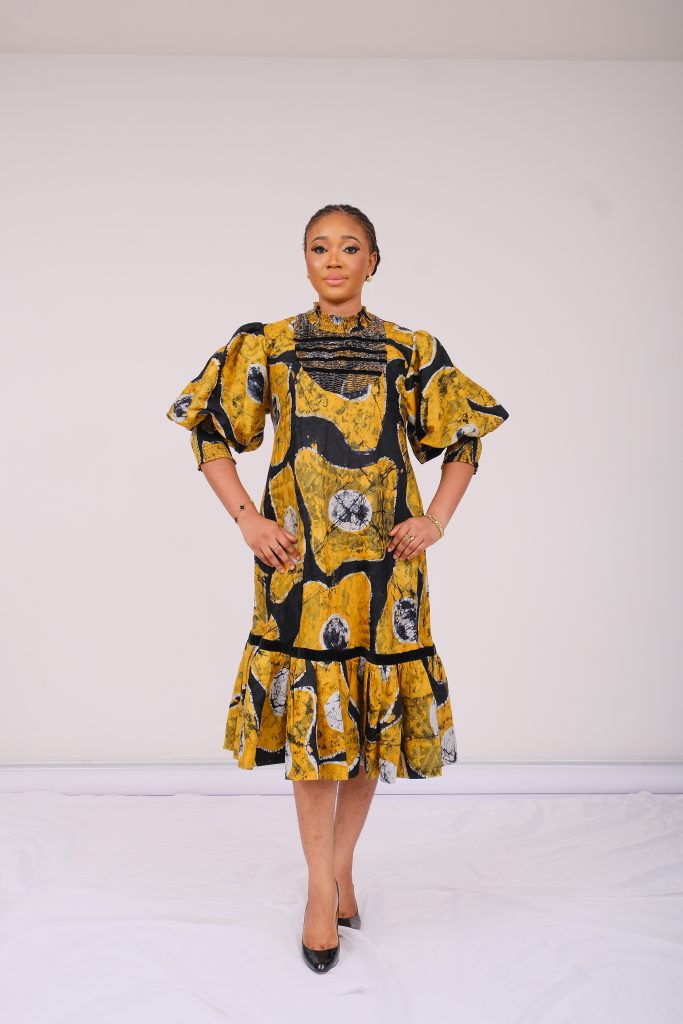
7. Efata by Juba : Thursday July 4th, Friday 5th & Saturday 6th
8. MOT the Label : Friday July 5th, Saturday 6th & Sunday 7th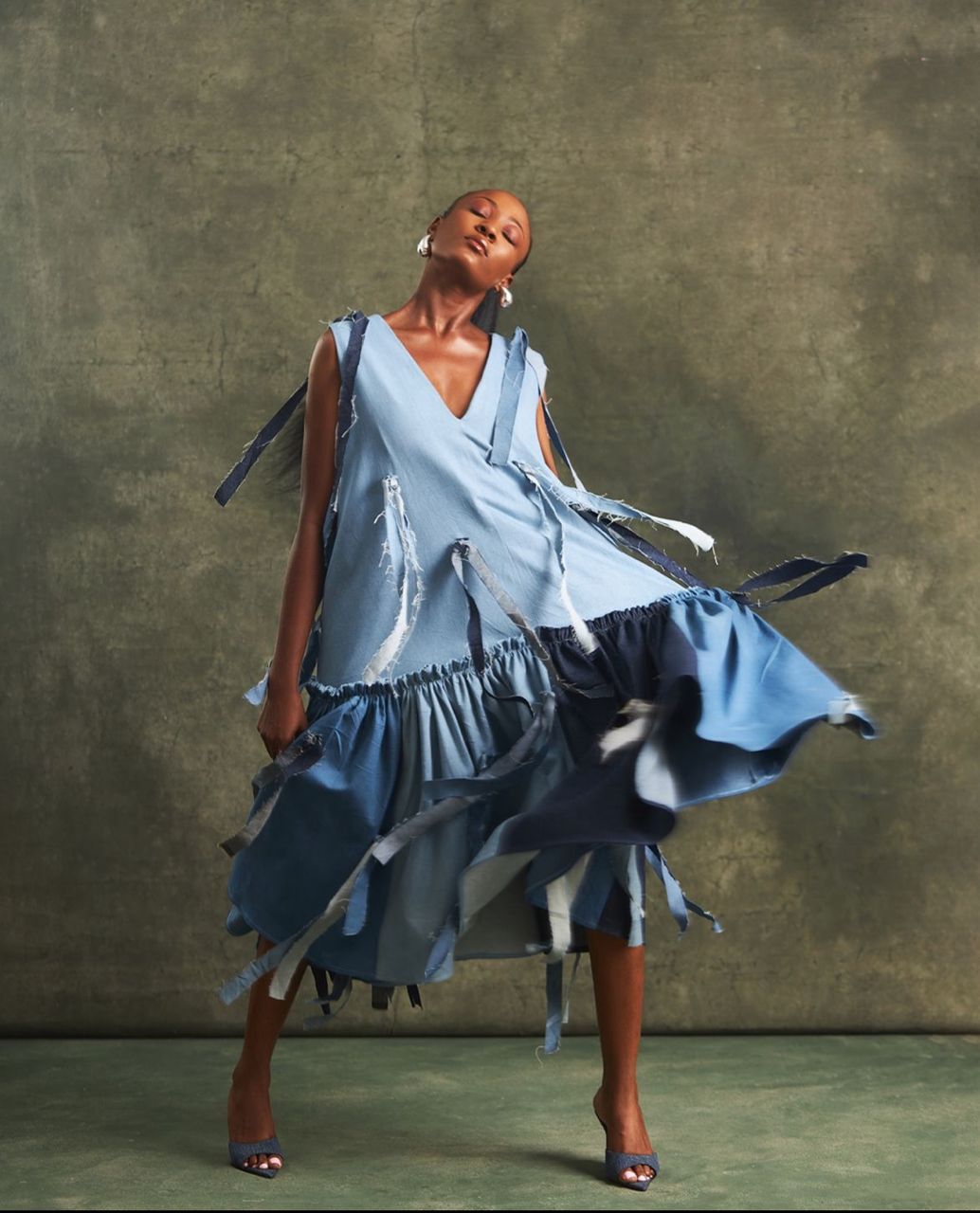
9. Andrew Tabitha : Saturday July 6th & Sunday 7th
10. Teniade Macaulay : Thursday July 4th & Friday 5th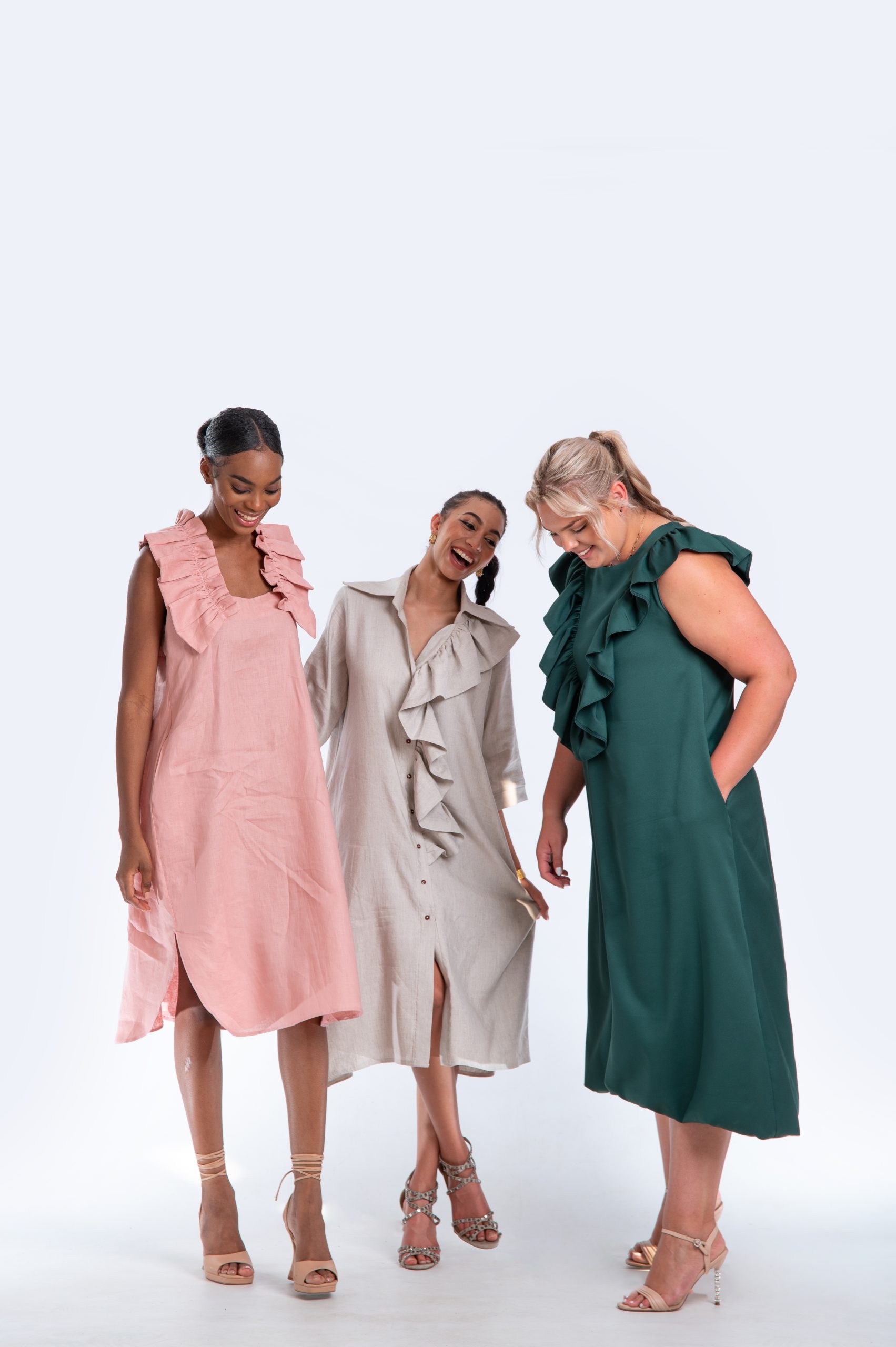
11. Little Weavers : Thursday July 4th, Friday 5th & Sunday 7th 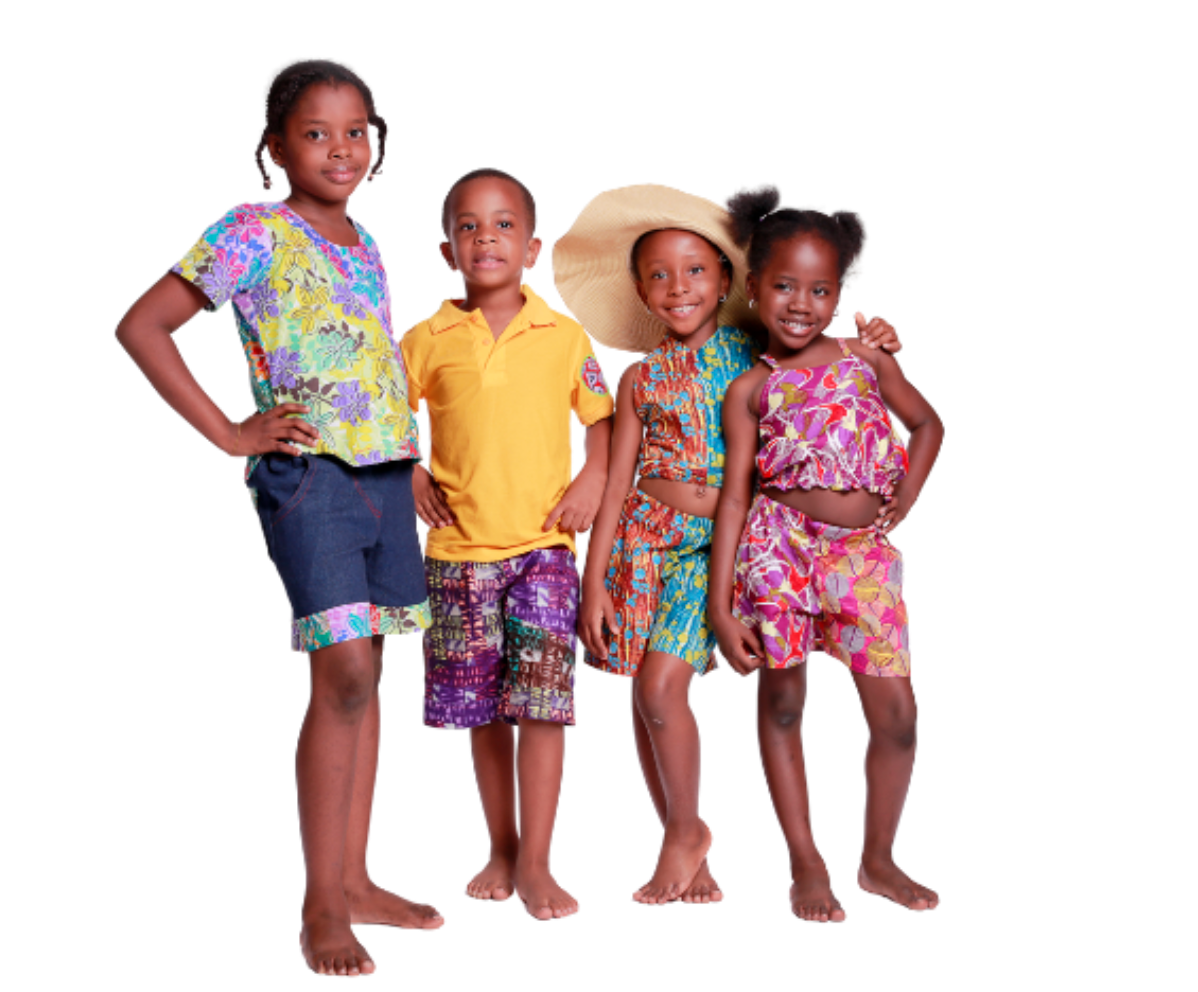
12. Bedazzled n More : Friday July 5th, Saturday 6th & Sunday 7th
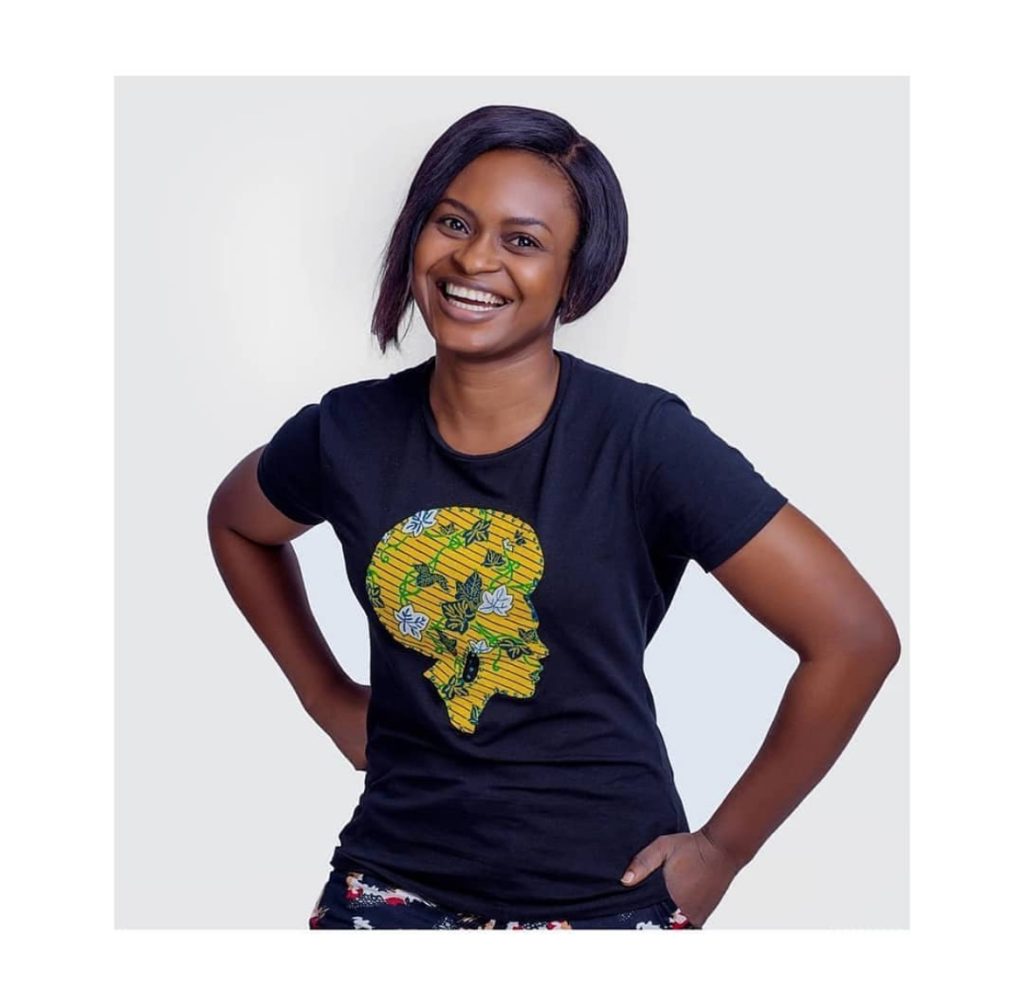
13. Urban Ese : Thursday July 4th & Friday 5th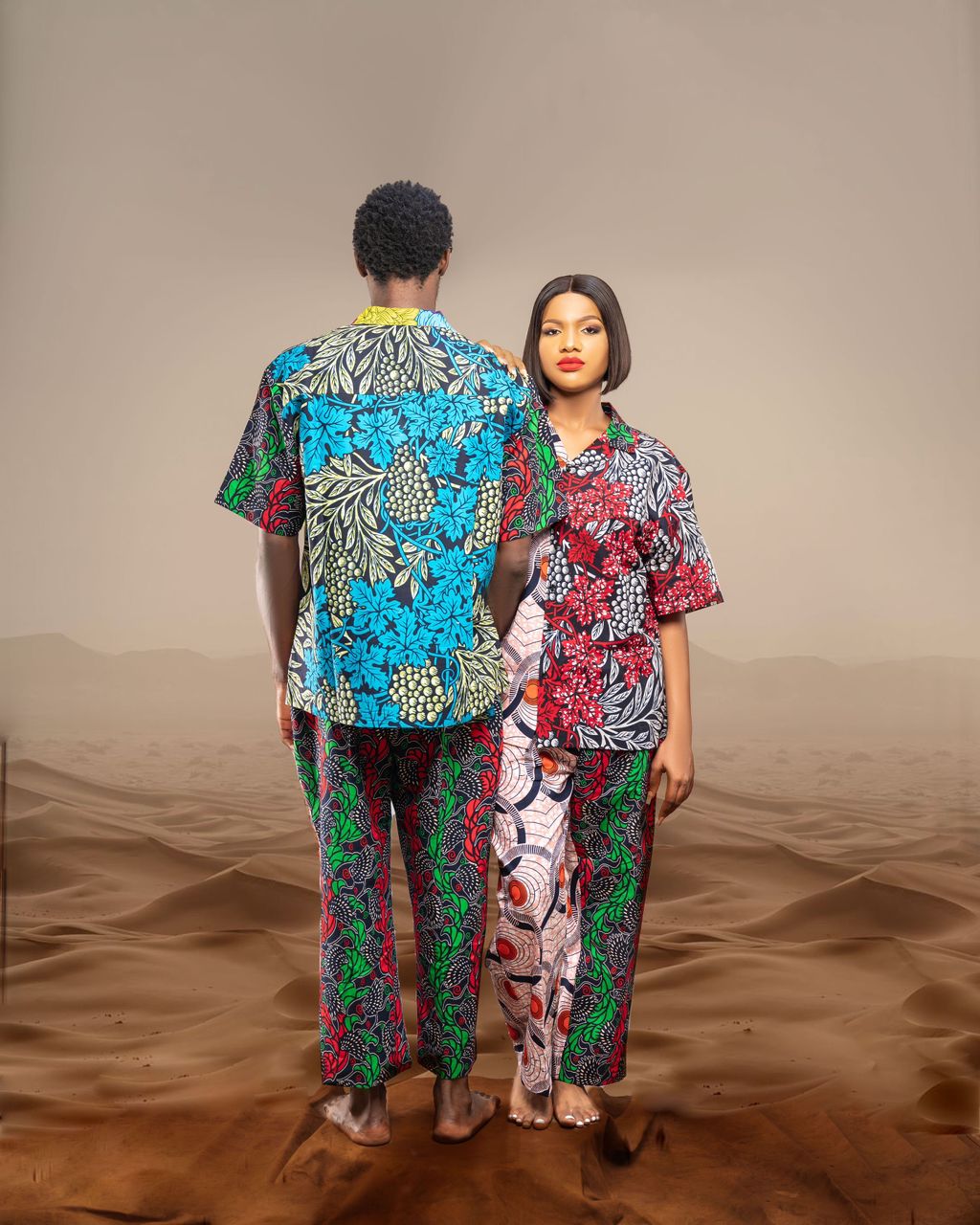
14. Massassi B : Thursday July 4th & Friday 5th
15. Akpos Okudu : Thursday July 4th & Friday 5th
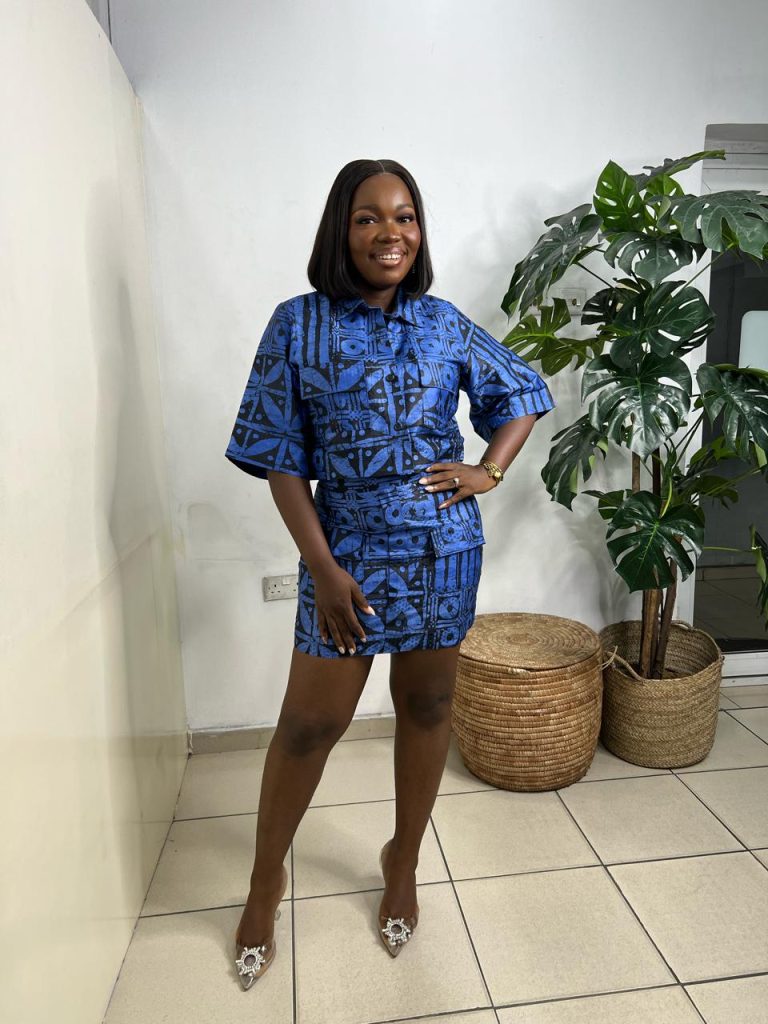
16. Ako Africa : Monday July 8th, Tuesday 9th & Wednesday 10th
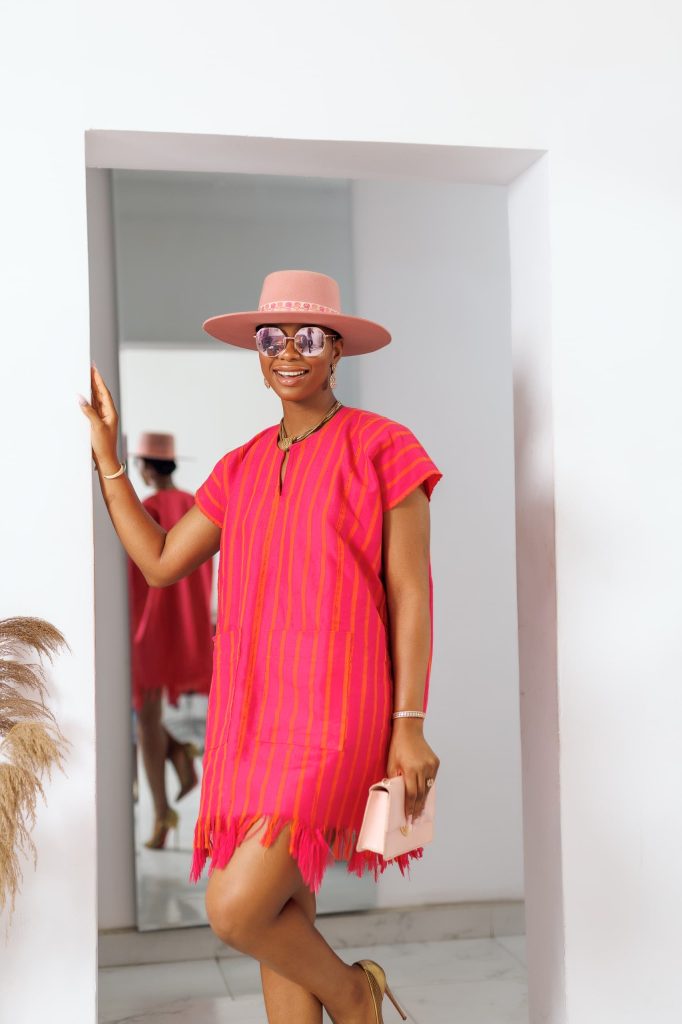
17. Janae Style : Monday July 8th, Tuesday 9th & Wednesday 10th
18. Moofa Studios : Monday July 8th, Tuesday 9th & Wednesday 10th
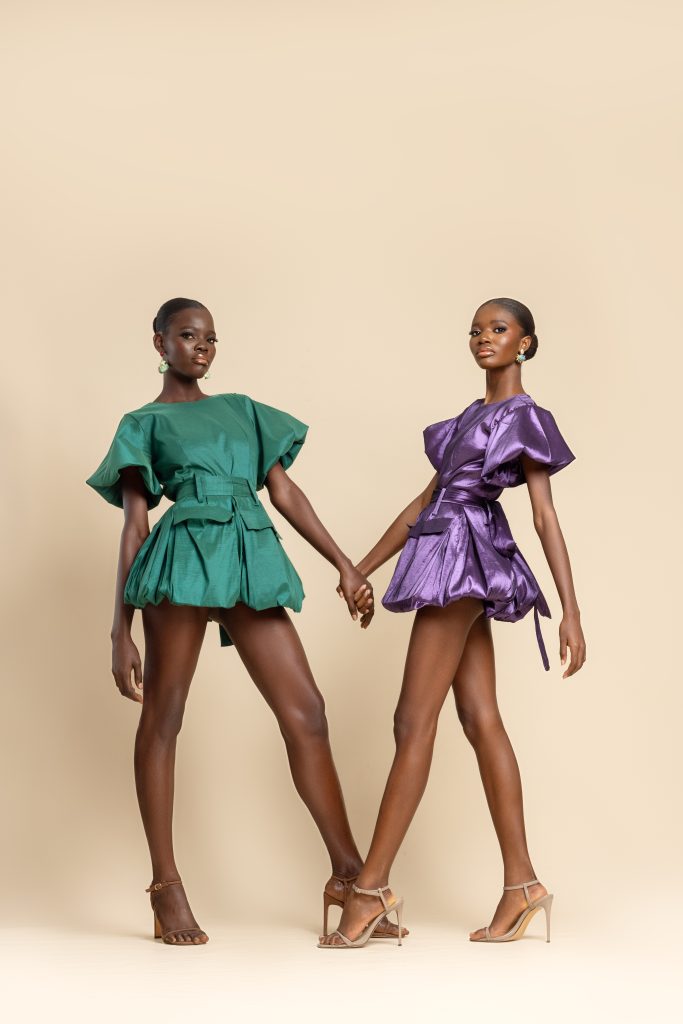
19. Cladini Women and Mini : Sunday July 7th, Monday 8th, Tuesday 9th & Wednesday 10th
20. Jon William : Monday July 8th, Tuesday 9th & Wednesday 10th 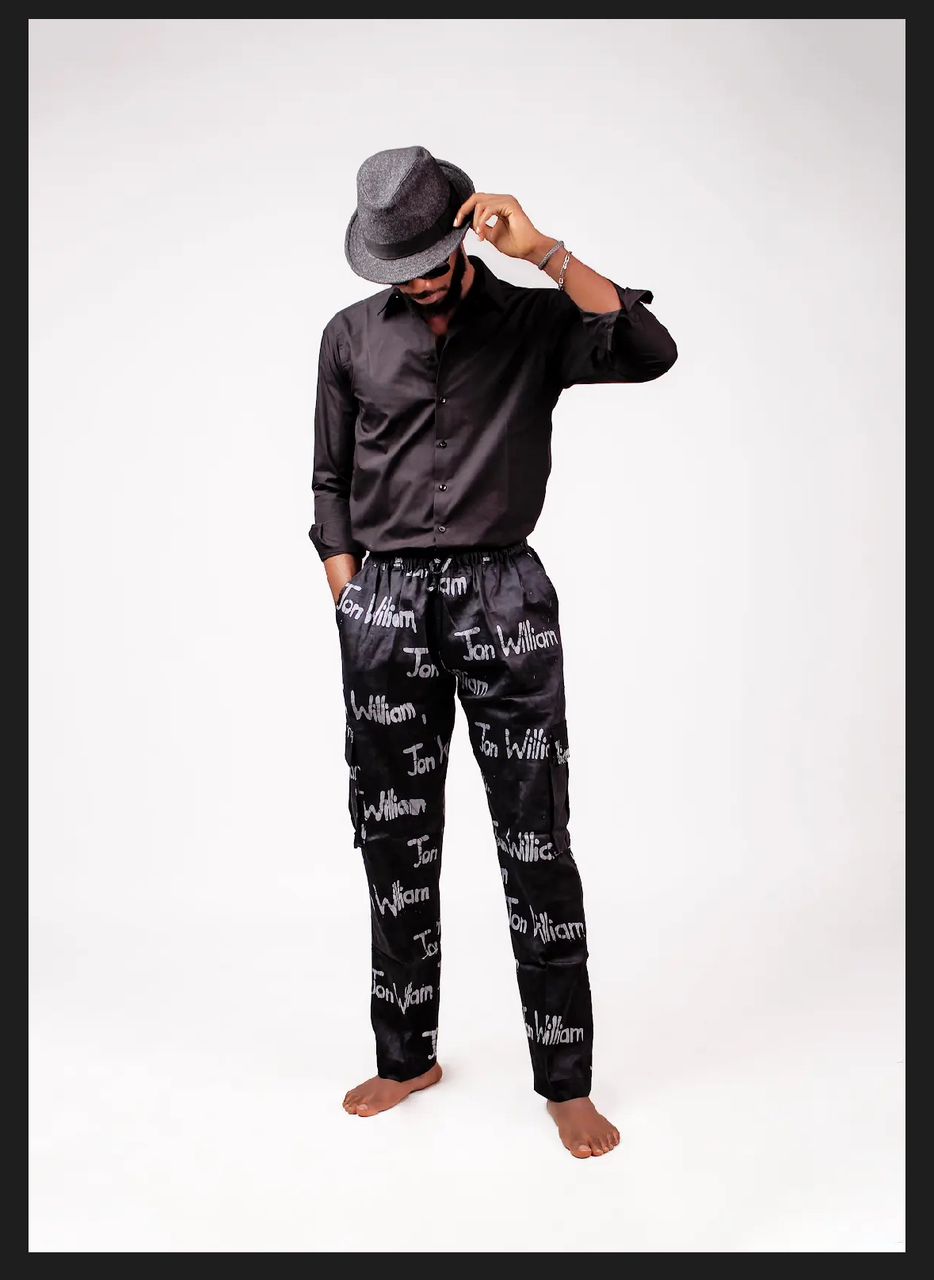
21. Designs by Prelim : Monday July 8th, Tuesday 9th & Wednesday 10th
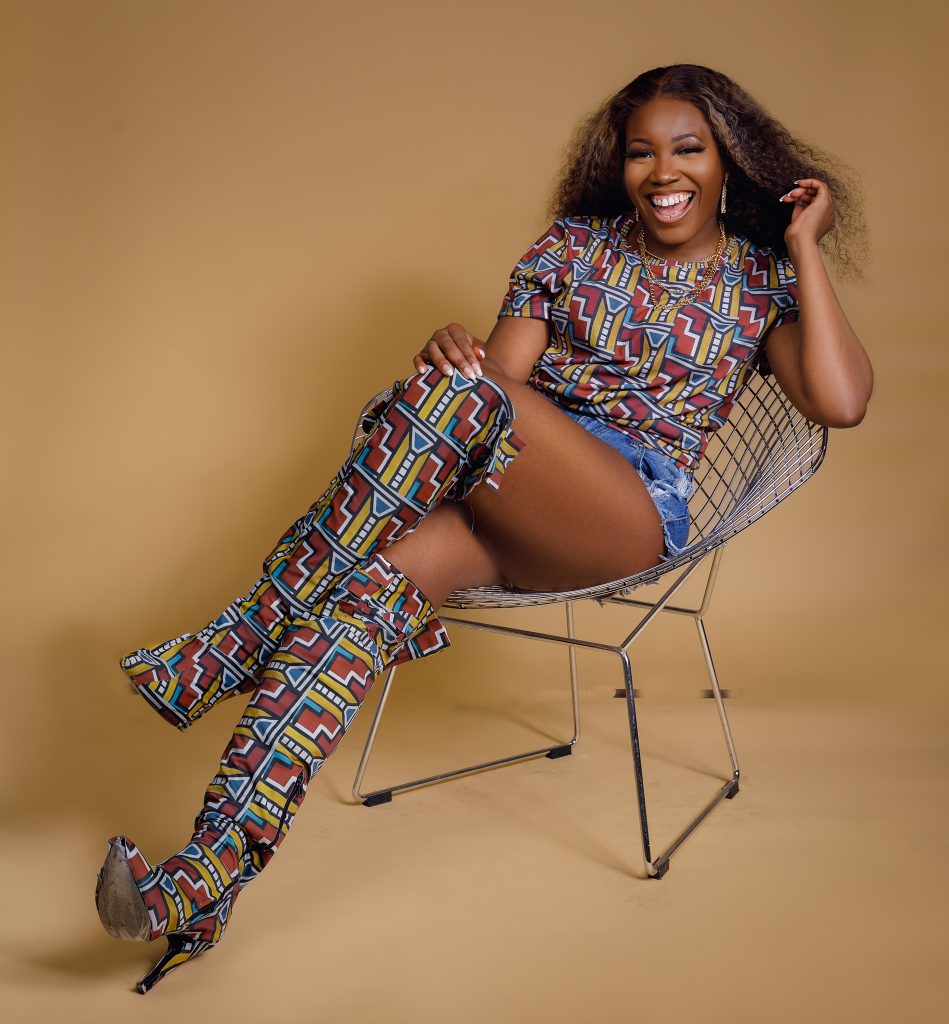
22. Bethan Clothing : Friday July 5th & Saturday 6th
23. IJAN TOLA: Thursday July 4th, Monday 8th, Tuesday 9th & Wednesday 10th
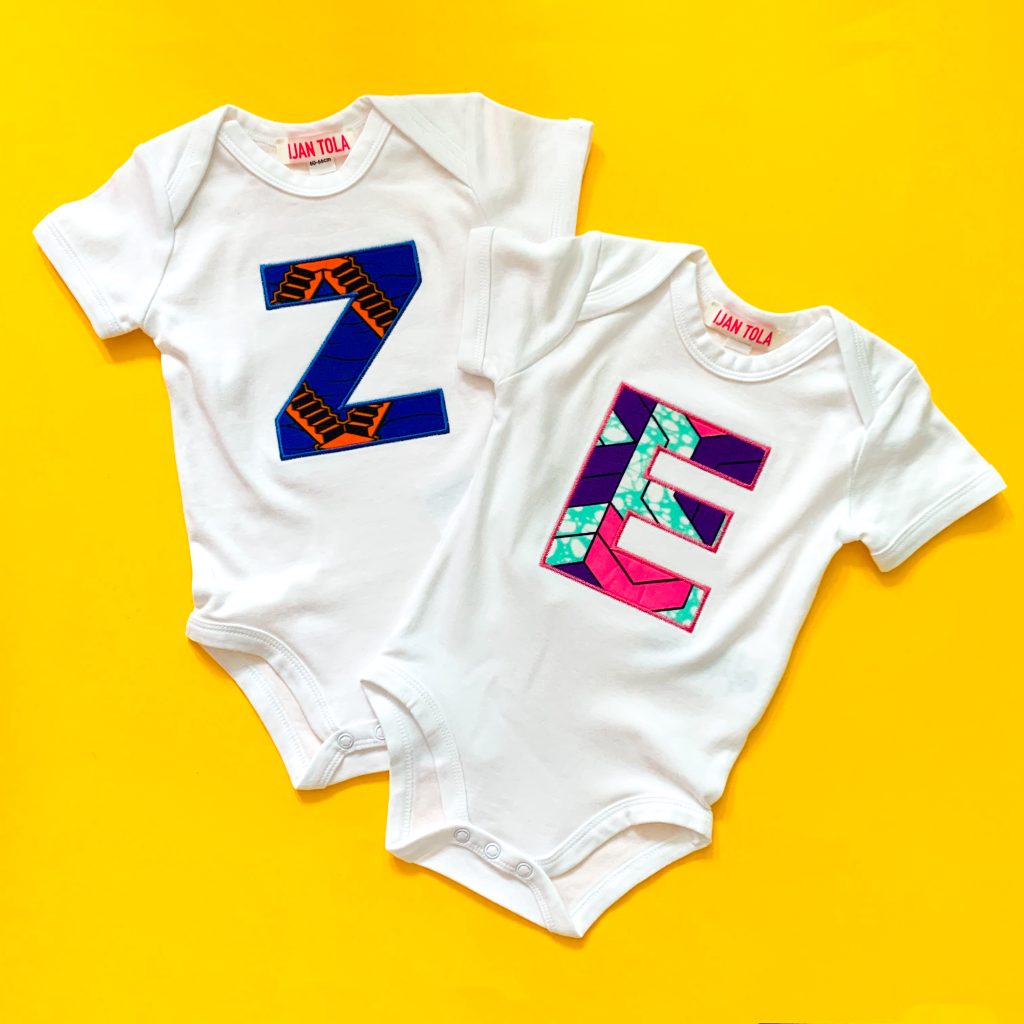
- Reliable Wellness & Self Care Products to Discover By:
- Modara Naturals : Wednesday July 4th, Thursday 5th, Friday 6th & Saturday 7th

- Stunning Accessories from:
- Isura : Saturday July 7th, Sunday 8th, Monday 9th & Tuesday 10th
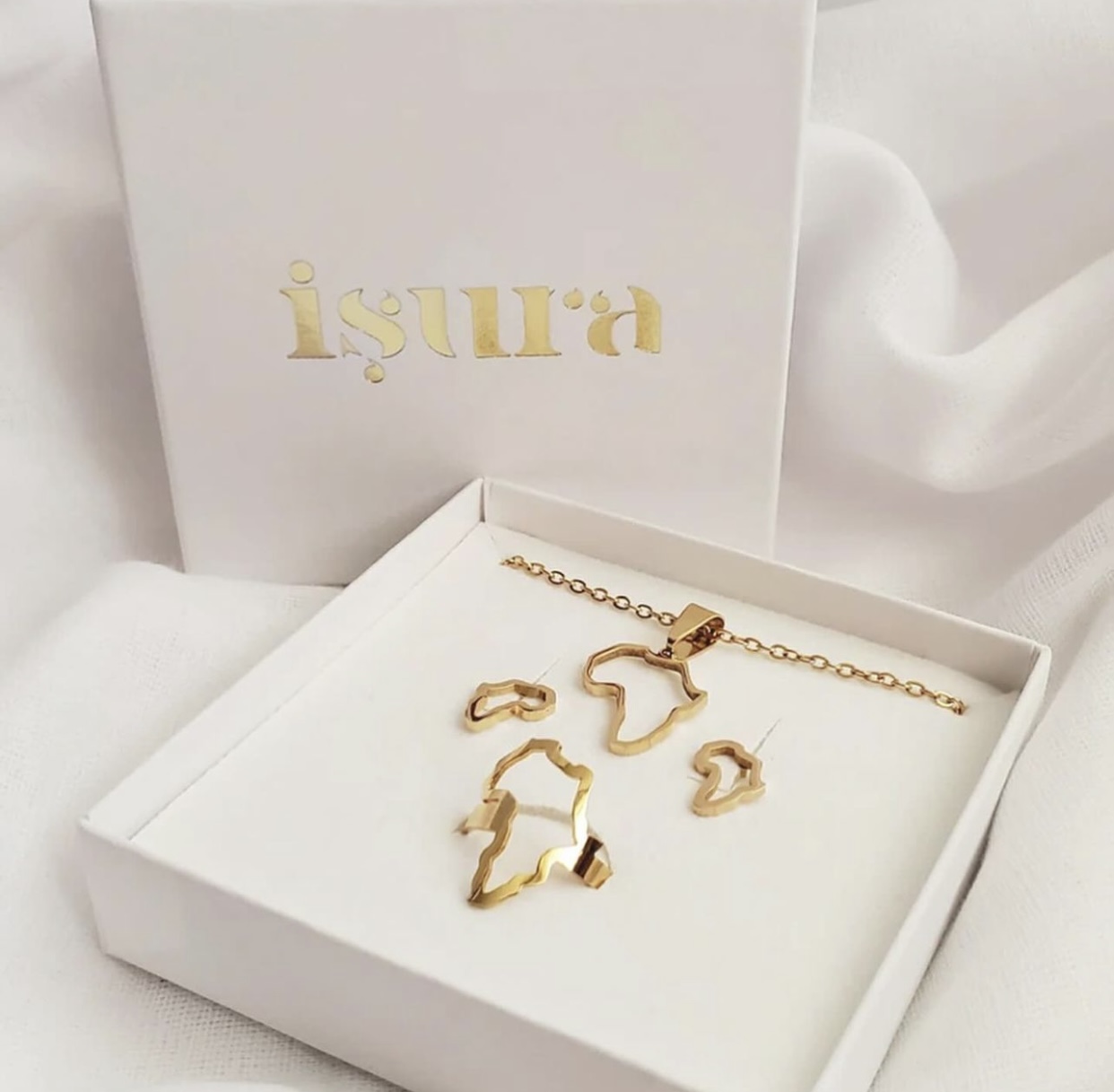
- Sock of A Kind : Wednesday July 4th, Thursday 5th & Friday 6th
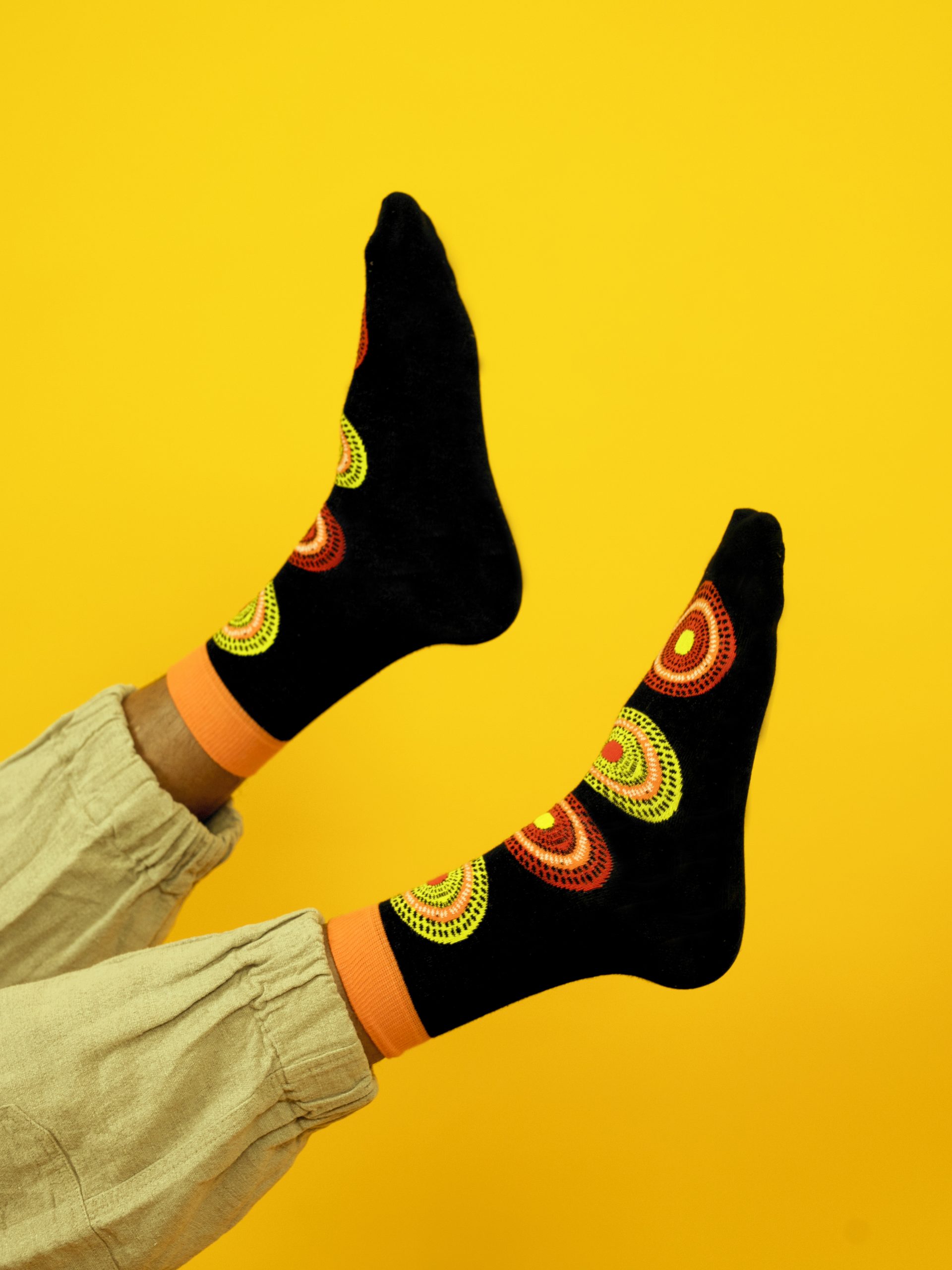
- Accessories by Oreofe : Thursday July 4th, Friday 5th, Saturday 6th, Sunday 7th, Monday 8th, Tuesday 9th & Wednesday 10th
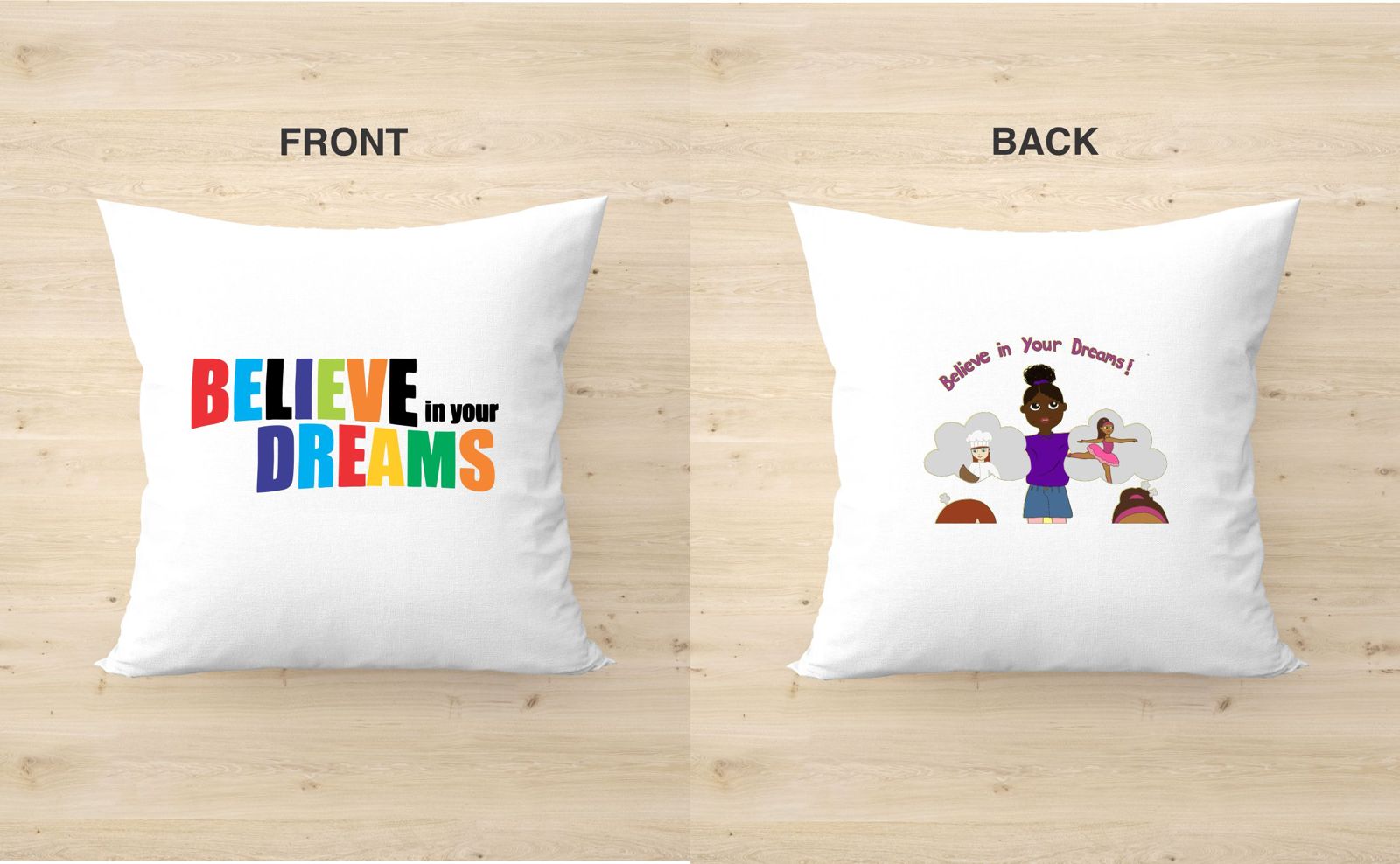
- Zanetta Fashions : Thursday July 4th, Friday 5th & Sunday 7th

- Havva Hamoud : Monday July 8th, Tuesday 9th & Wednesday10th
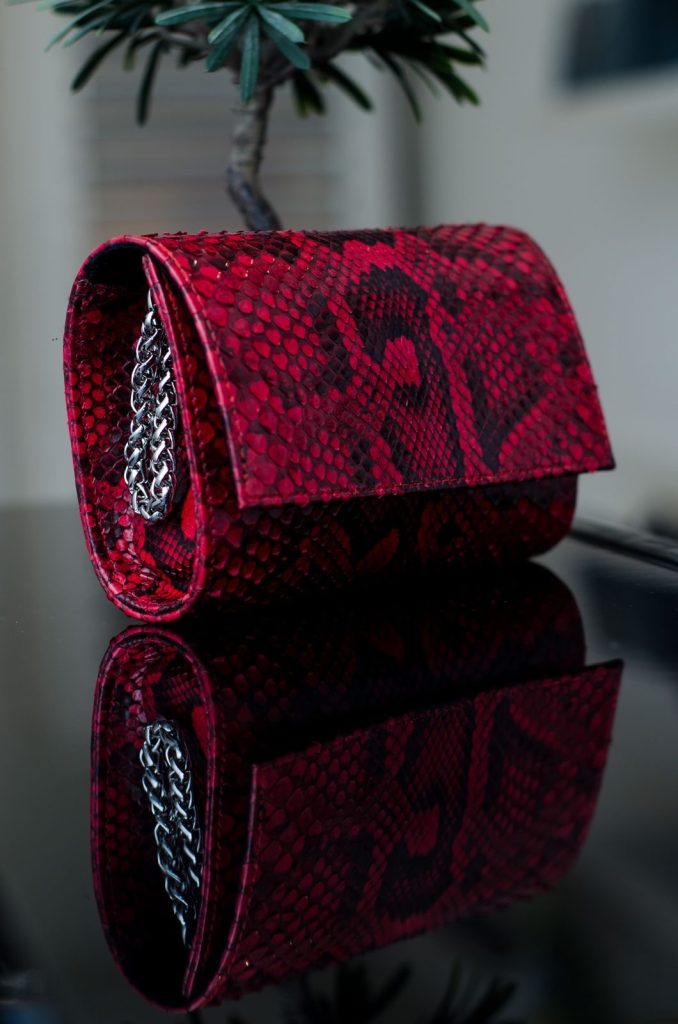
- Upper Klass Boutique : Saturday July 6th & Wednesday 10th

- Ailakoko : Friday July 5th, Saturday 6th & Sunday 7th
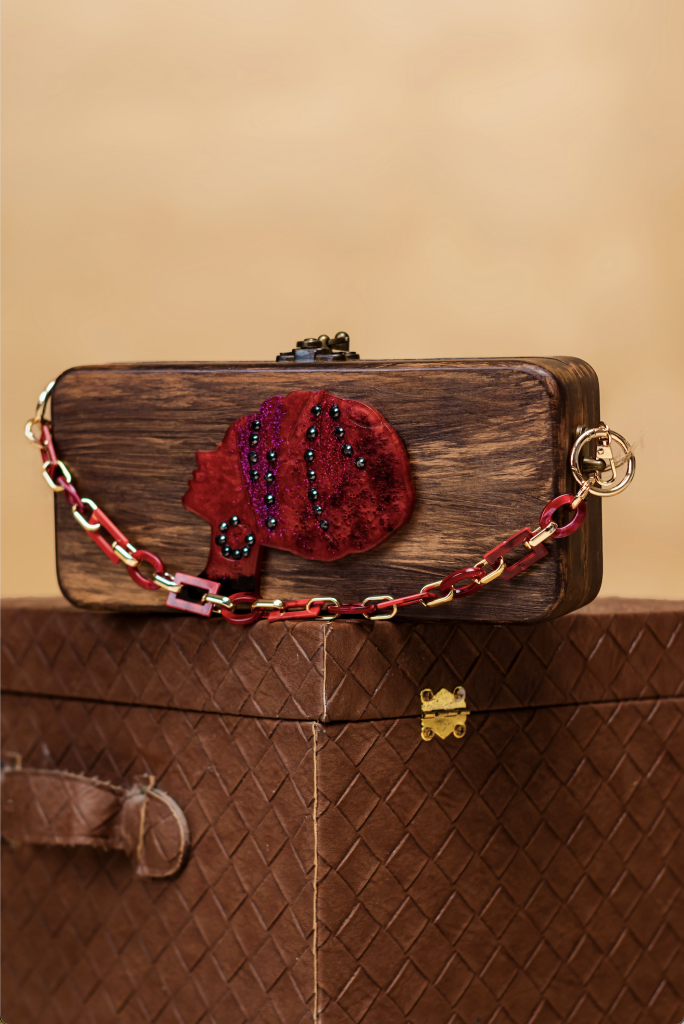
- Accessory Ville: Monday, July 8th, Tuesday 9th & Wednesday 10th

- Beautiful and Affordable Wigs to Add to Your Cart:
- SDL Braided Wigs : Friday July 5th, Saturday 6th & Sunday 7th

- Lifestyle Products to Add to Your Space By :
- Oknolla : Thursday July 4th, Friday 5th, Saturday 6th, Sunday 7th, Monday 8th, Tuesday 9th & Wednesday 10th
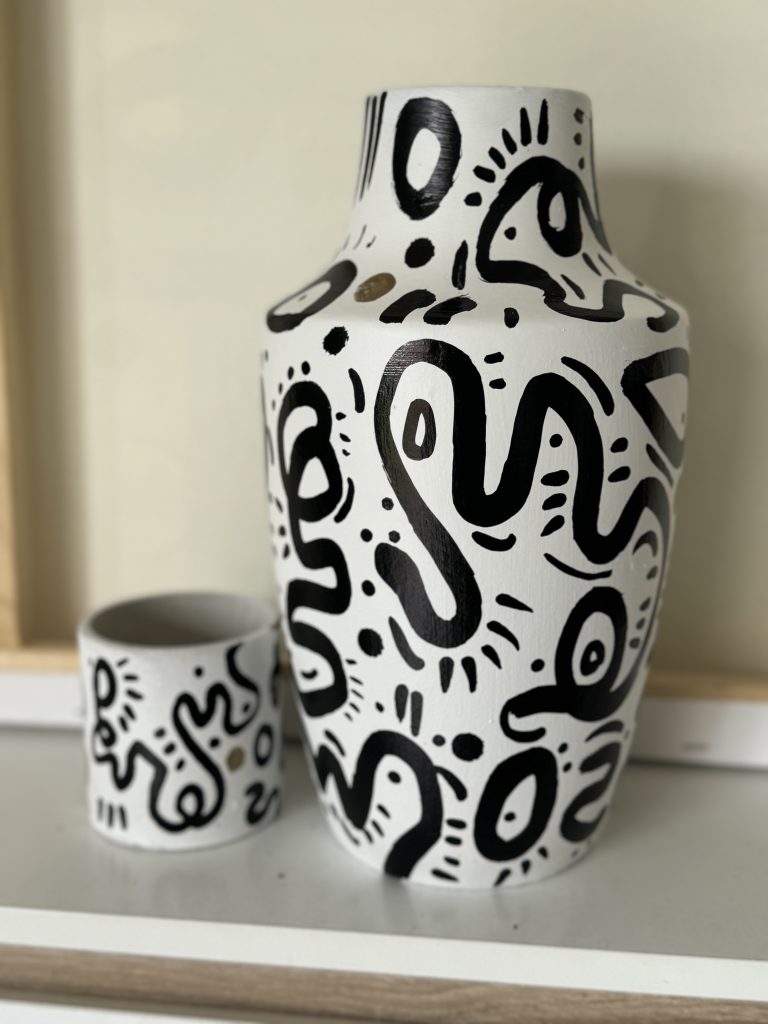
- Young Marys : Thursday July 4th, Friday 5th, Saturday 6th, Sunday 7th, Monday 8th, Tuesday 9th & Wednesday 10th
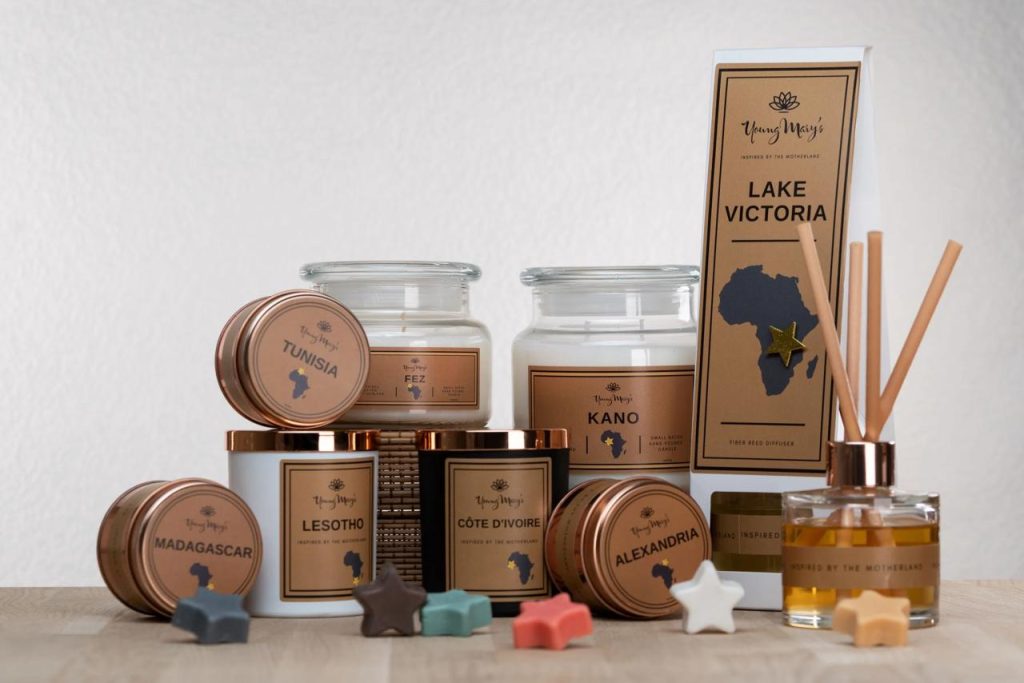
- Explore The Unbelievable Art From The Talented:
- Isaac Emokpae : Thursday July 4th, Friday 5th, Saturday 6th, Sunday 7th, Monday 8th, Tuesday 9th & Wednesday 10th.
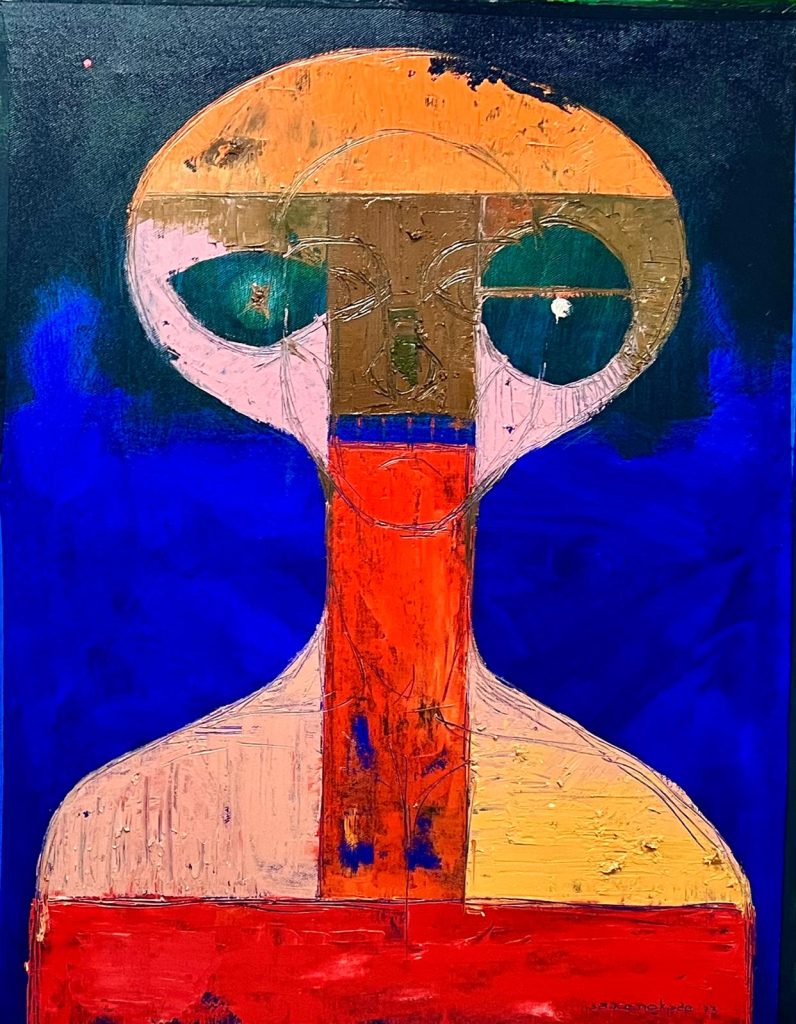
Last year we had an amazing turn out with 21,000+ attendees. This year, we want to break that record and go even higher but we can’t do this without your help. So prepare for an immersive experience into the world of African creativity this July 4th-10th 2024, and RSVP today to secure your spot at TALES: The African Lifestyle Experience.
Yes, first come first serve, you don’t want to miss out on this.
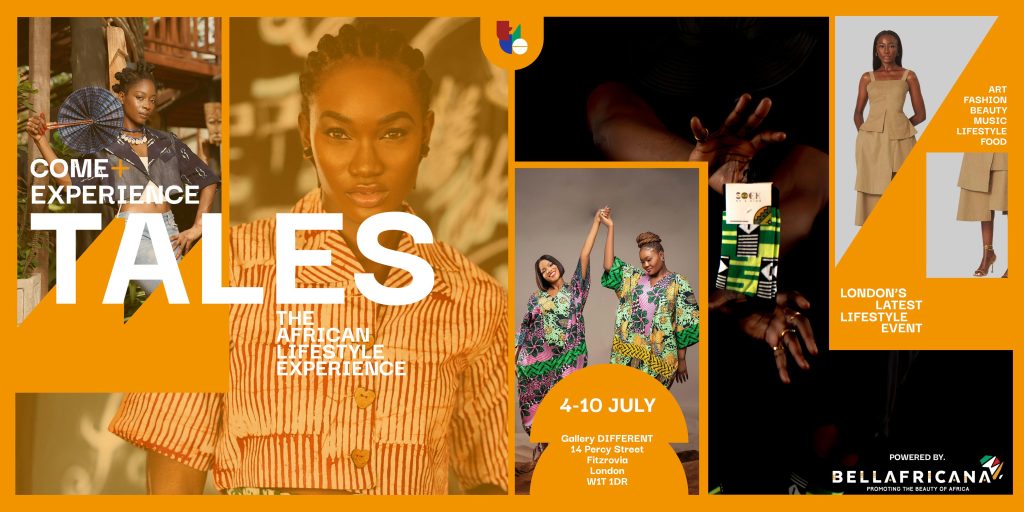
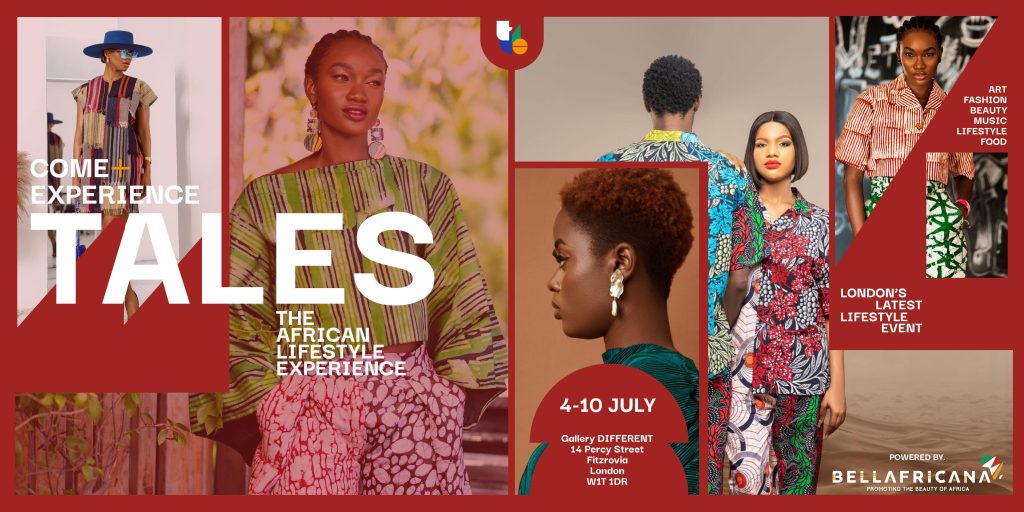
__
If, for some weird reason, you’ve missed hearing about Bellafricana before now, allow us to introduce ourselves:
Bellafricana is more than just a platform; it’s a thriving community of African creatives dedicated to supporting and empowering entrepreneurs in the arts & crafts, fashion, beauty, and home & living industries. Led by our visionary CEO, Bukky Asehinde, we’ve been championing African creativity for over a decade, providing the right business support and structure for our members to thrive in a global market. Essentially, we want to see African creative entrepreneurs win internationally.
At Bellafricana, our mission is clear: to be the premier destination for buyers worldwide seeking quality African-made/inspired products. We uphold the highest standards of business ethics and integrity in every interaction with our members, customers, partners, and employees. Through our dedication to excellence, we not only drive economic progress in Africa but also inspire others to contribute to the continent’s development and social advancement.
We understand the importance of business management in creative enterprises, which is why we provide valuable resources and insights on how to avoid burnout as a creative entrepreneur. Most importantly, we chronicle African creative culture through the distinctive perspective of Africans for a global target audience.
Together, we can make a meaningful difference in the world, starting with Africa.
Summary: Bellafricana is more than just a platform; it’s a vibrant community where African creativity flourishes. Whether you’re an entrepreneur, a buyer, or simply passionate about African culture, there’s a place for you here. Join us on this exciting journey as we continue to empower African creatives and showcase the beauty of our continent to the world.
→ Follow us on social media to stay updated on the latest news, sneak peeks and behind-the-scenes glimpses into TALES. ↓
Join our Instagram community
We’re getting popular on Facebook
Click to connect with us on Linkedin
Join our followers on X (twitter..?)
Subscribe for our Youtube videos
Read some more Articles
__
Thanks for reading. Now that you know all the creatives showcasing at TALES by Bellafricana 2024, I can’t wait for you to come and shop from them. See you at TALES.



